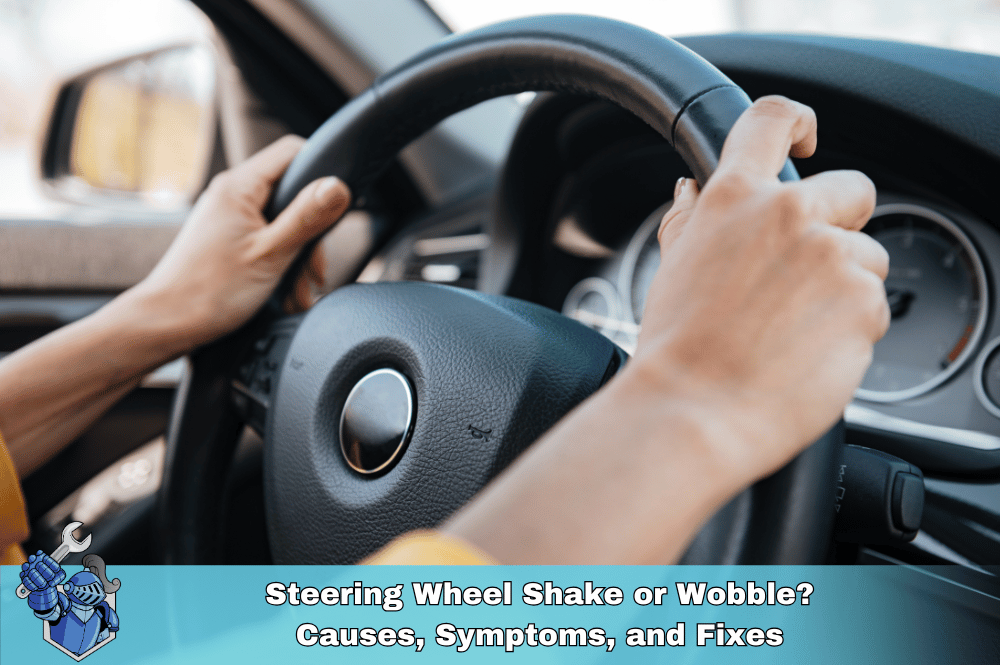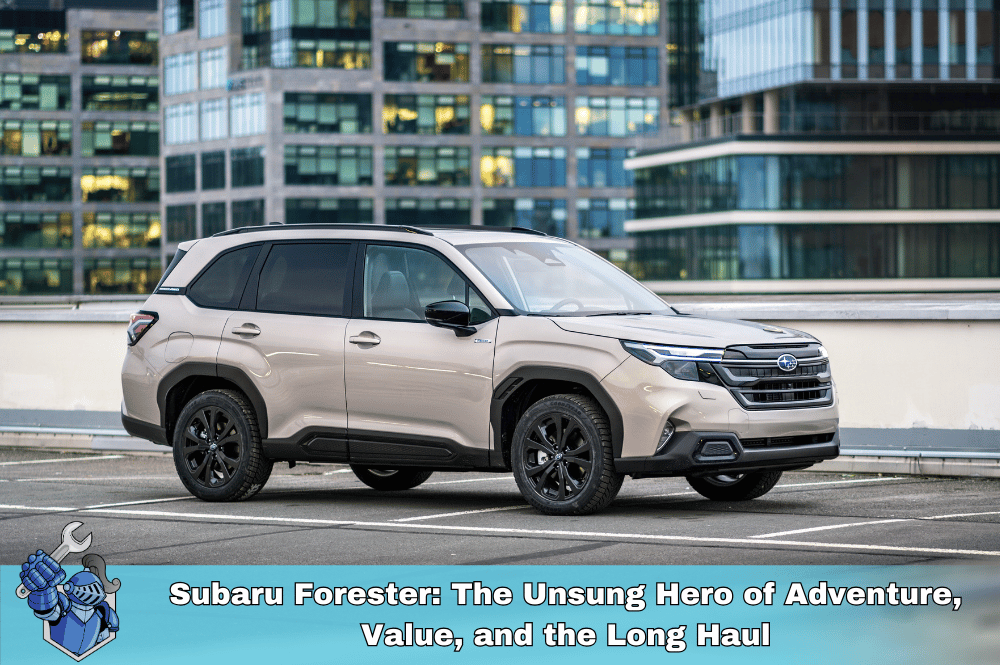No. Without a title, you may not be able to legally register or drive the car. Always ensure the title is clean and in hand before finalizing a purchase.
Buying a used car is a smart financial move—but only if you get the paperwork right. Whether you’re purchasing from a dealership or a private seller, knowing what documents you need can save you from legal headaches, ownership delays, or even fraud. This guide lays out everything you need to know about used car paperwork, so you can drive away with confidence.
Don’t forget to check out our Learning Center for more helpful guides on buying, insuring, and protecting your vehicle.
Why Used Car Paperwork Matters
When you're buying a used vehicle, the car itself is only half the equation. The other half? The documents. Used car paperwork ensures your purchase is legal, your title is clean, and you're fully protected as the new owner. From title transfer to bill of sale and odometer disclosures, each document plays a role in helping you buy smart.
The Complete Used Car Paperwork Checklist
Here’s what you need to successfully complete a used car transaction—whether you're buying from a dealership or a private seller:
1. Vehicle Title
The title is the most essential document in any car sale. It proves ownership and must be transferred to you at the time of purchase.
- What to check:
- The seller’s name matches their ID
- No liens are listed (unless they have a lien release form)
- The title is not branded as "salvage," "rebuilt," or "flood-damaged" unless you're aware and accepting of the risk
Pro tip: Use the National Insurance Crime Bureau’s VIN check to confirm the car isn’t stolen or severely damaged.
2. Bill of Sale
This document confirms the details of the sale. While not always legally required, it’s strongly recommended and often required to register the vehicle.
- What to include:
- Buyer and seller info
- Vehicle details (VIN, make, model, year)
- Sale price
- Odometer reading
- Date of sale
- Signatures of both parties
If you’re wondering "Do I need a bill of sale to buy a used car?"—the answer is yes, especially if buying from a private seller.
3. Odometer Disclosure Statement
Required under federal law for most vehicles under 10 years old. This verifies the odometer reading at the time of sale to prevent fraud.
- Often included on the title
- Or a separate odometer disclosure form is used
Why it matters: Rolling back an odometer is illegal. This form protects you from odometer fraud.
4. Vehicle History Report
Before you buy, request a vehicle history report from services like Carfax or AutoCheck.
- Reveals past accidents, title issues, mileage history, ownership history, and more
- Helps you avoid buying a flood-damaged or salvaged vehicle
Learn more: How to read a vehicle history report
5. Lien Release
If the car was financed and the seller hasn’t fully paid it off, the lienholder still technically owns it. You need a lien release letter to register it in your name.
- Should come from the bank or lender
- Must be original and signed
6. As-Is Agreement or Warranty Documents
Most used cars are sold “as-is,” meaning you accept the car in its current condition with no guarantees. However:
- If it includes a used car warranty, ask for the coverage details in writing
- Dealer sales should include a Buyers Guide window sticker indicating whether the car is sold "as-is" or with a warranty
Want protection after the sale? Get a used car extended warranty quote from NobleQuote and drive with peace of mind.
7. Emissions Test / Smog Certificate
Depending on your state, a current emissions test or smog certificate may be required to transfer title or register the vehicle.
- Check your local DMV requirements
- In some states, the seller must provide this before the sale
8. Proof of Insurance
You’ll need insurance coverage before registering the car. Some states require proof of insurance before you can even drive it off the lot.
- Compare quotes in advance
- Consider bundling with extended vehicle protection for complete coverage
9. Registration Paperwork
After the sale, you’ll need to register the car in your name. You may need:
- Completed title and bill of sale
- Application for Registration form
- Proof of insurance
- Valid ID
- Emissions/smog test certificate (if required)
- Payment for registration fees
Used Car Paperwork for Private Sales vs Dealerships
From a Dealership
Buying from a dealer usually includes:
- Title and title transfer
- Bill of sale
- Buyers Guide window sticker
- Temporary registration
- Tax and fee documentation
- Any used car warranty documents offered
From a Private Seller
Here’s what to expect:
- Seller hands over the signed title
- A bill of sale may need to be created
- You must handle registration, insurance, and any emissions test
For private used car sale paperwork, it's your responsibility to make sure the title is clean, the odometer disclosure is accurate, and the VIN matches.
Common Mistakes to Avoid
- Forgetting the lien release: You can’t register the vehicle without it
- Skipping the bill of sale: Leads to disputes or registration issues
- Not verifying the VIN: Make sure it matches across title, bill of sale, and dashboard
- Buying without a title: You might never be able to register or legally own the car
- Ignoring “as-is” disclaimers: You could be stuck with hidden mechanical issues
Noble Quote Tip: Add Extra Protection
The paperwork process may end when you register your vehicle—but the road ahead is full of surprises. From failed sensors to transmission issues, a used car can leave you with major bills unless you’re covered.
That’s where Noble Quote comes in.
We offer:
- Flexible, affordable used car warranty plans
- Fast claims and nationwide coverage
- Rental reimbursement and roadside assistance
- Coverage even for high-mileage or older vehicles
Get your extended warranty quote today—because paperwork is just the beginning of smart ownership.
Final Thoughts
Buying a used car doesn’t have to be stressful—if you know your paperwork. Whether you're buying from a dealership or a neighbor down the block, following this used car paperwork checklist can help you avoid scams, secure ownership, and enjoy the ride.
Need coverage for what comes next? Let Noble Quote help you protect your vehicle, your budget, and your peace of mind.
Honest Answers to Common Used Car Paperwork Questions
Can I buy a used car without a title?
How do I transfer the title of a used car?
The seller signs the title over to you. You then take it, along with the bill of sale and other required documents, to your local DMV to register it in your name.
What paperwork do I need to buy a used car?
You’ll need the signed title, a bill of sale, odometer disclosure (if under 10 years old), and proof of lien release if applicable. You’ll also need registration documents and insurance to complete the process.
Do I need a bill of sale to buy a used car?
Yes. While some states don’t legally require it, a bill of sale protects both buyer and seller and may be necessary to register the vehicle.
What is an odometer disclosure statement?
It’s a document confirming the vehicle’s mileage at the time of sale. It helps prevent fraud and is required for most vehicles under 10 years old.
What’s the difference between buying from a dealer vs private seller?
Dealers handle most paperwork for you and often include a limited warranty. Private sales are usually “as-is,” and you’re responsible for all documents and registration.
How can I check if a used car title has a lien?
Use the VIN to check with your state DMV or request a vehicle history report through services like Carfax or AutoCheck.
What does “as-is” mean when buying a used car?
It means the seller is not responsible for any repairs after the sale. You accept the car in its current condition—problems and all.
What paperwork is needed to buy a used car privately?
You’ll need a signed title, a bill of sale, odometer disclosure (if applicable), and a lien release if the car was financed. You’ll also need to arrange insurance and registration.
Where can I get a bill of sale for a used car?
You can download free templates from your state’s DMV website or legal form providers like eForms or Rocket Lawyer.
Suggestions for you
Read MoreLet’s work together
Every week we showcase three charitable organizations that our donations are sent to. Our clients are able to choose which of these three will receive their gift when they add coverage to their vehicle...

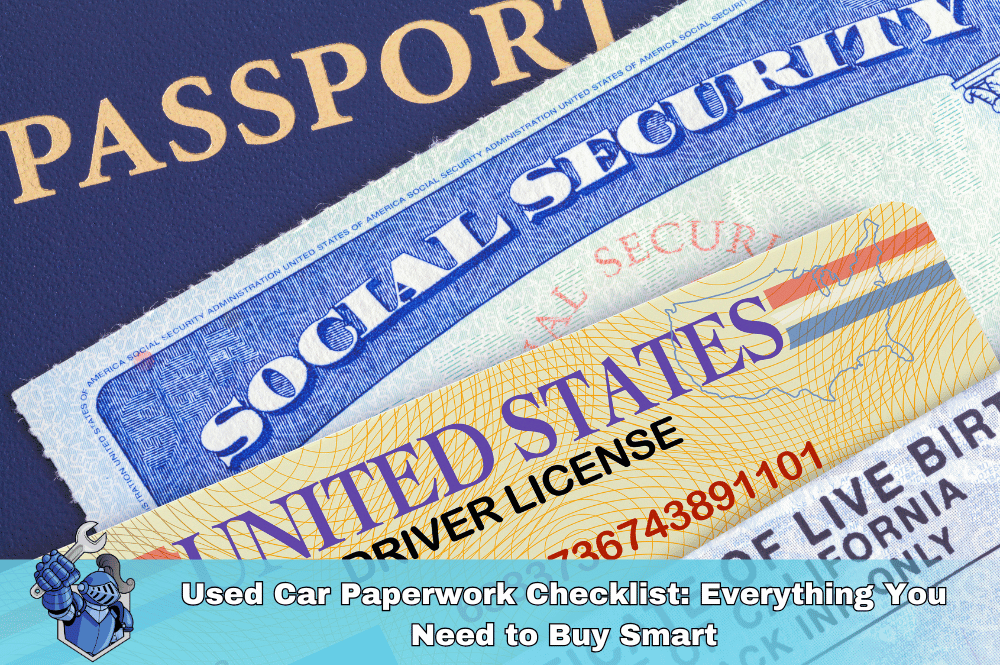
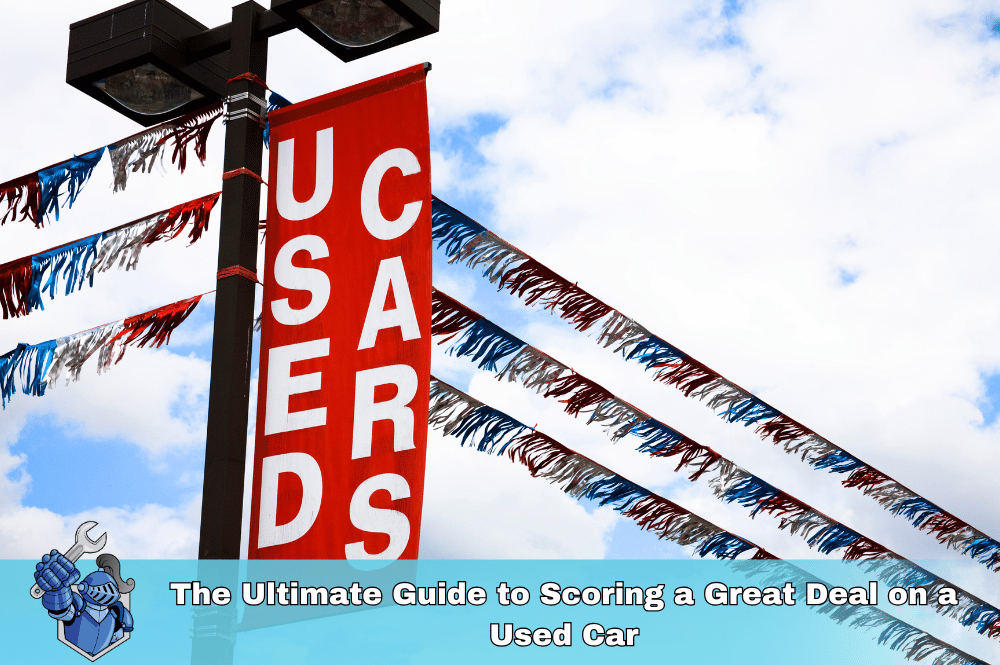 The Ultimate Guide to Scoring a Great Deal on a Used Car
The Ultimate Guide to Scoring a Great Deal on a Used Car Unlock Your Dream Ride: The Ultimate Guide to Scoring a New Car Deal
Unlock Your Dream Ride: The Ultimate Guide to Scoring a New Car Deal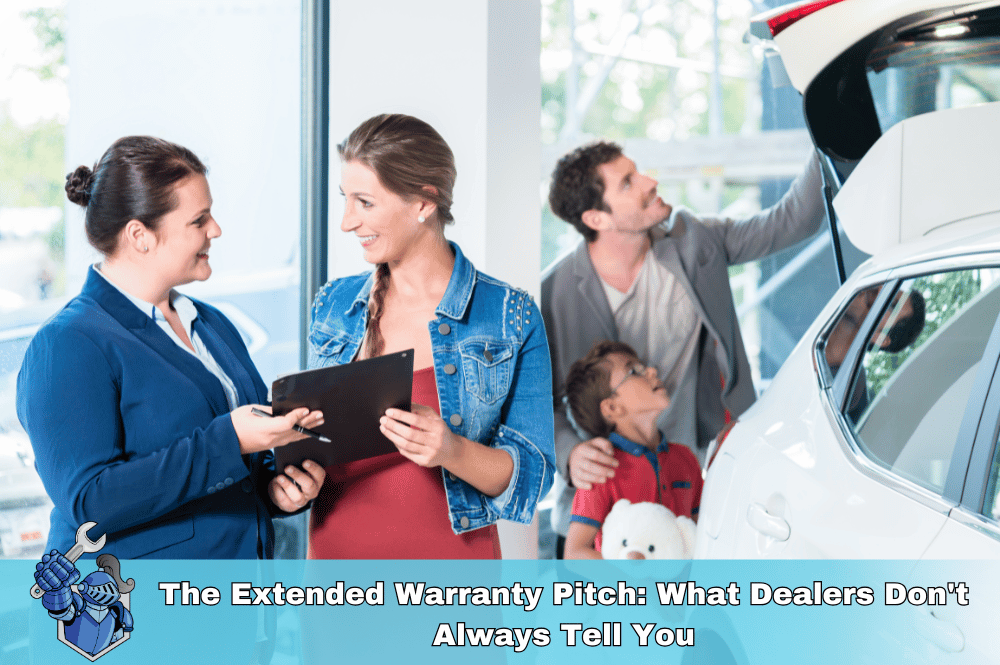 The Extended Warranty Pitch: What Dealers Don't Always Tell You
The Extended Warranty Pitch: What Dealers Don't Always Tell You Affordability Crisis: How Rising Costs are Putting the Brakes on Car Sales
Affordability Crisis: How Rising Costs are Putting the Brakes on Car Sales Slate’s Electric Entry: A Deep Dive into the New Automotive Truck
Slate’s Electric Entry: A Deep Dive into the New Automotive Truck Save More, Stress Less: Family Budgeting Tips That Work
Save More, Stress Less: Family Budgeting Tips That Work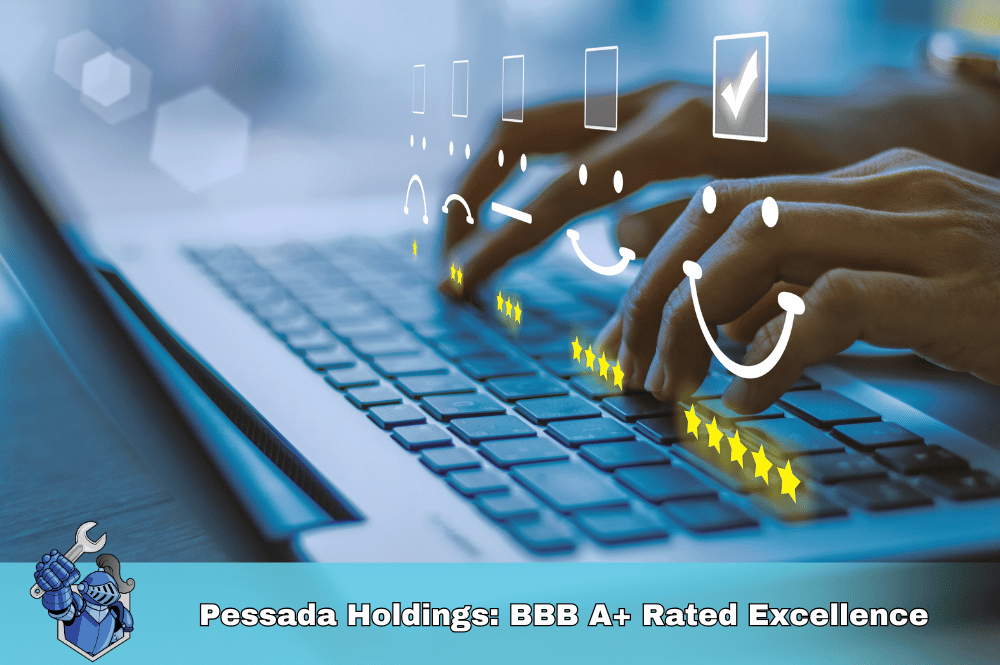 Pessada Holdings: BBB A+ Rated Excellence
Pessada Holdings: BBB A+ Rated Excellence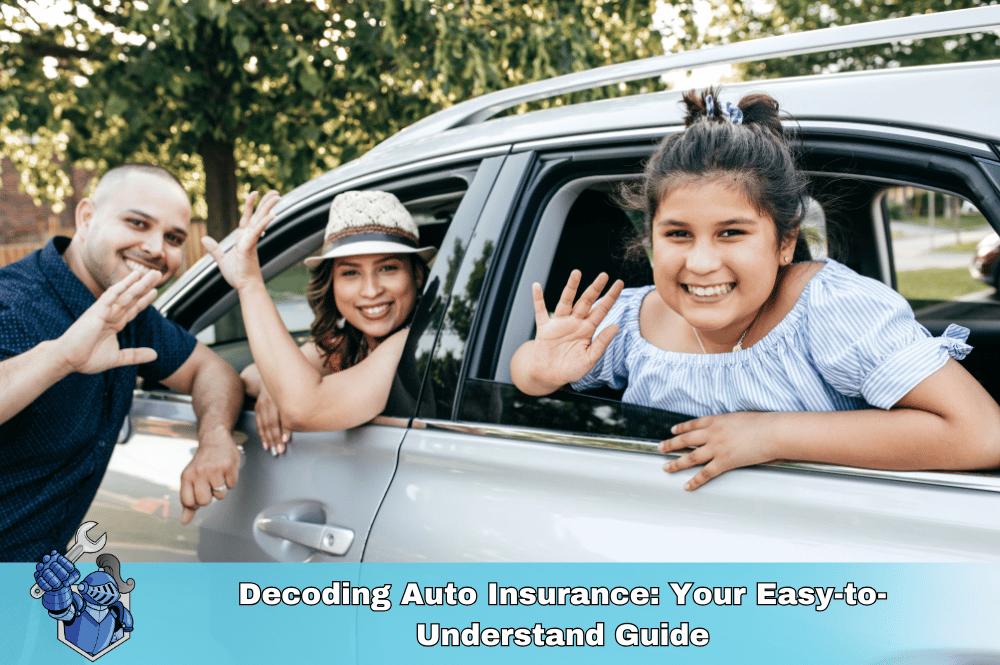 Decoding Auto Insurance: Your Easy-to-Understand Guide
Decoding Auto Insurance: Your Easy-to-Understand Guide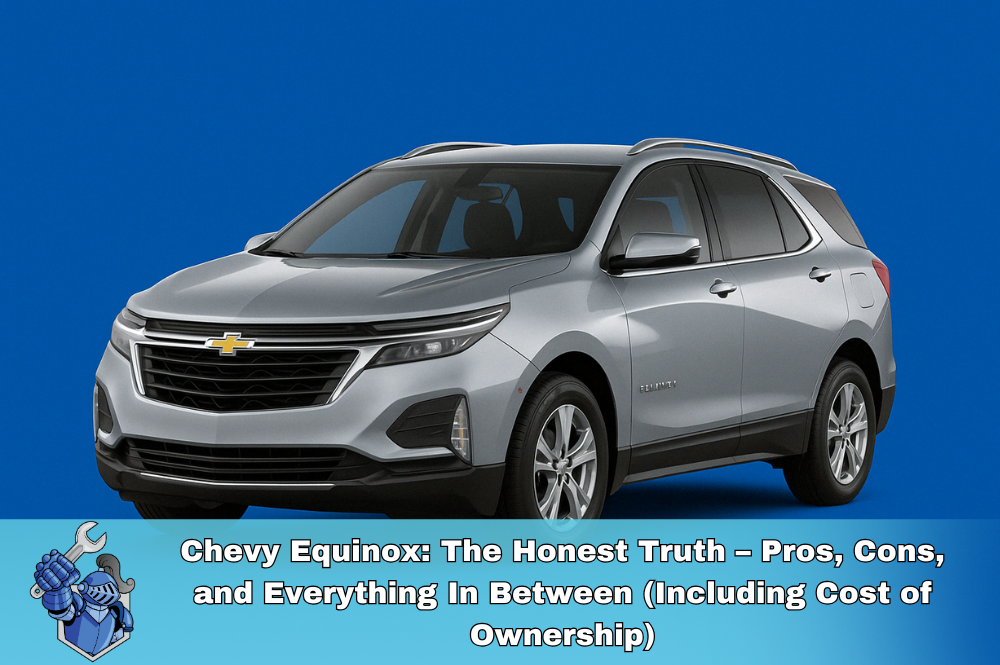 Chevy Equinox: The Honest Truth – Pros, Cons, and Everything In Between (Including Cost of Ownership)
Chevy Equinox: The Honest Truth – Pros, Cons, and Everything In Between (Including Cost of Ownership) Slash Your Car Insurance Bills: Expert Tips You Need Now
Slash Your Car Insurance Bills: Expert Tips You Need Now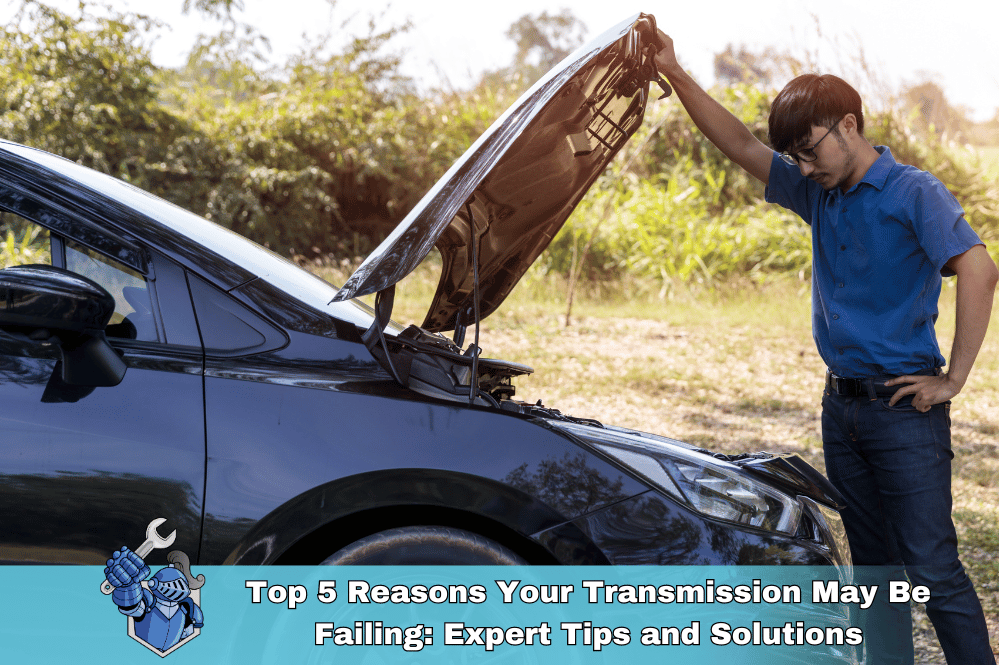 Top 5 Reasons Your Transmission May Be Failing: Expert Tips and Solutions
Top 5 Reasons Your Transmission May Be Failing: Expert Tips and Solutions Supporting a Worthy Cause: NobleQuote's Partnership with Alex's Lemonade Stand Foundation
Supporting a Worthy Cause: NobleQuote's Partnership with Alex's Lemonade Stand Foundation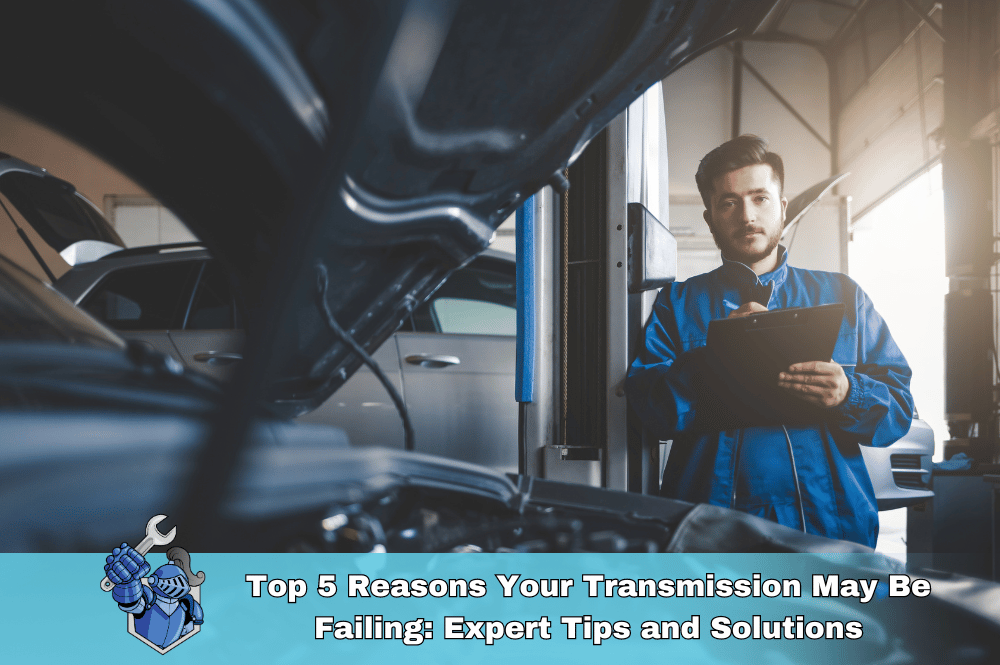 The Essential Guide to Car Maintenance: How to Keep Your Vehicle Running Smoothly
The Essential Guide to Car Maintenance: How to Keep Your Vehicle Running Smoothly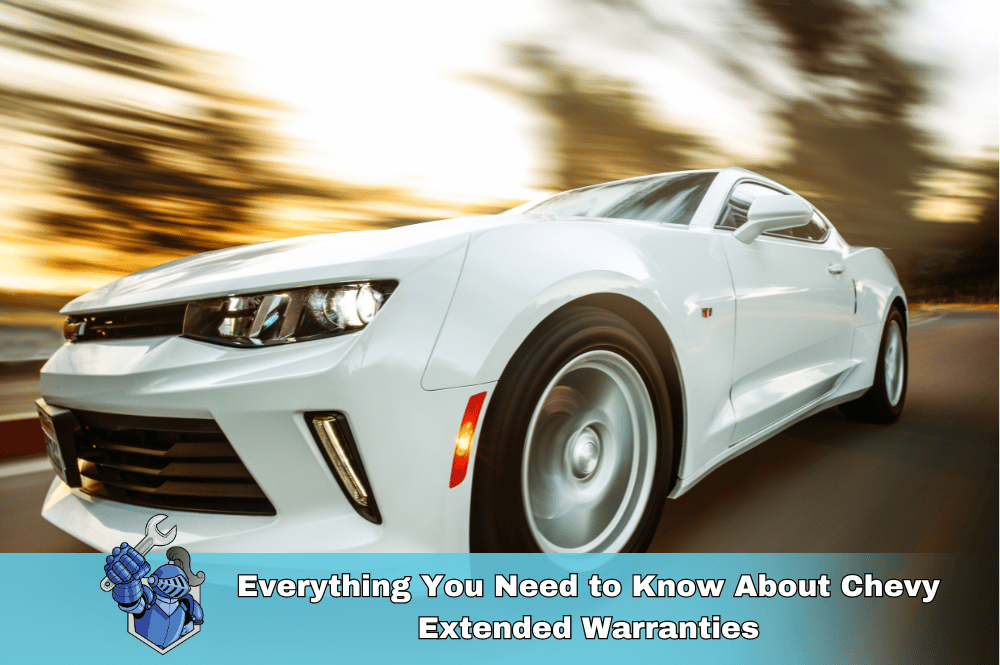 Everything You Need to Know About Chevy Extended Warranties
Everything You Need to Know About Chevy Extended Warranties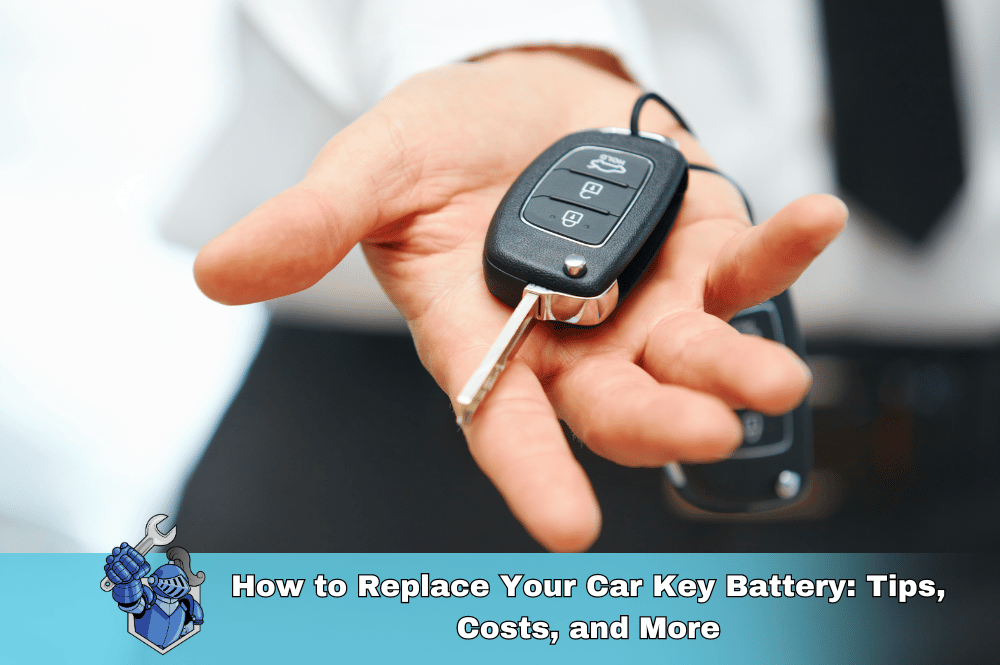 How to Replace Your Car Key Battery Tips Costs and More
How to Replace Your Car Key Battery Tips Costs and More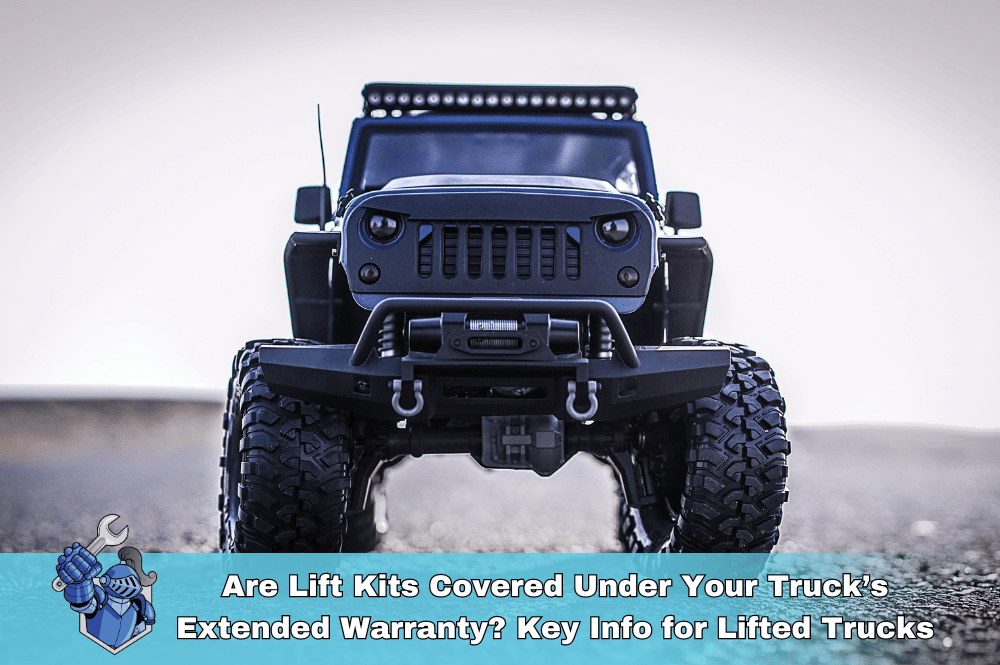 Are Lift Kits Covered Under Your Truck’s Extended Warranty? Key Info for Lifted Trucks
Are Lift Kits Covered Under Your Truck’s Extended Warranty? Key Info for Lifted Trucks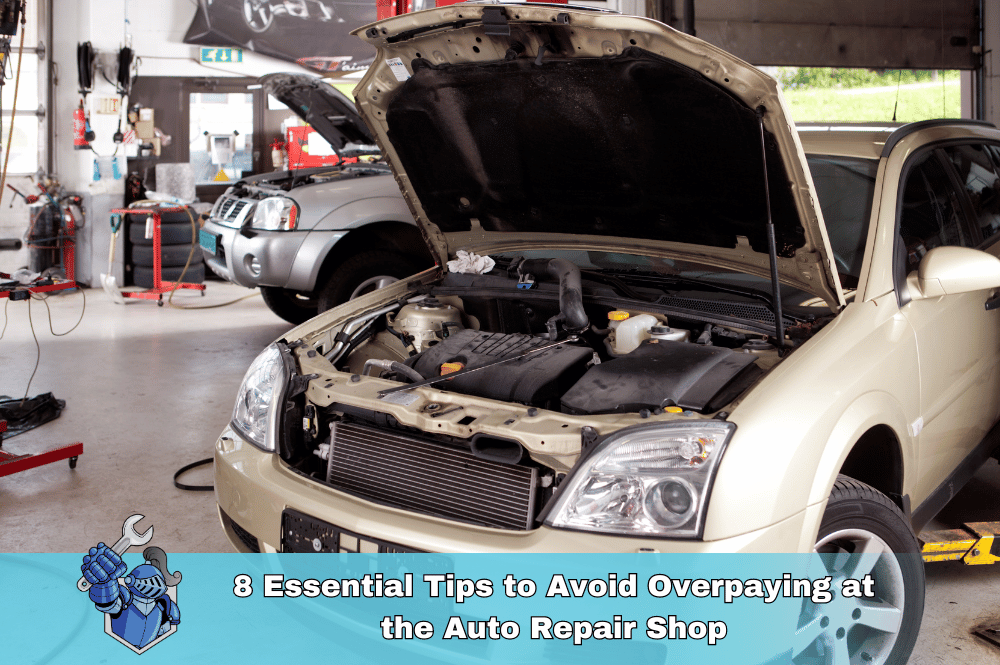 8 Essential Tips to Avoid Overpaying at the Auto Repair Shop
8 Essential Tips to Avoid Overpaying at the Auto Repair Shop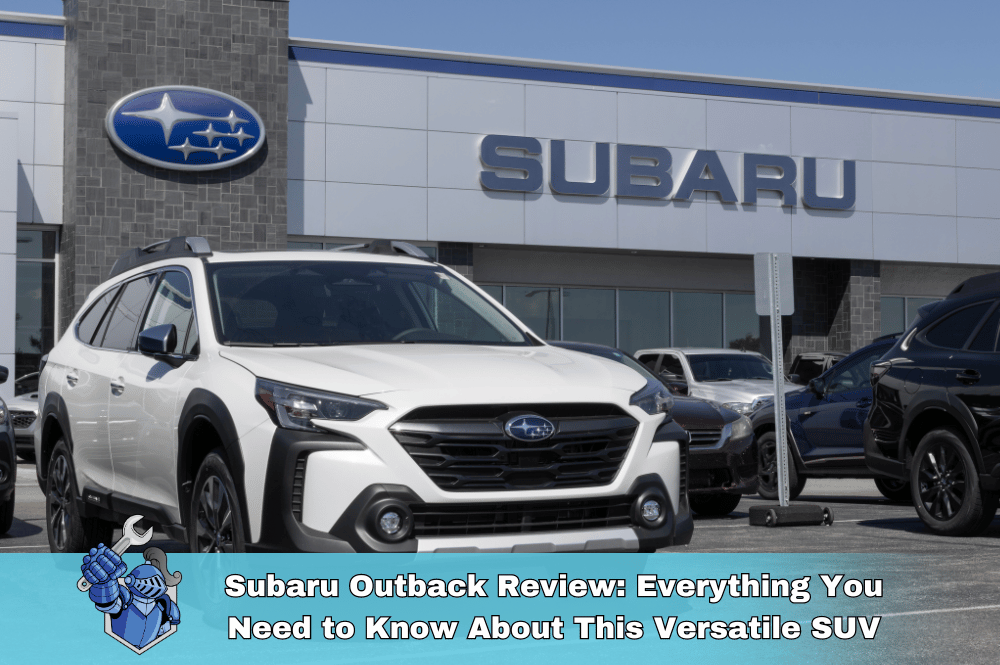 Subaru Outback Review: Everything You Need to Know About This Versatile SUV
Subaru Outback Review: Everything You Need to Know About This Versatile SUV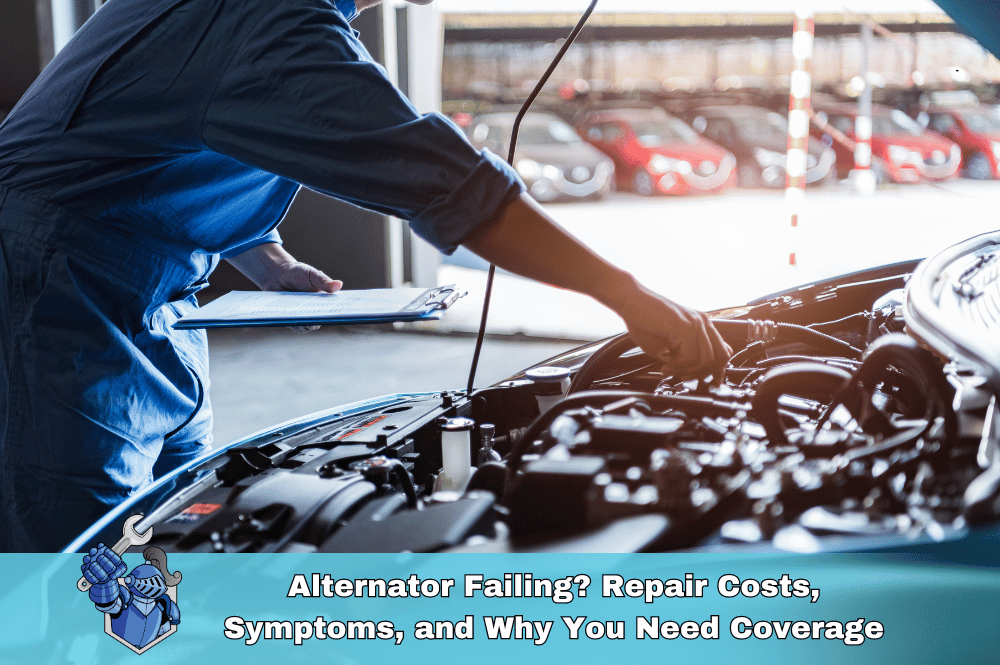 Alternator Failing? Repair Costs, Symptoms, and Why You Need Coverage
Alternator Failing? Repair Costs, Symptoms, and Why You Need Coverage How to Choose the Best First Car for Your Teen in 2024: A Parent's Guide
How to Choose the Best First Car for Your Teen in 2024: A Parent's Guide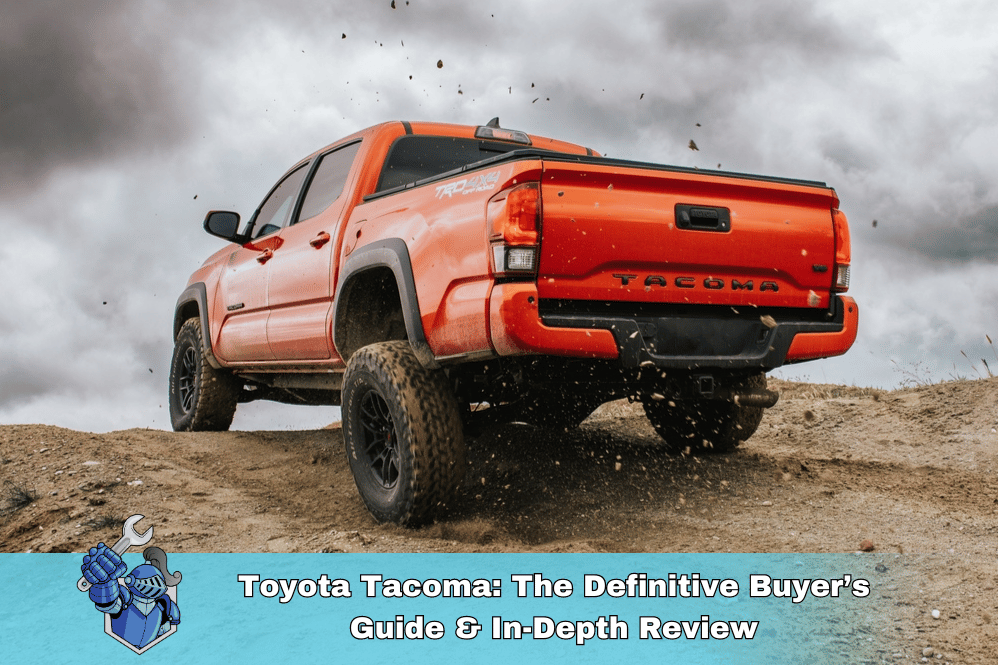 Toyota Tacoma: The Definitive Buyer’s Guide & In-Depth Review
Toyota Tacoma: The Definitive Buyer’s Guide & In-Depth Review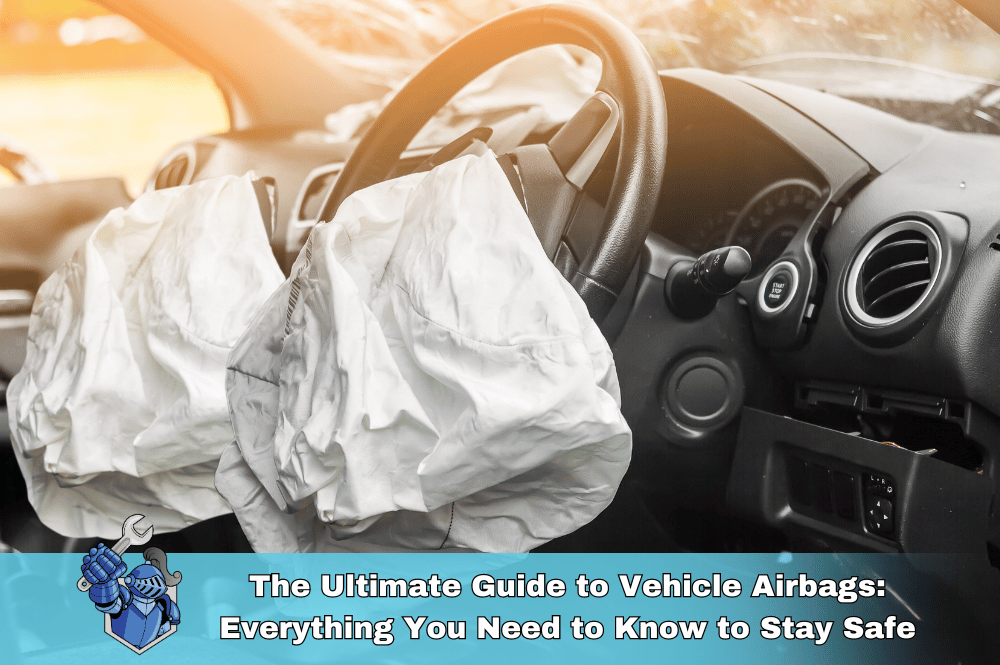 The Ultimate Guide to Vehicle Airbags: Everything You Need to Know to Stay Safe
The Ultimate Guide to Vehicle Airbags: Everything You Need to Know to Stay Safe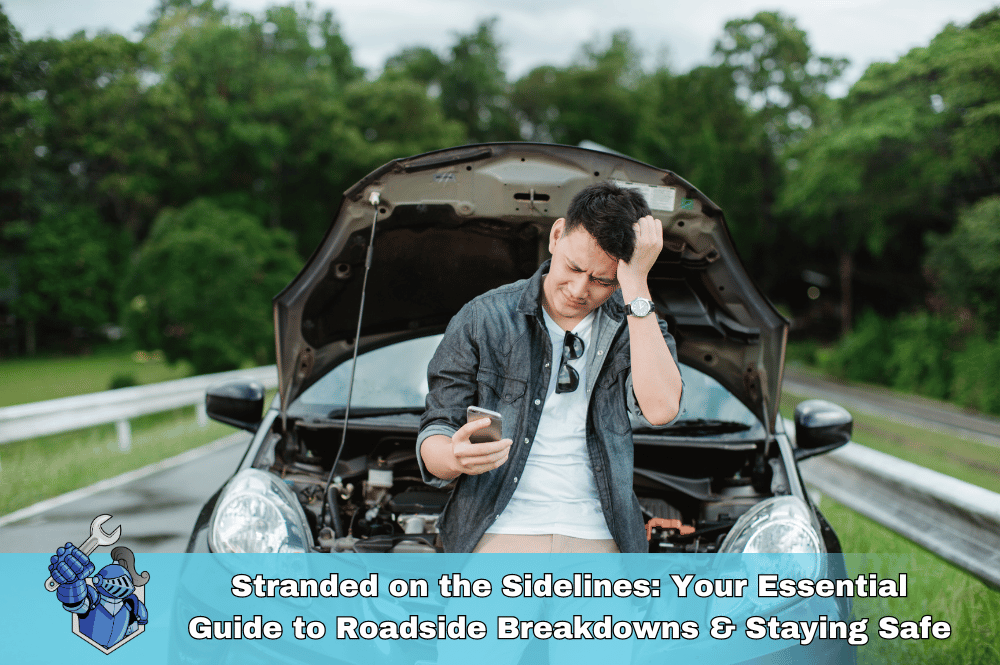 Stranded on the Sidelines: Your Essential Guide to Roadside Breakdowns & Staying Safe
Stranded on the Sidelines: Your Essential Guide to Roadside Breakdowns & Staying Safe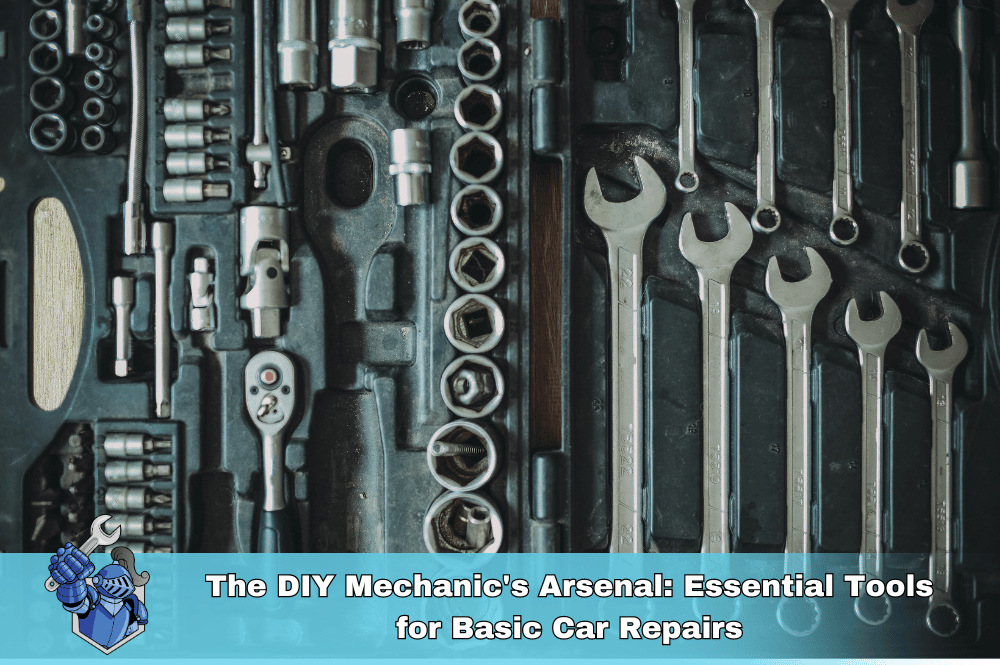 The DIY Mechanic's Arsenal: Essential Tools for Basic Car Repairs
The DIY Mechanic's Arsenal: Essential Tools for Basic Car Repairs Dealer vs. Local Mechanic: Where Should You Take Your Car for Repairs?
Dealer vs. Local Mechanic: Where Should You Take Your Car for Repairs?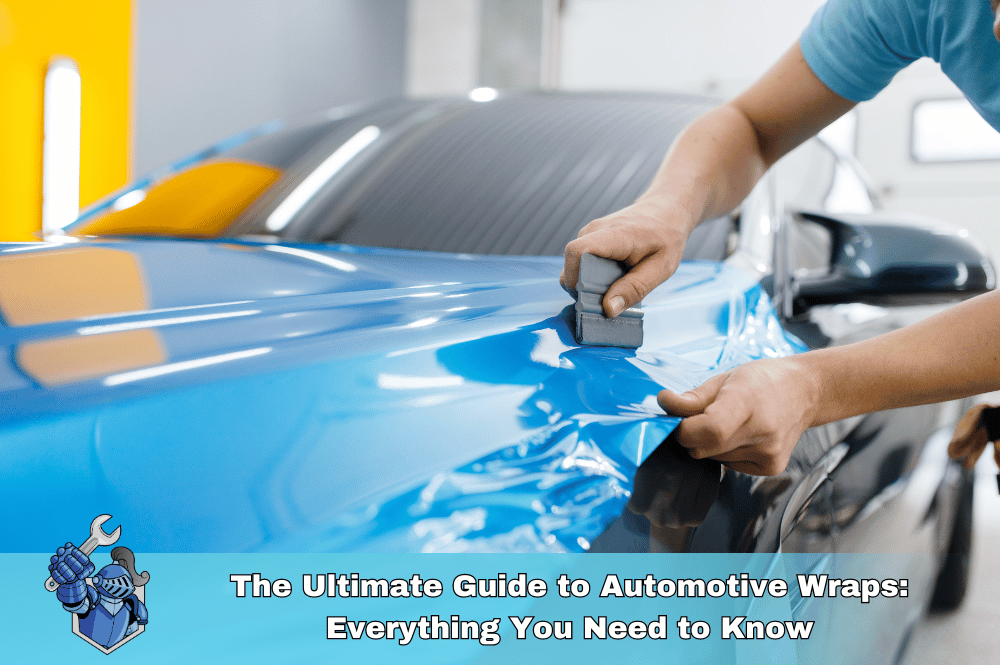 The Ultimate Guide to Automotive Wraps: Everything You Need to Know
The Ultimate Guide to Automotive Wraps: Everything You Need to Know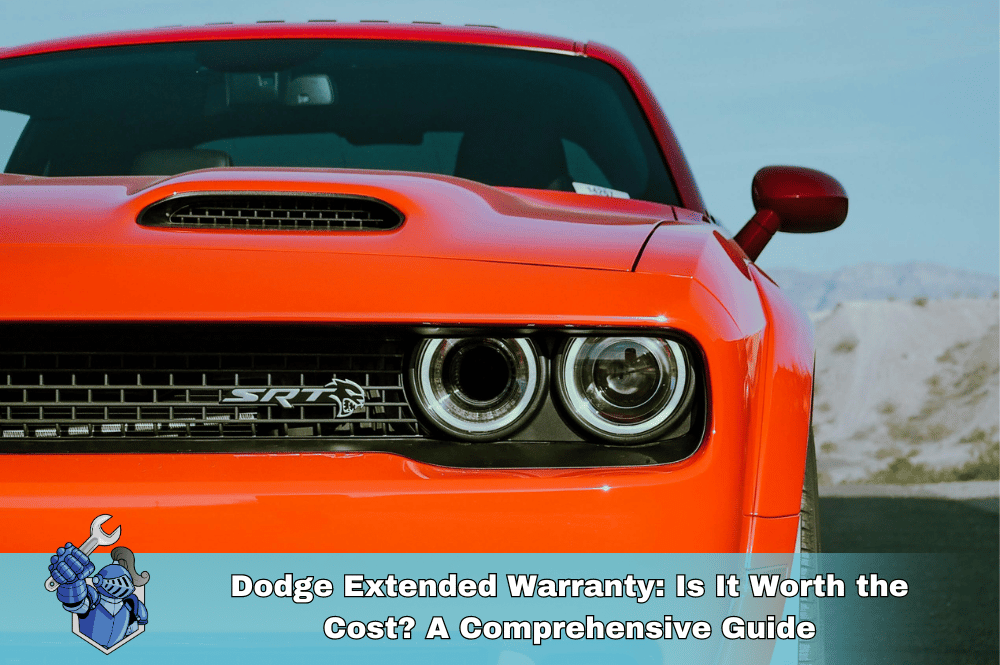 Dodge Extended Warranty: Is It Worth the Cost? A Comprehensive Guide
Dodge Extended Warranty: Is It Worth the Cost? A Comprehensive Guide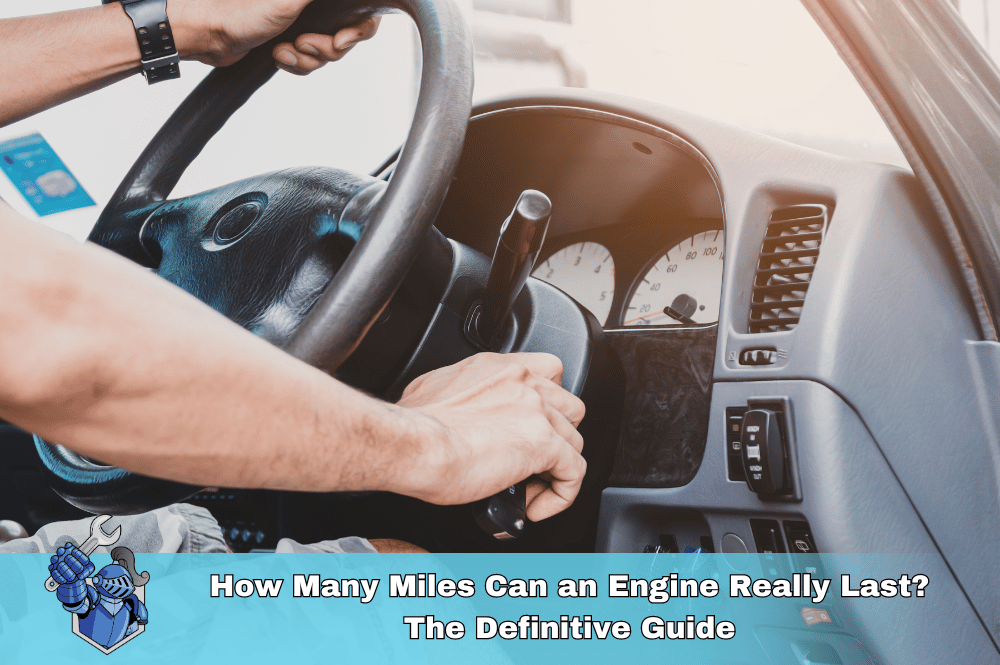 How Many Miles Can an Engine Really Last? The Definitive Guide
How Many Miles Can an Engine Really Last? The Definitive Guide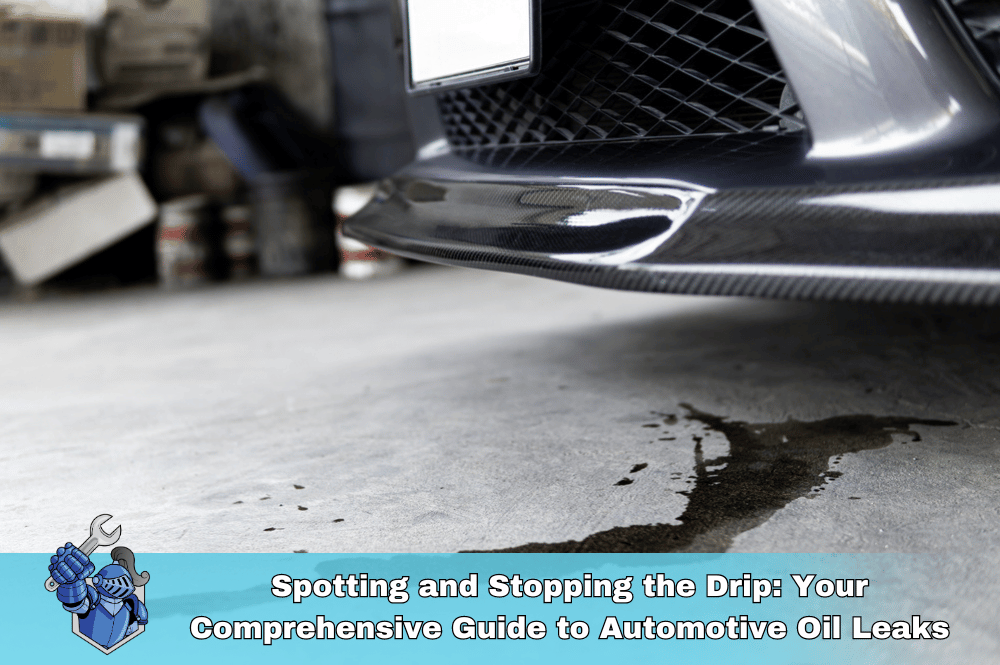 Spotting and Stopping the Drip: Your Comprehensive Guide to Automotive Oil Leaks
Spotting and Stopping the Drip: Your Comprehensive Guide to Automotive Oil Leaks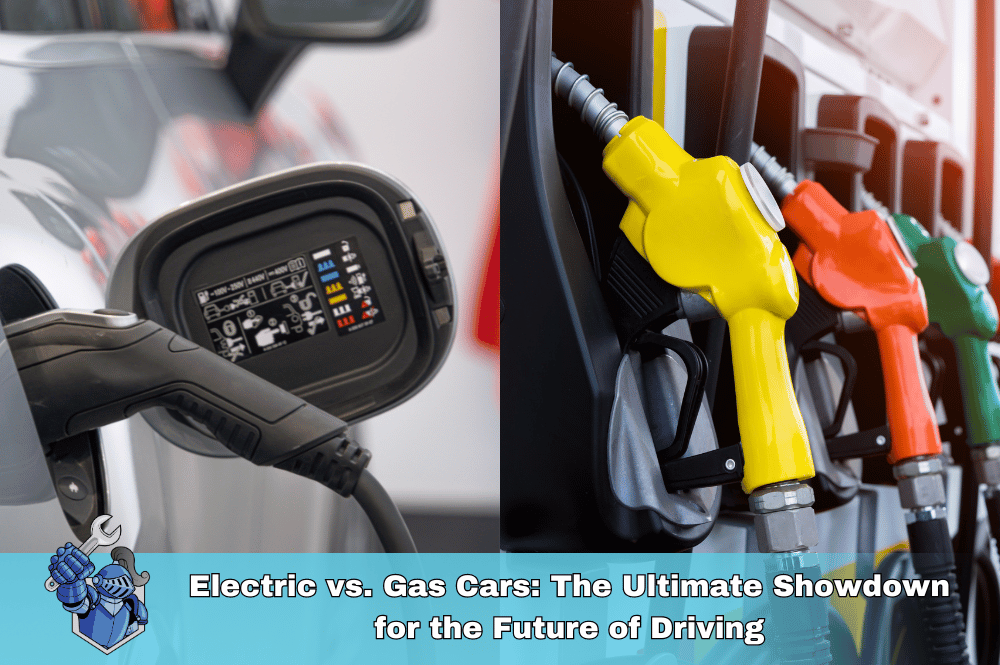 Electric vs. Gas Cars: The Ultimate Showdown for the Future of Driving
Electric vs. Gas Cars: The Ultimate Showdown for the Future of Driving 2024 BMW 3 Series Review: Is it Still the Ultimate Driving Machine?
2024 BMW 3 Series Review: Is it Still the Ultimate Driving Machine? Revving Up the Excitement: Unveiling the Magic of Disney Pixar's 'Cars'
Revving Up the Excitement: Unveiling the Magic of Disney Pixar's 'Cars'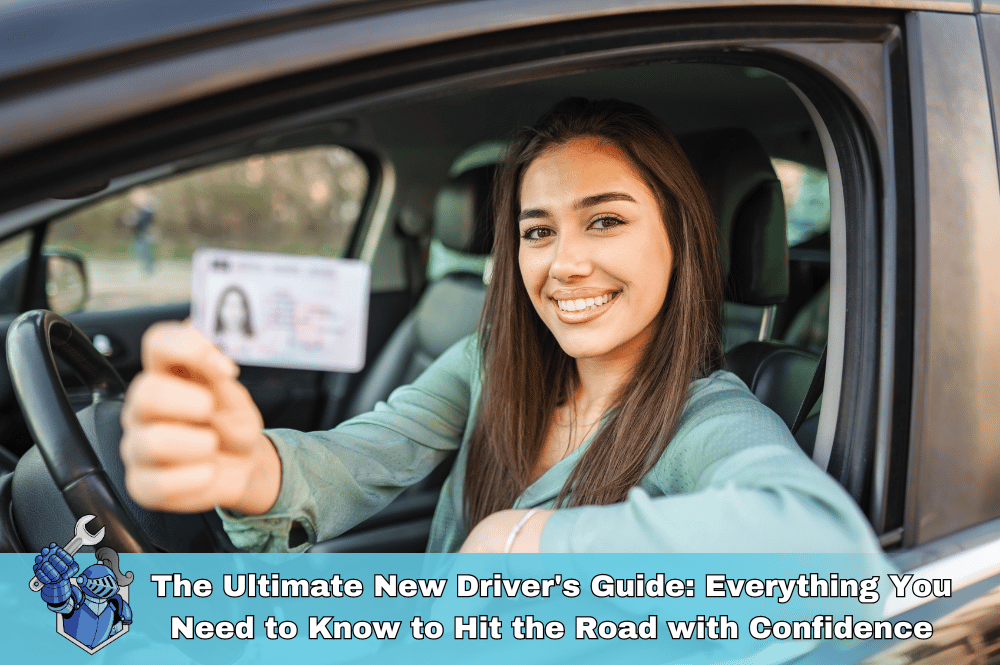 The Ultimate New Driver's Guide: Everything You Need to Know to Hit the Road with Confidence
The Ultimate New Driver's Guide: Everything You Need to Know to Hit the Road with Confidence Exhaust Problems? Mufflers, Catalytic Converters, & Replacement Solutions
Exhaust Problems? Mufflers, Catalytic Converters, & Replacement Solutions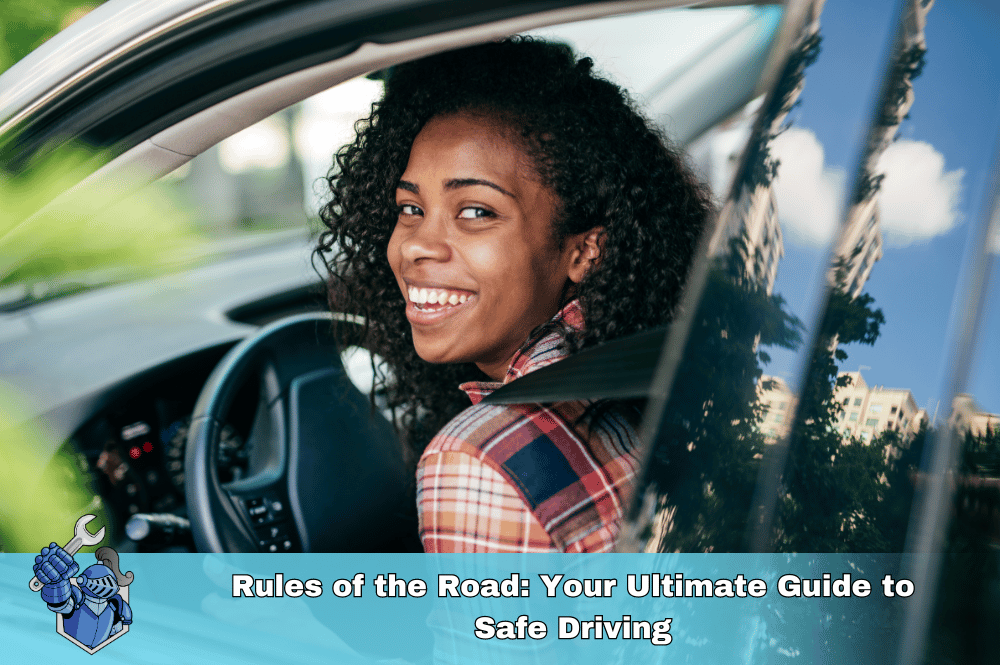 Rules of the Road: Your Ultimate Guide to Safe Driving
Rules of the Road: Your Ultimate Guide to Safe Driving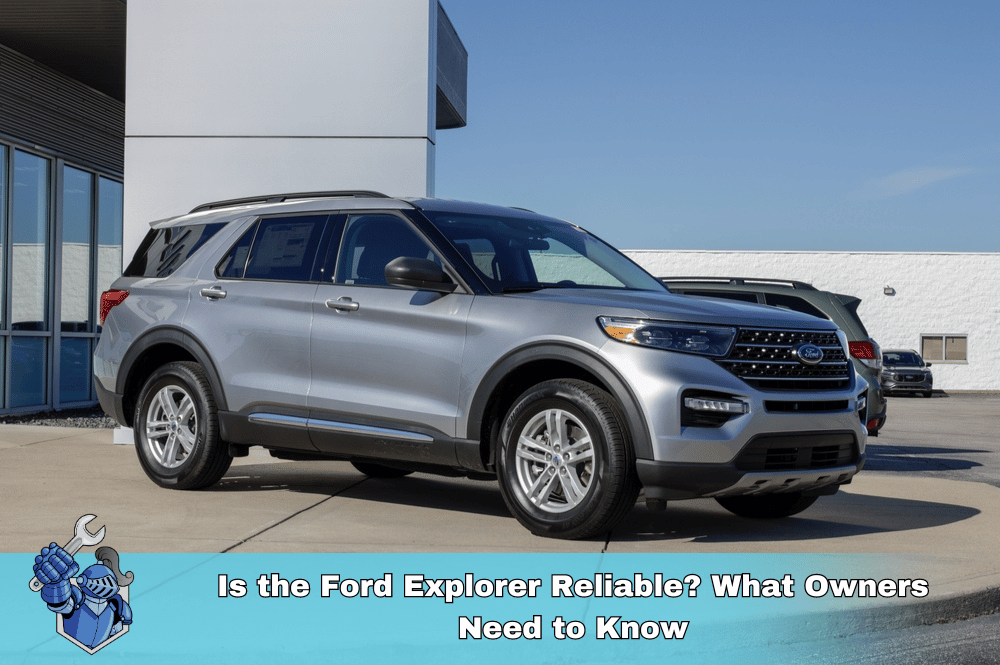 Is the Ford Explorer Reliable? What Owners Need to Know
Is the Ford Explorer Reliable? What Owners Need to Know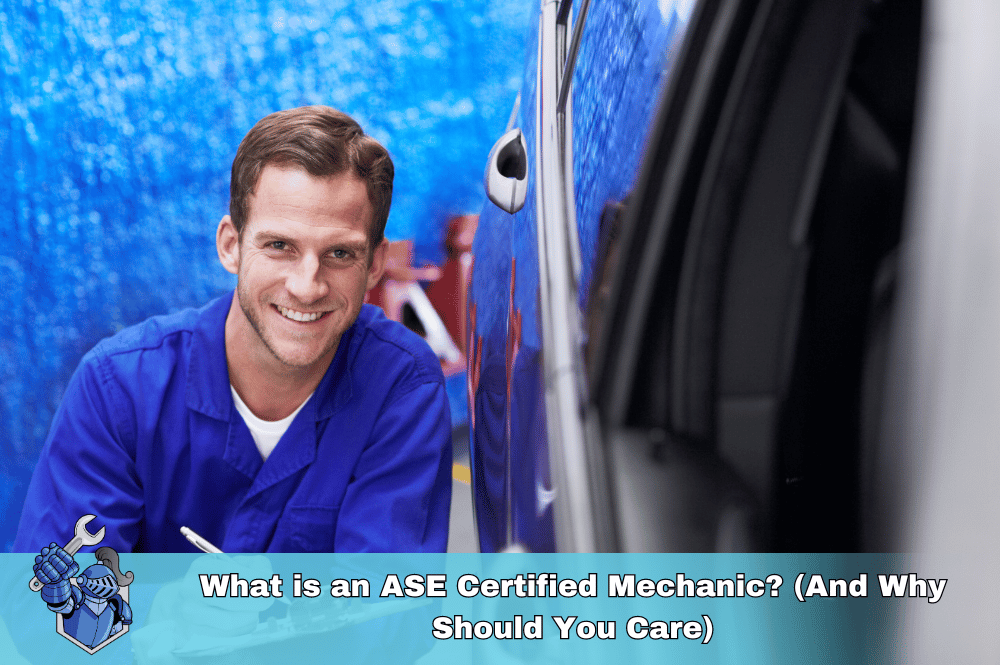 What is an ASE Certified Mechanic? (And Why Should You Care)
What is an ASE Certified Mechanic? (And Why Should You Care) Ford Mustang: A Guide to Popular Models & Years (1964-Present)
Ford Mustang: A Guide to Popular Models & Years (1964-Present) Looking for the Perfect Gift for a Car Enthusiast? Try These 10 Puzzles
Looking for the Perfect Gift for a Car Enthusiast? Try These 10 Puzzles Hope for the Warriors: Standing Strong for Our Veterans and Military Families
Hope for the Warriors: Standing Strong for Our Veterans and Military Families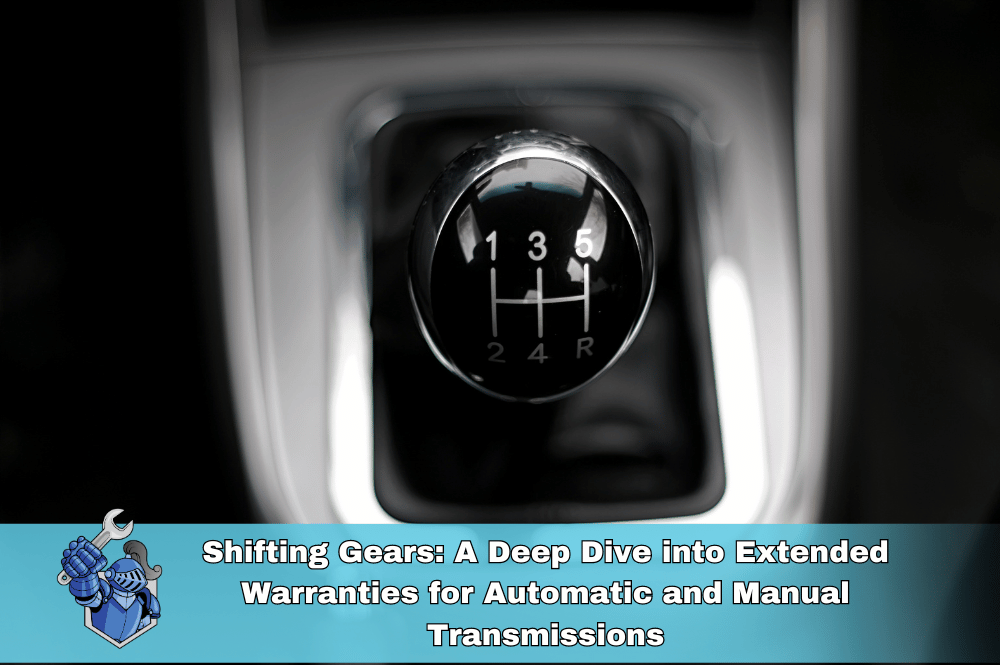 Shifting Gears: A Deep Dive into Extended Warranties for Automatic and Manual Transmissions
Shifting Gears: A Deep Dive into Extended Warranties for Automatic and Manual Transmissions Ford Bronco: A Legend Reborn – Explore its Wild History & Modern Muscle
Ford Bronco: A Legend Reborn – Explore its Wild History & Modern Muscle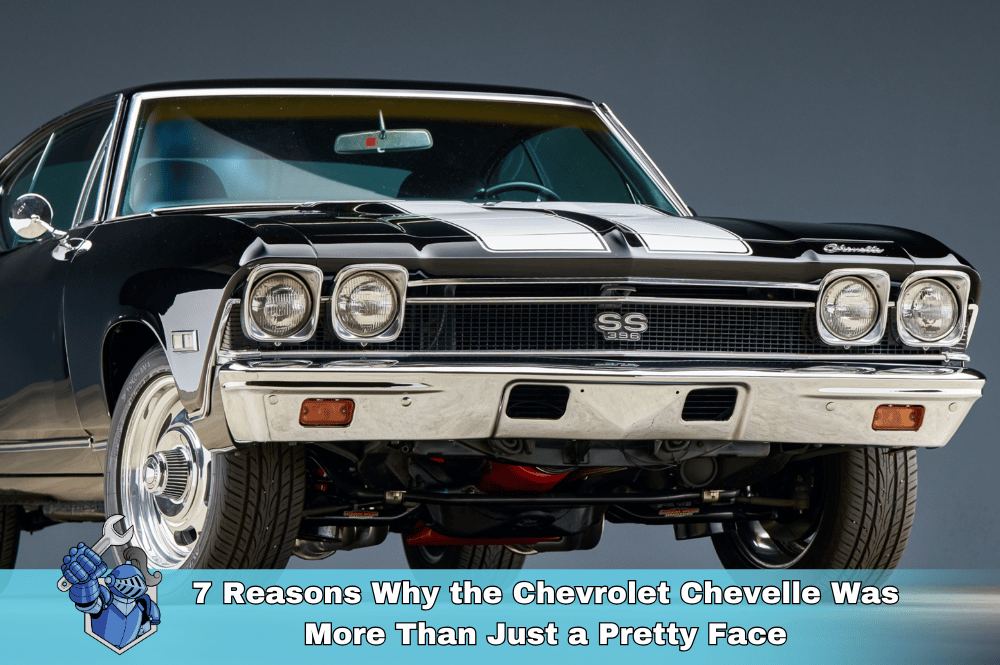 7 Reasons Why the Chevrolet Chevelle Was More Than Just a Pretty Face
7 Reasons Why the Chevrolet Chevelle Was More Than Just a Pretty Face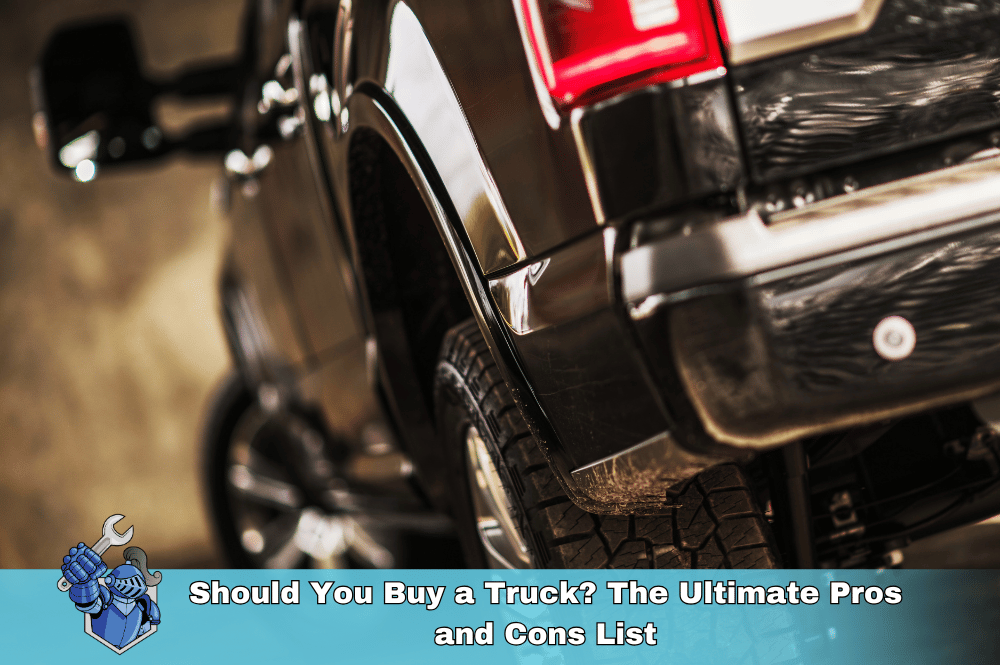 Should You Buy a Truck? The Ultimate Pros and Cons List
Should You Buy a Truck? The Ultimate Pros and Cons List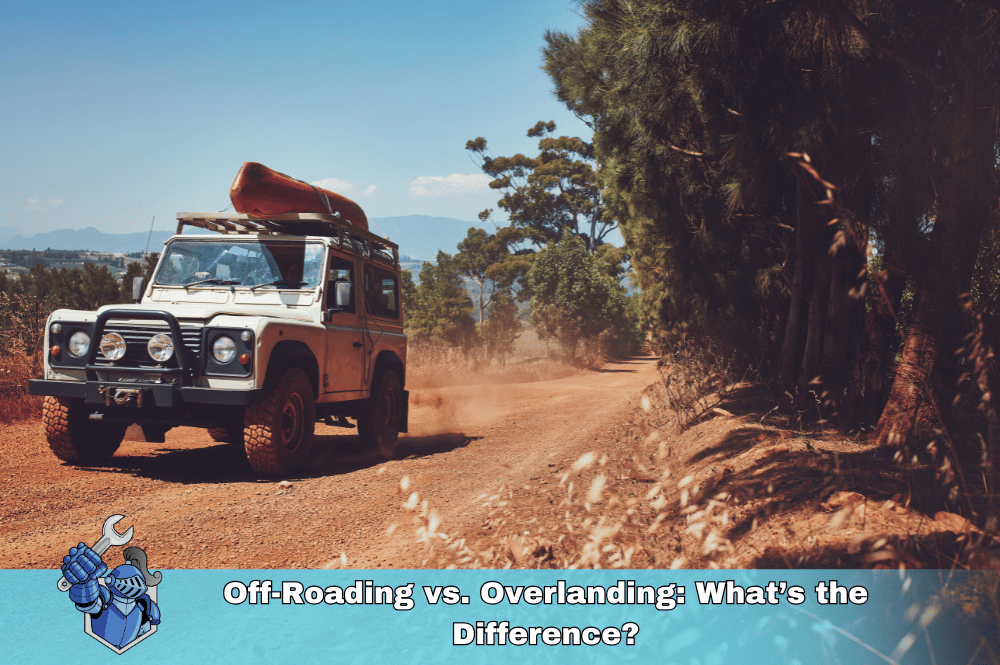 Off-Roading vs. Overlanding: What’s the Difference?
Off-Roading vs. Overlanding: What’s the Difference?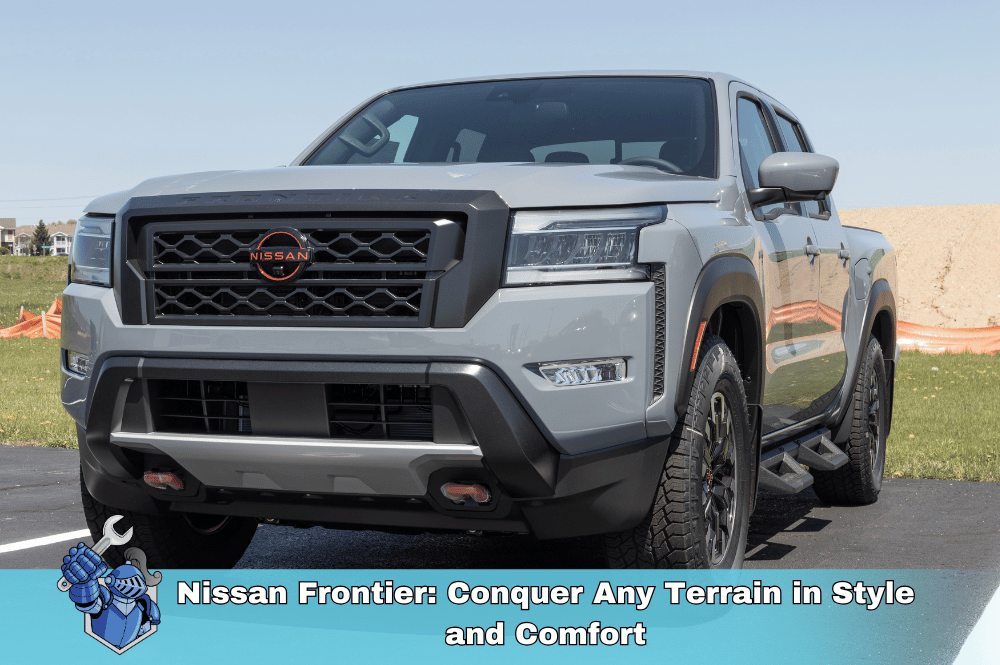 Nissan Frontier: Conquer Any Terrain in Style and Comfort
Nissan Frontier: Conquer Any Terrain in Style and Comfort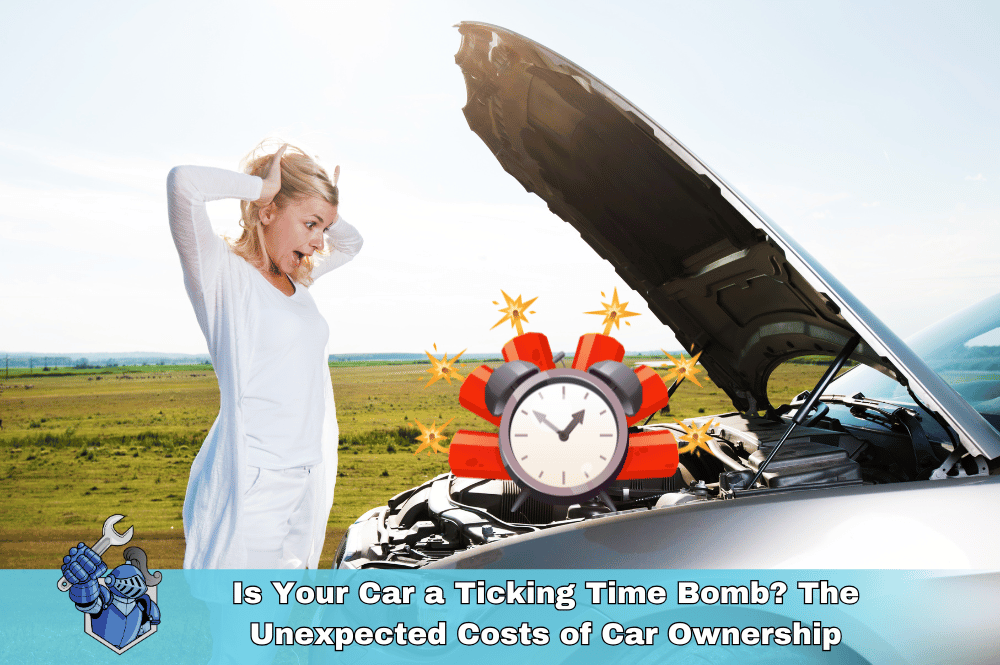 Is Your Car a Ticking Time Bomb? The Unexpected Costs of Car Ownership
Is Your Car a Ticking Time Bomb? The Unexpected Costs of Car Ownership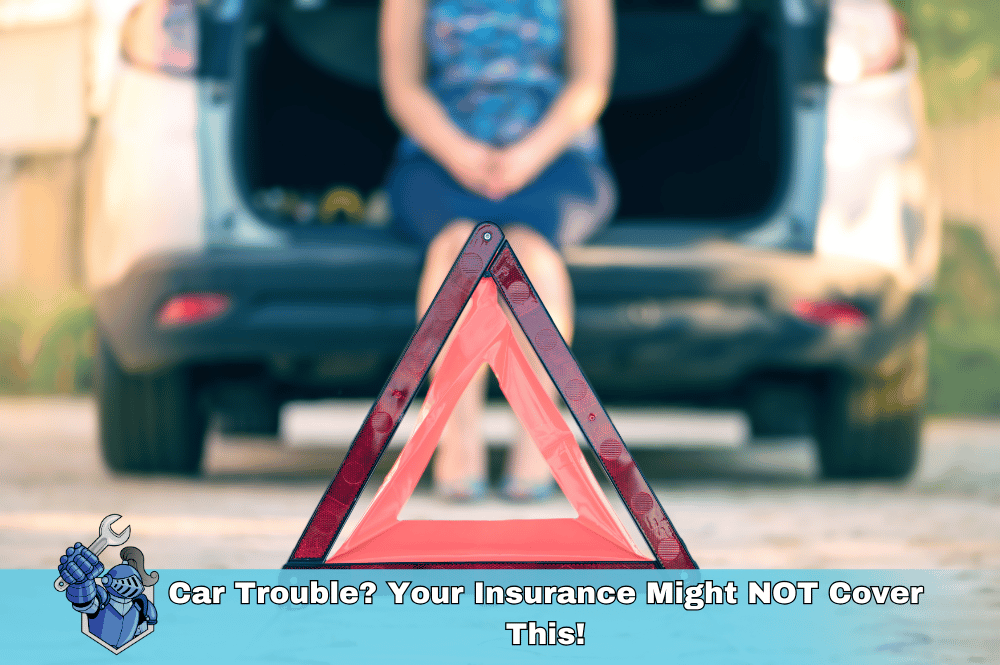 Car Trouble? Your Insurance Might NOT Cover This!
Car Trouble? Your Insurance Might NOT Cover This!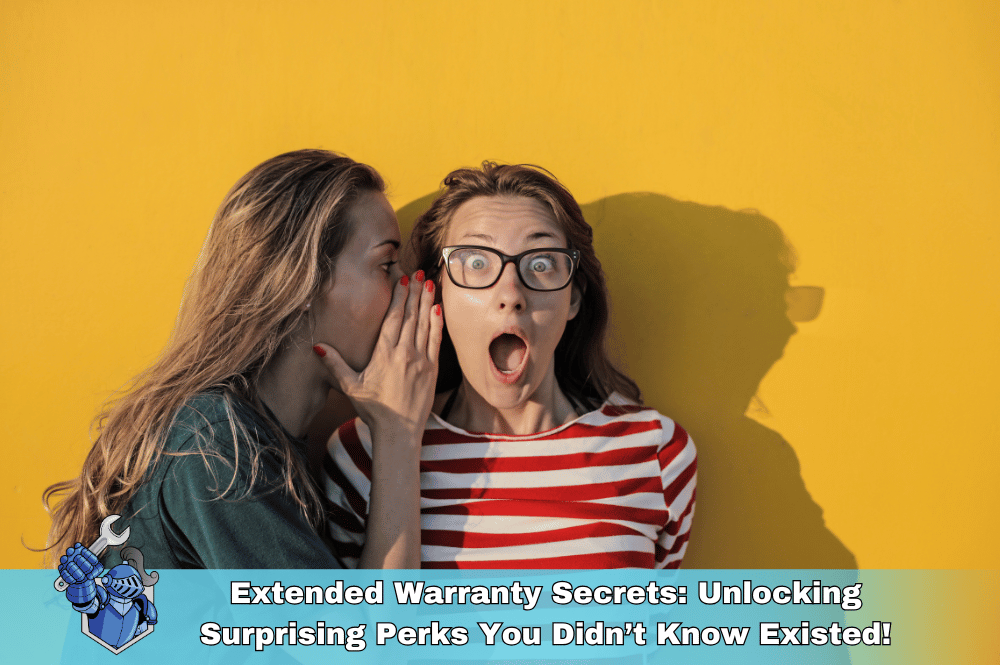 Extended Warranty Secrets: Unlocking Surprising Perks You Didn’t Know Existed!
Extended Warranty Secrets: Unlocking Surprising Perks You Didn’t Know Existed! The Car Repair Lottery: Are You Feeling Lucky?
The Car Repair Lottery: Are You Feeling Lucky? 'Tis the Season to Be Jolly... and Protected: Why an Extended Warranty is the Gift That Keeps on Giving
'Tis the Season to Be Jolly... and Protected: Why an Extended Warranty is the Gift That Keeps on Giving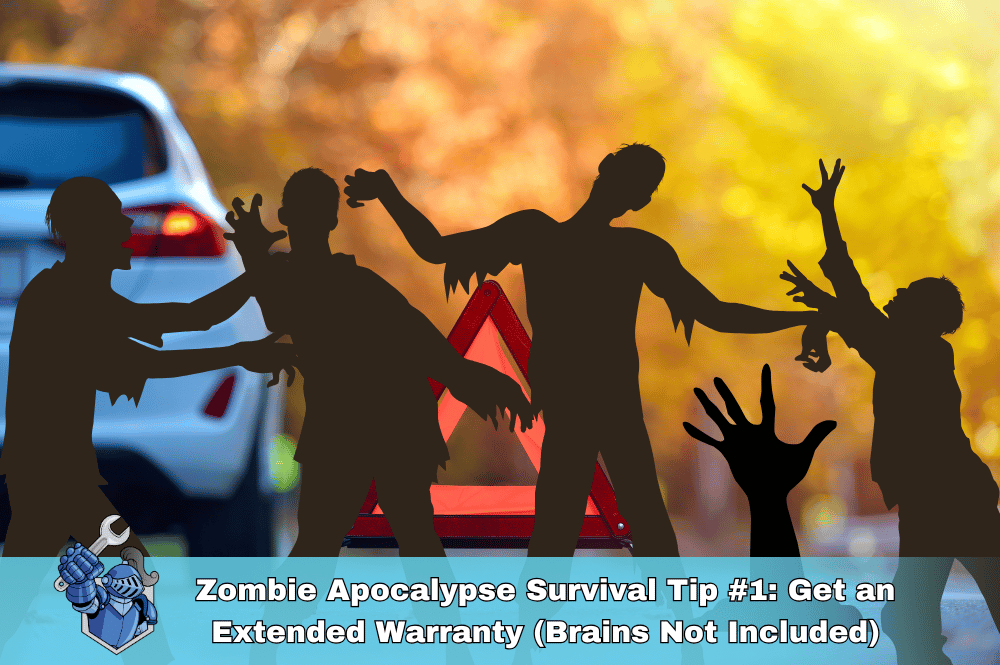 Zombie Apocalypse Survival Tip #1: Get an Extended Warranty (Brains Not Included)
Zombie Apocalypse Survival Tip #1: Get an Extended Warranty (Brains Not Included)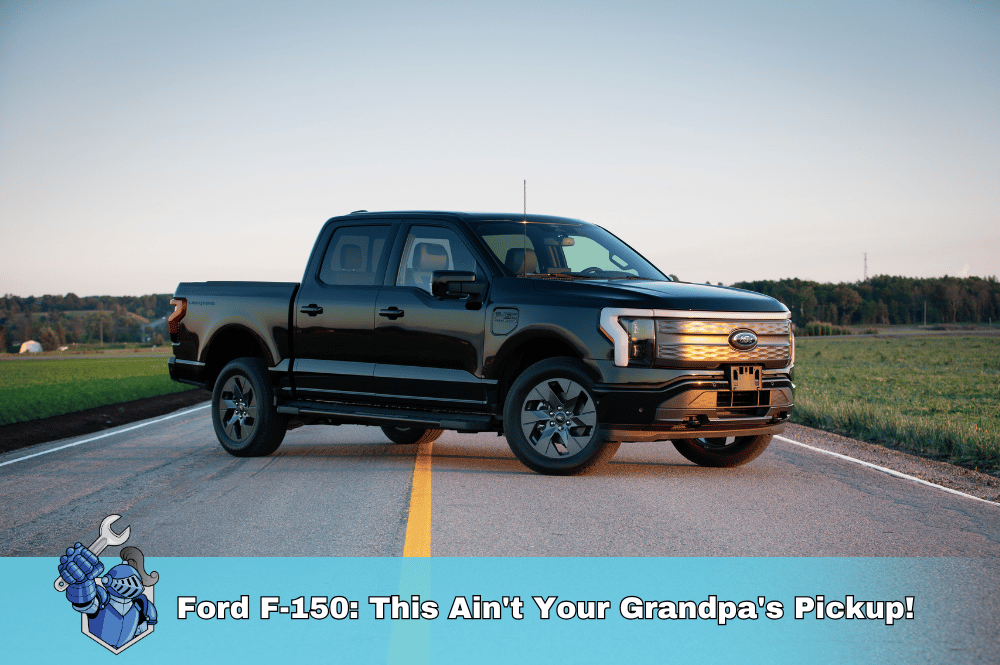 Ford F-150: This Ain't Your Grandpa's Pickup!
Ford F-150: This Ain't Your Grandpa's Pickup!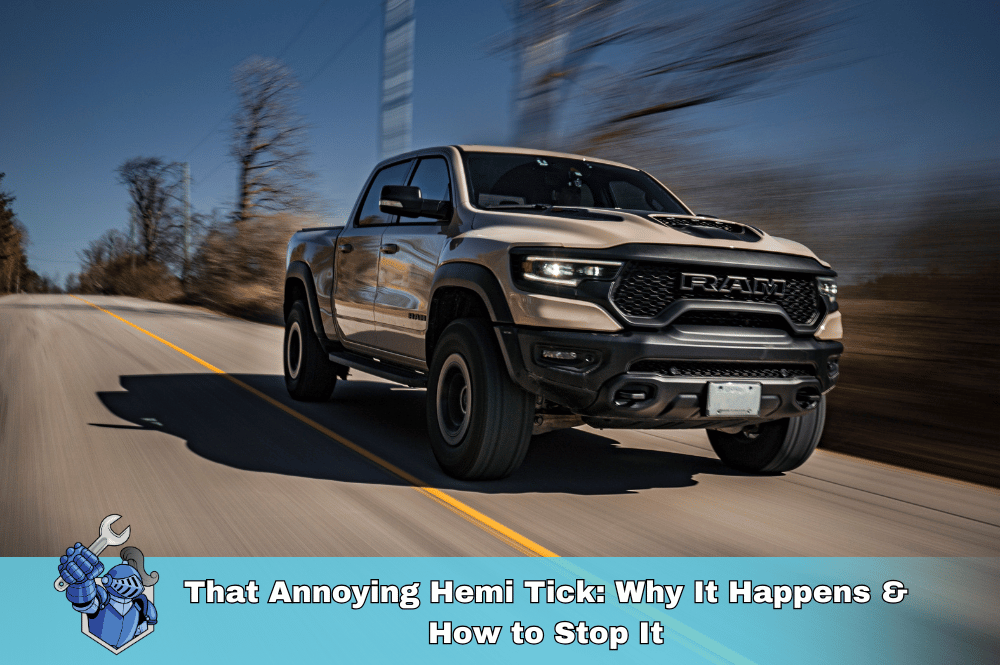 That Annoying Hemi Tick: Why It Happens & How to Stop It
That Annoying Hemi Tick: Why It Happens & How to Stop It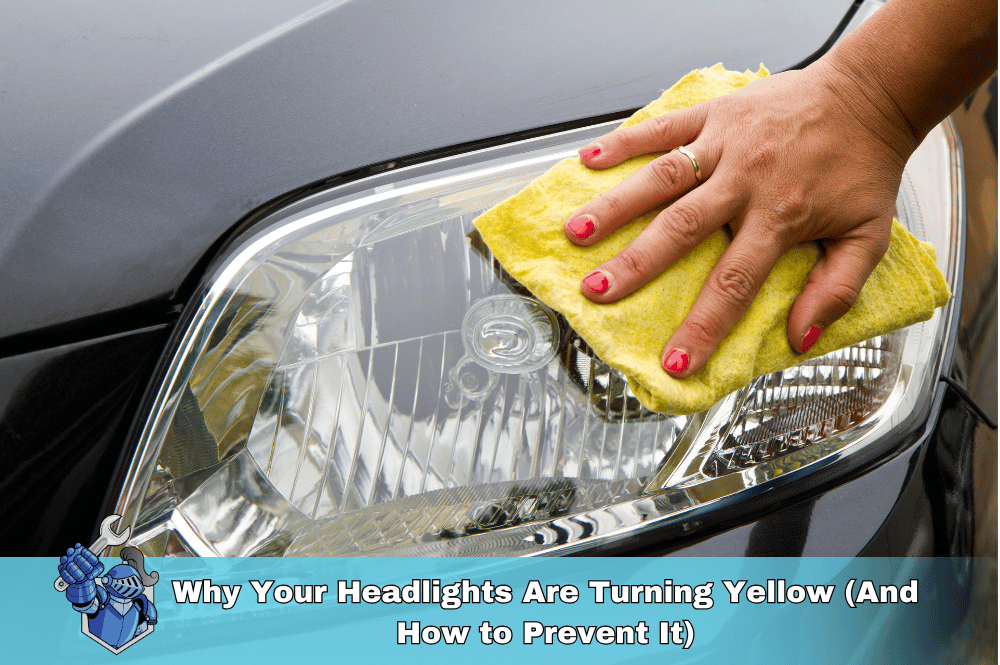 Why Your Headlights Are Turning Yellow (And How to Prevent It)
Why Your Headlights Are Turning Yellow (And How to Prevent It)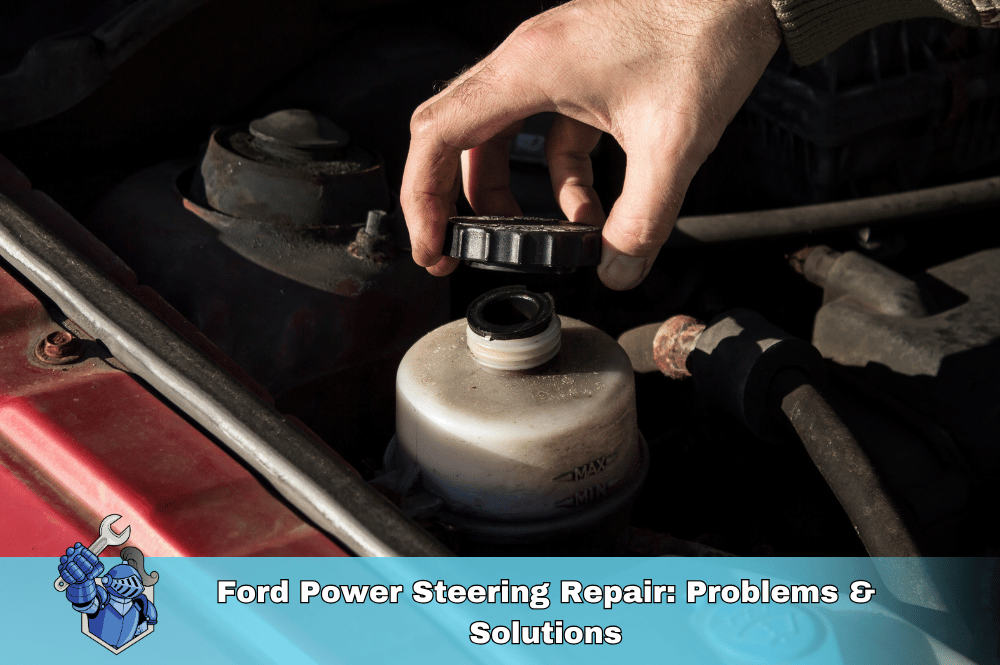 Ford Power Steering Repair: Problems & Solutions
Ford Power Steering Repair: Problems & Solutions Car Scratches Driving You Crazy? 10 Steps to Fix Them Yourself
Car Scratches Driving You Crazy? 10 Steps to Fix Them Yourself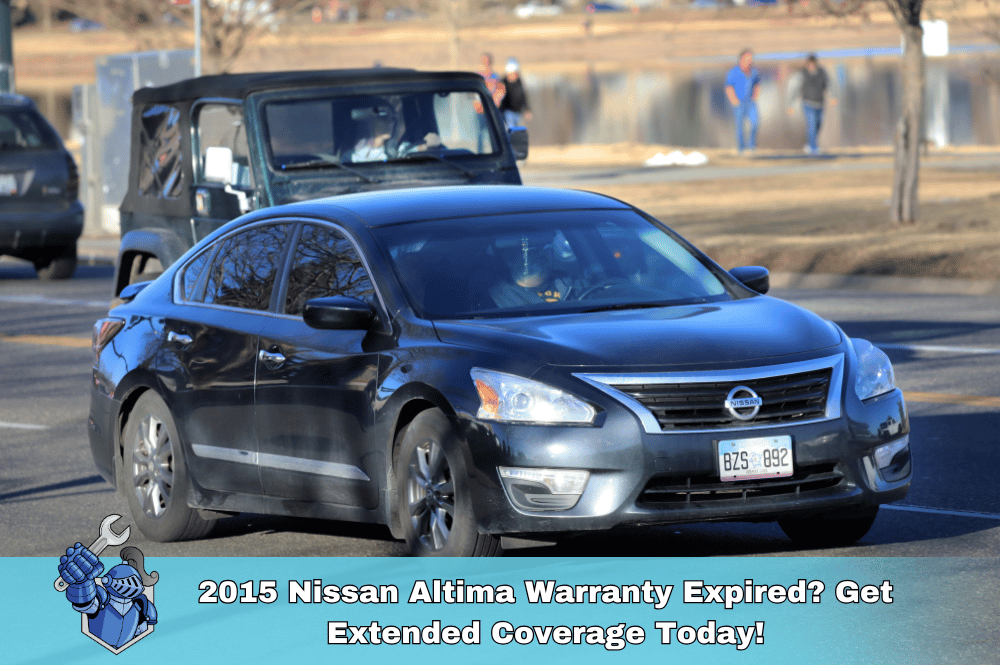 2015 Nissan Altima Warranty Expired? Get Extended Coverage Today!
2015 Nissan Altima Warranty Expired? Get Extended Coverage Today!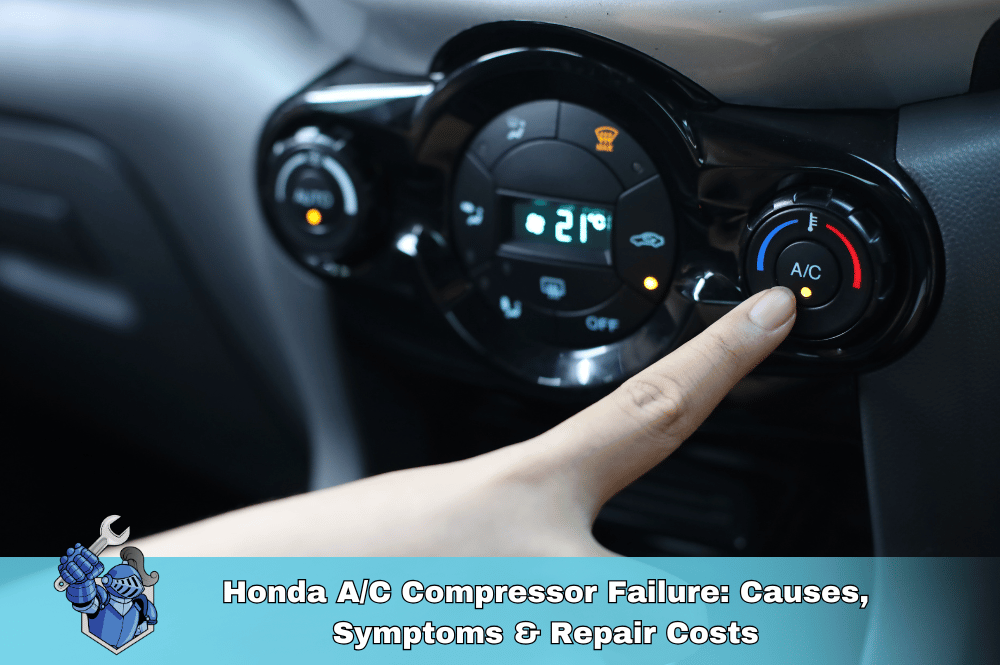 Honda A/C Compressor Failure: Causes, Symptoms & Repair Costs
Honda A/C Compressor Failure: Causes, Symptoms & Repair Costs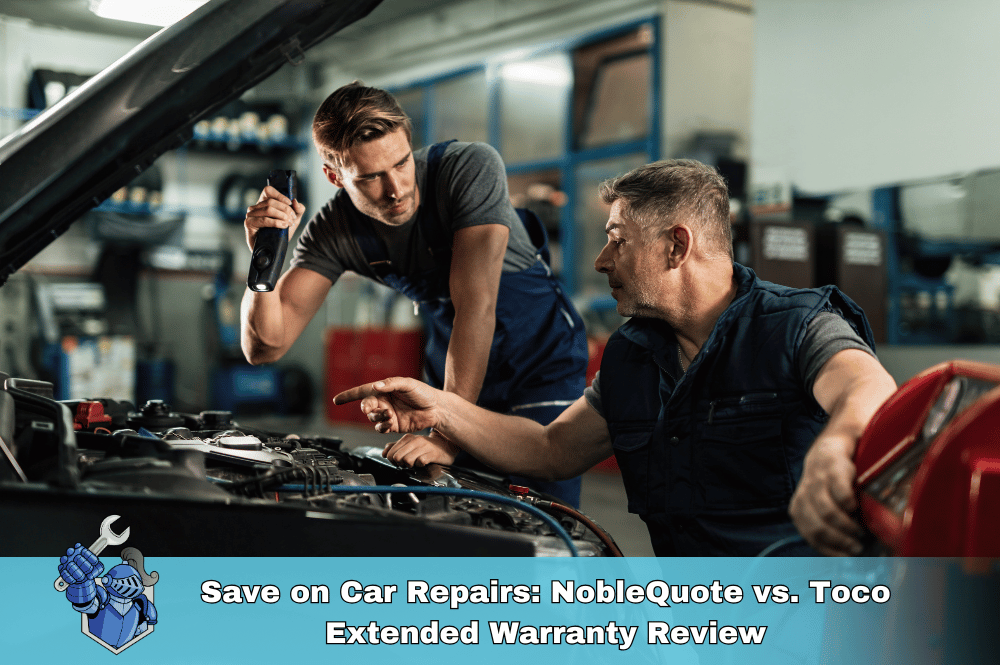 Save on Car Repairs: NobleQuote vs. Toco Extended Warranty Review
Save on Car Repairs: NobleQuote vs. Toco Extended Warranty Review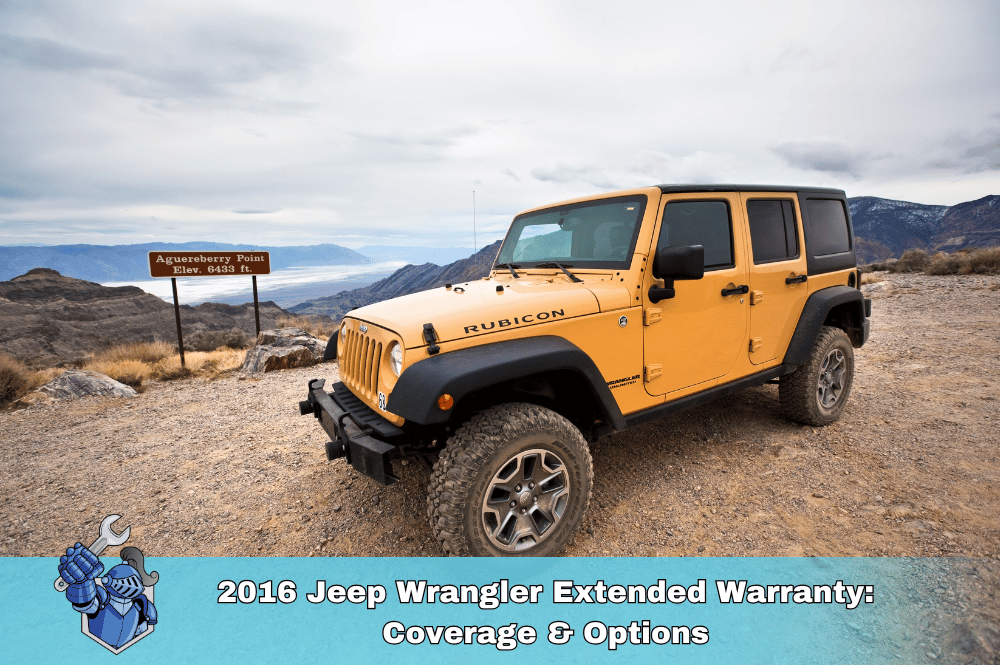 2016 Jeep Wrangler Extended Warranty: Coverage & Options
2016 Jeep Wrangler Extended Warranty: Coverage & Options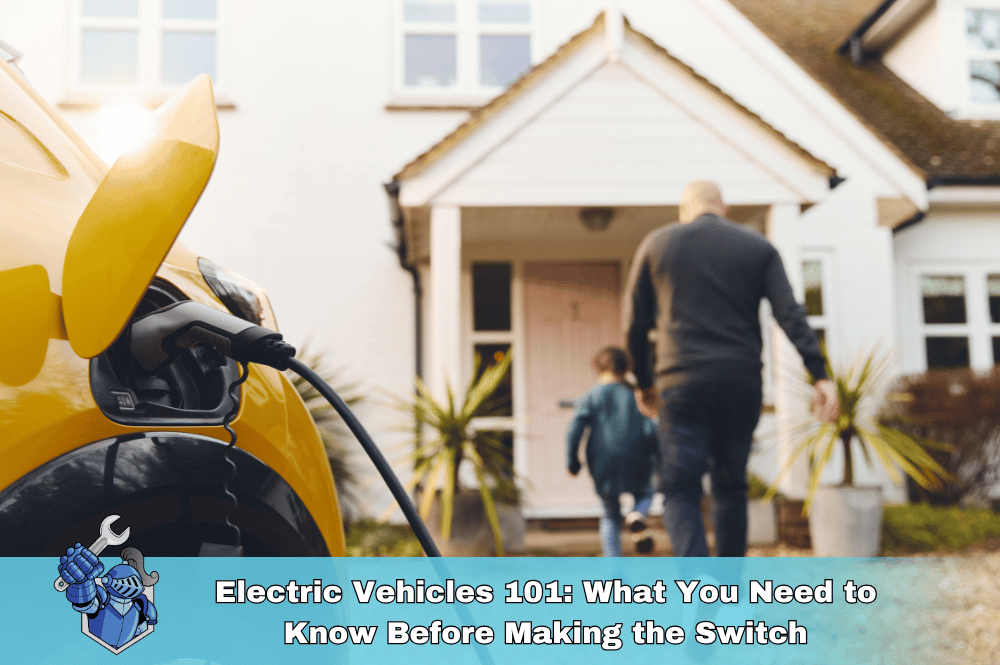 Electric Vehicles 101: What You Need to Know Before Making the Switch
Electric Vehicles 101: What You Need to Know Before Making the Switch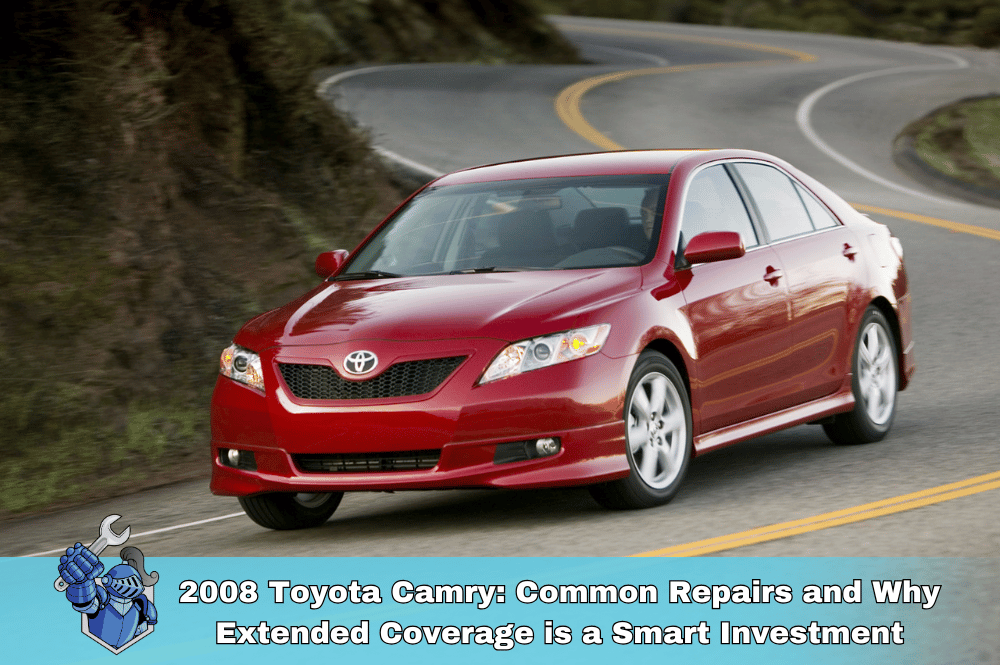 2008 Toyota Camry: Common Repairs and Why Extended Coverage is a Smart Investment
2008 Toyota Camry: Common Repairs and Why Extended Coverage is a Smart Investment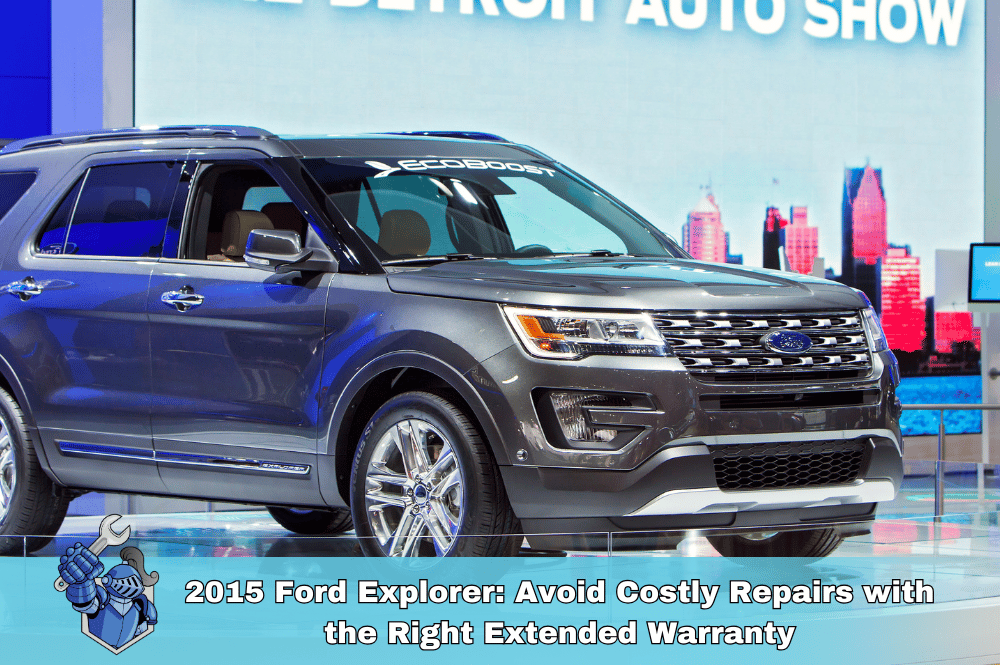 2015 Ford Explorer: Avoid Costly Repairs with the Right Extended Warranty
2015 Ford Explorer: Avoid Costly Repairs with the Right Extended Warranty Maximize Your Tesla Warranty: Smart Strategies for Extended Coverage
Maximize Your Tesla Warranty: Smart Strategies for Extended Coverage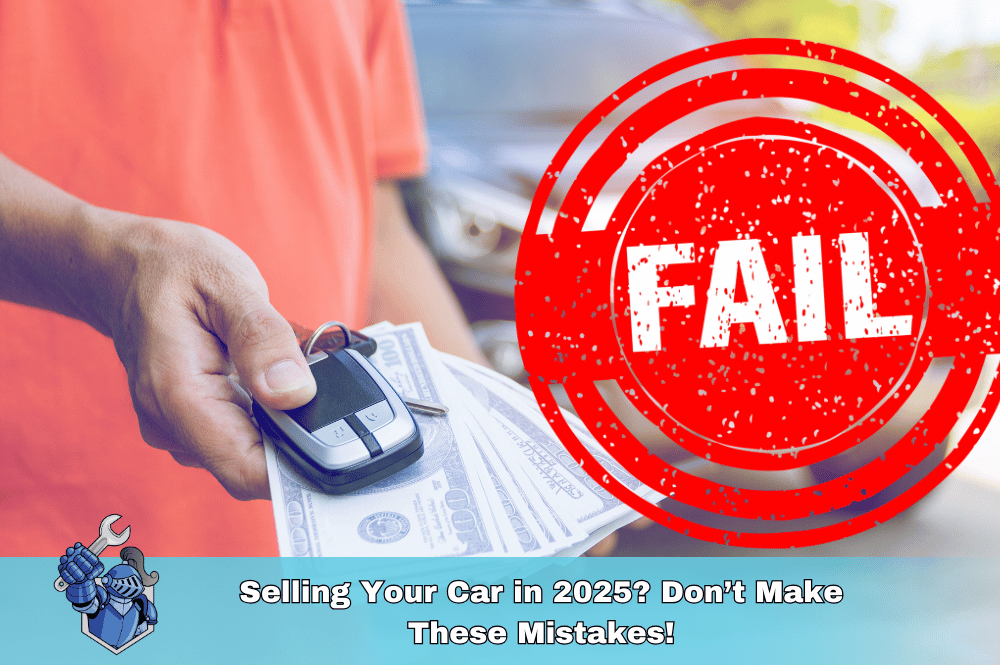 Selling Your Car in 2025? Don’t Make These Mistakes!
Selling Your Car in 2025? Don’t Make These Mistakes! Tesla Cybertruck: Overpriced or Over-the-Top Awesome?
Tesla Cybertruck: Overpriced or Over-the-Top Awesome?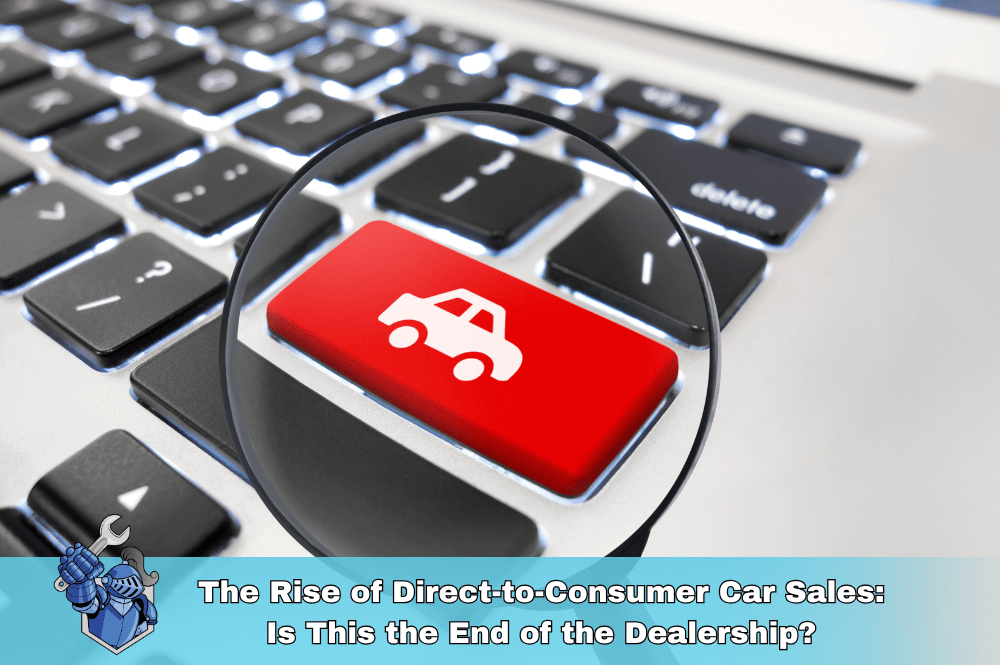 Skip the Dealership: The Rise of Online Car Buying
Skip the Dealership: The Rise of Online Car Buying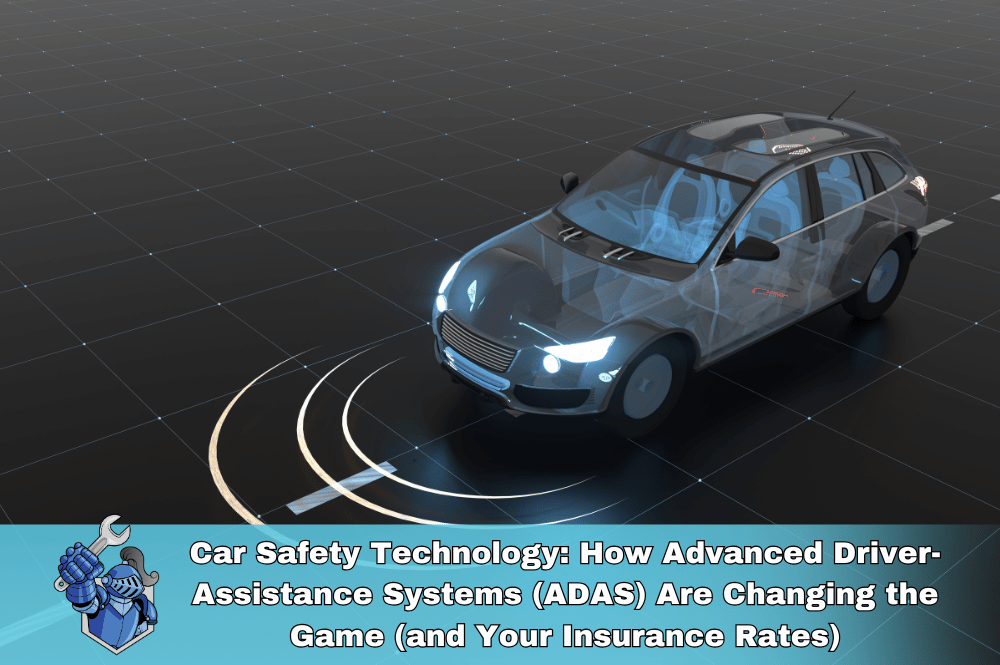 Car Safety Technology: How Advanced Driver-Assistance Systems (ADAS) Are Changing the Game (and Your Insurance Rates)
Car Safety Technology: How Advanced Driver-Assistance Systems (ADAS) Are Changing the Game (and Your Insurance Rates)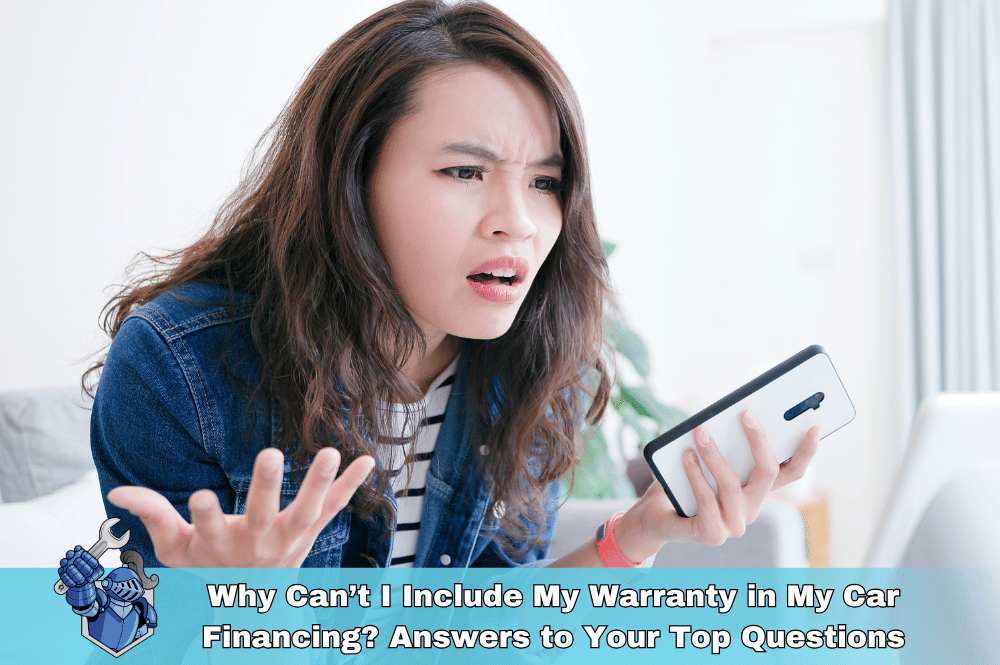 Why Can’t I Include My Warranty in My Car Financing? Answers to Your Top Questions
Why Can’t I Include My Warranty in My Car Financing? Answers to Your Top Questions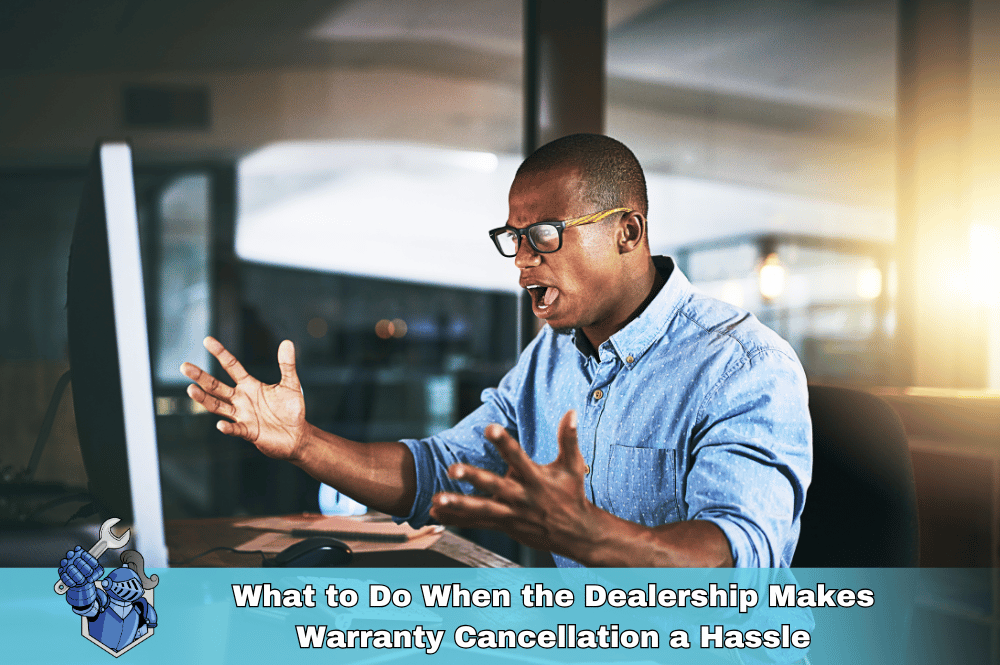 What to Do When the Dealership Makes Warranty Cancellation a Hassle
What to Do When the Dealership Makes Warranty Cancellation a Hassle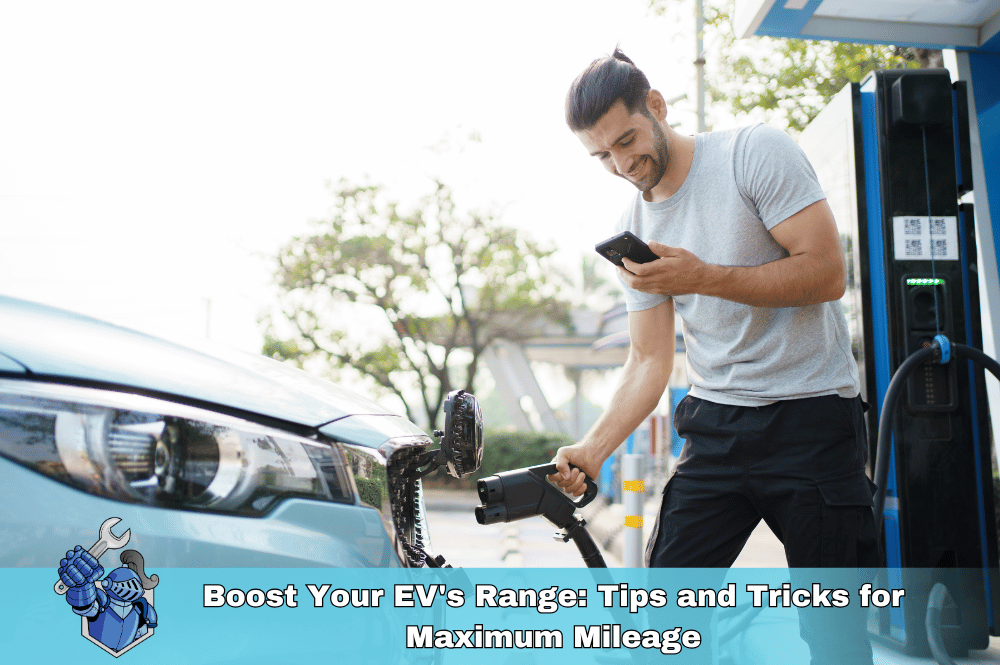 Boost Your EV's Range: Tips and Tricks for Maximum Mileage
Boost Your EV's Range: Tips and Tricks for Maximum Mileage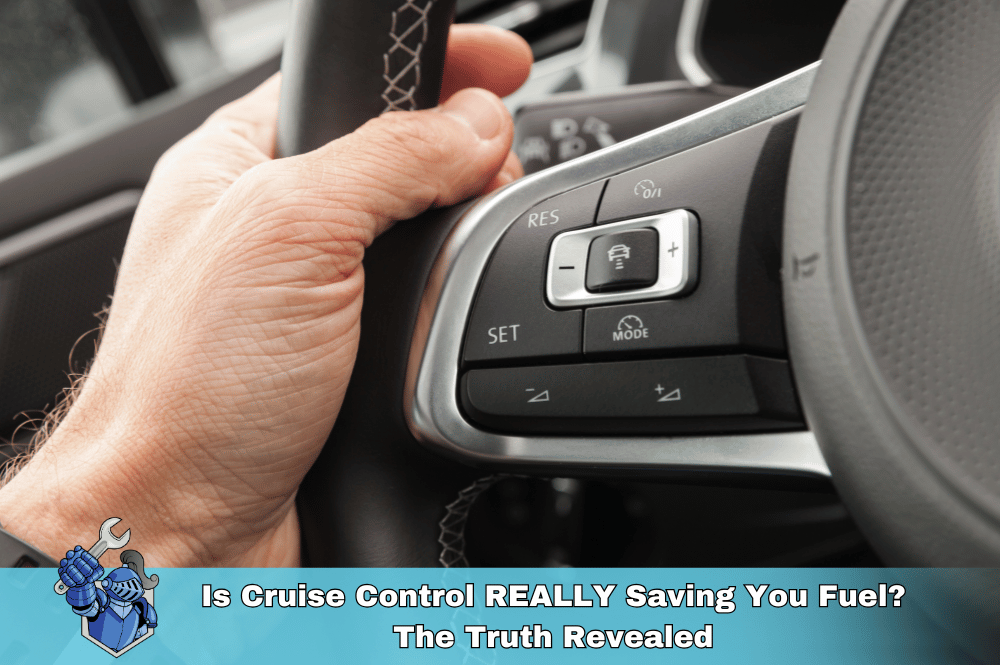 Is Cruise Control REALLY Saving You Fuel? The Truth Revealed
Is Cruise Control REALLY Saving You Fuel? The Truth Revealed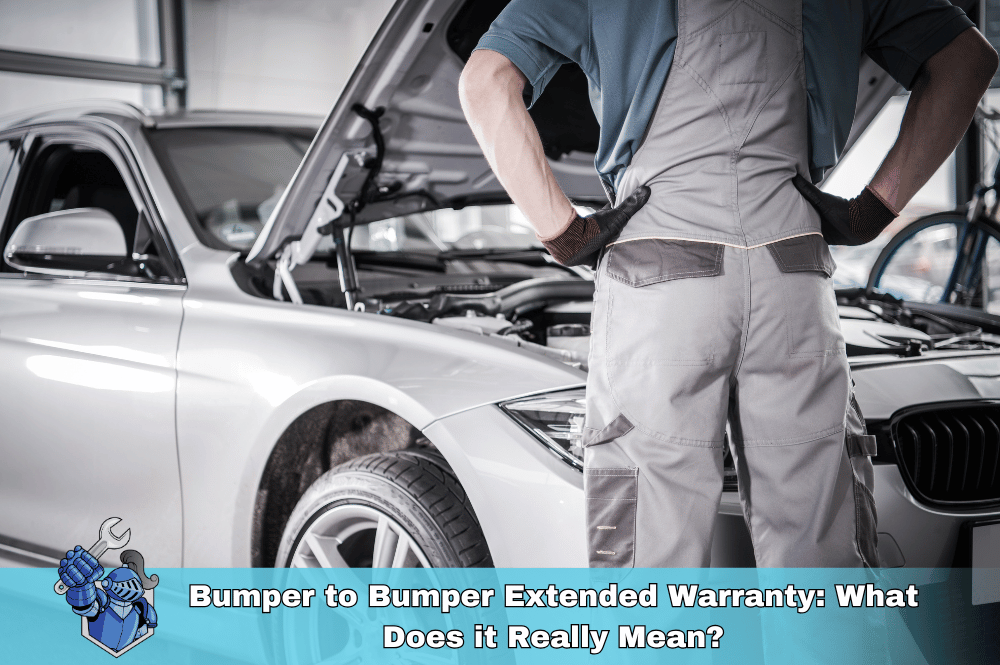 Bumper to Bumper Extended Warranty: What Does it Really Mean?
Bumper to Bumper Extended Warranty: What Does it Really Mean?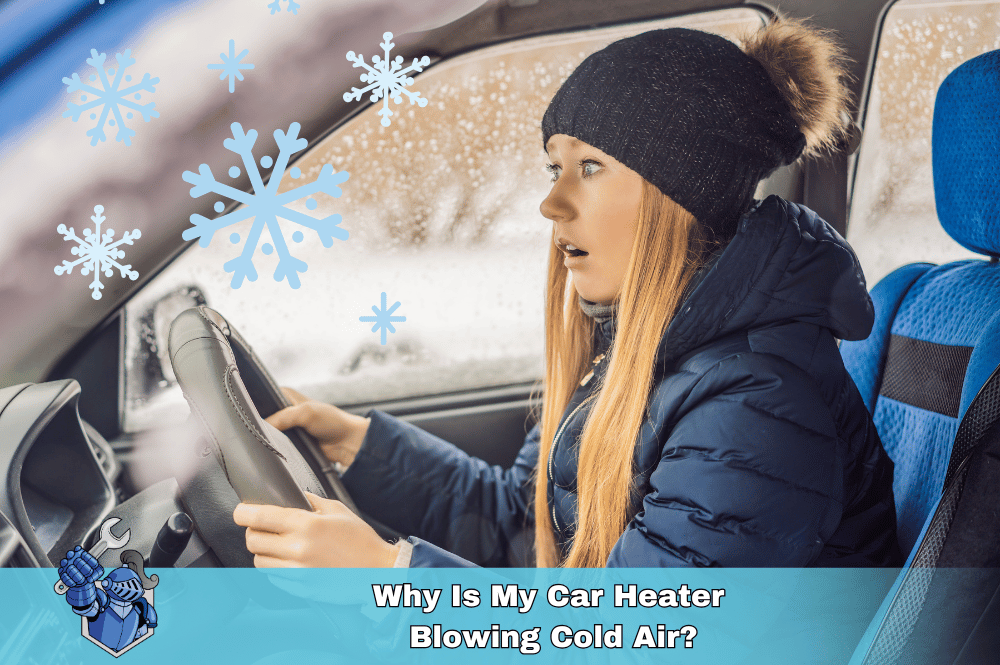 Why Is My Car Heater Blowing Cold Air?
Why Is My Car Heater Blowing Cold Air?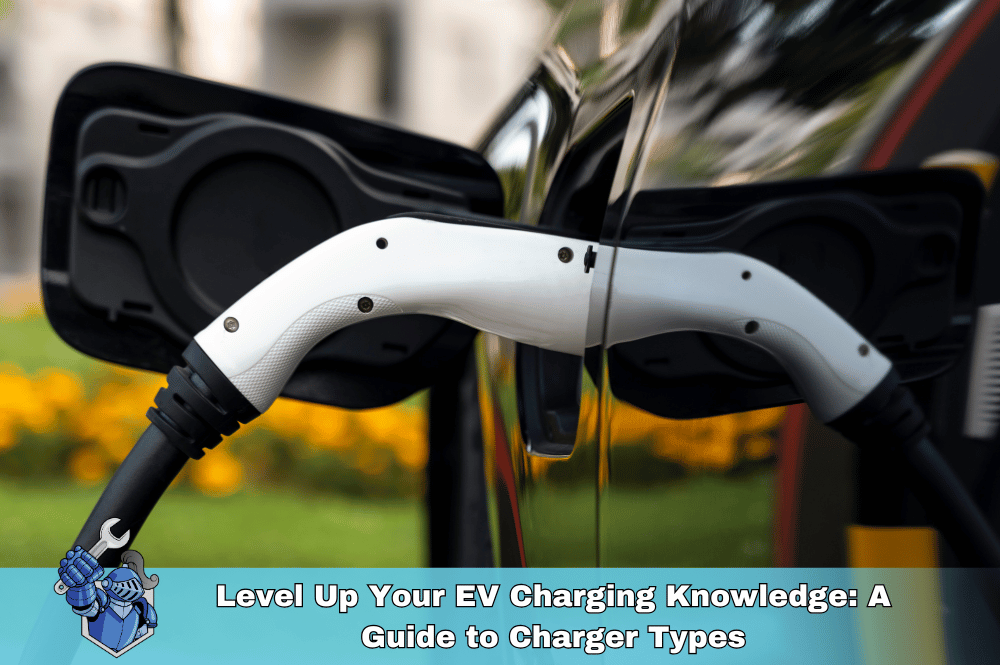 Level Up Your EV Charging Knowledge: A Guide to Charger Types
Level Up Your EV Charging Knowledge: A Guide to Charger Types Selling Your Soul for an Extended Car Warranty (And Why They Keep Calling)
Selling Your Soul for an Extended Car Warranty (And Why They Keep Calling) Speaking Car: How to Clearly Communicate with Your Mechanic
Speaking Car: How to Clearly Communicate with Your Mechanic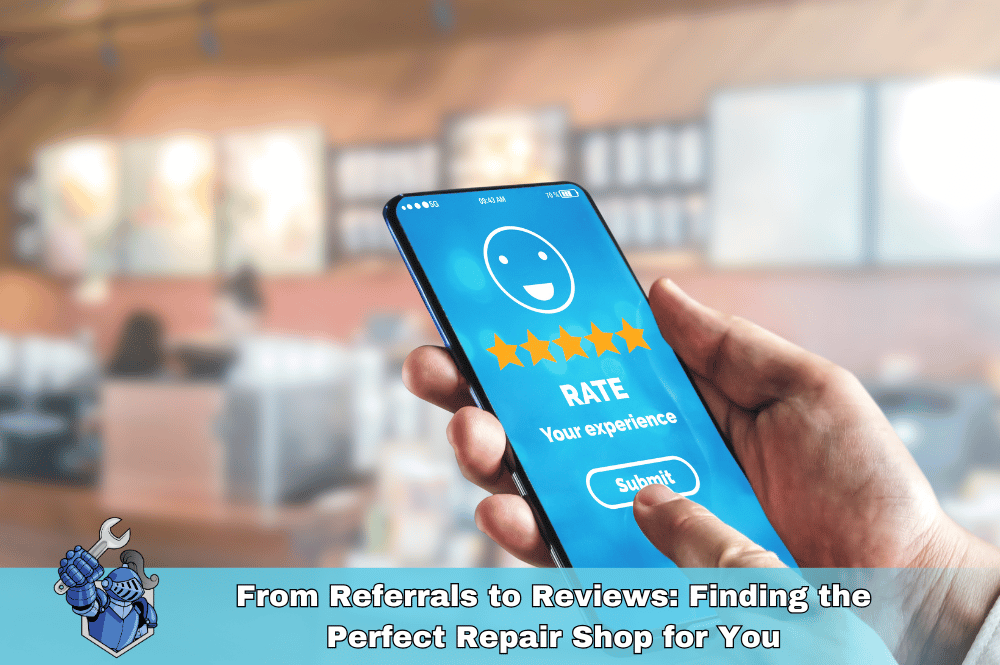 From Referrals to Reviews: Finding the Perfect Repair Shop for You
From Referrals to Reviews: Finding the Perfect Repair Shop for You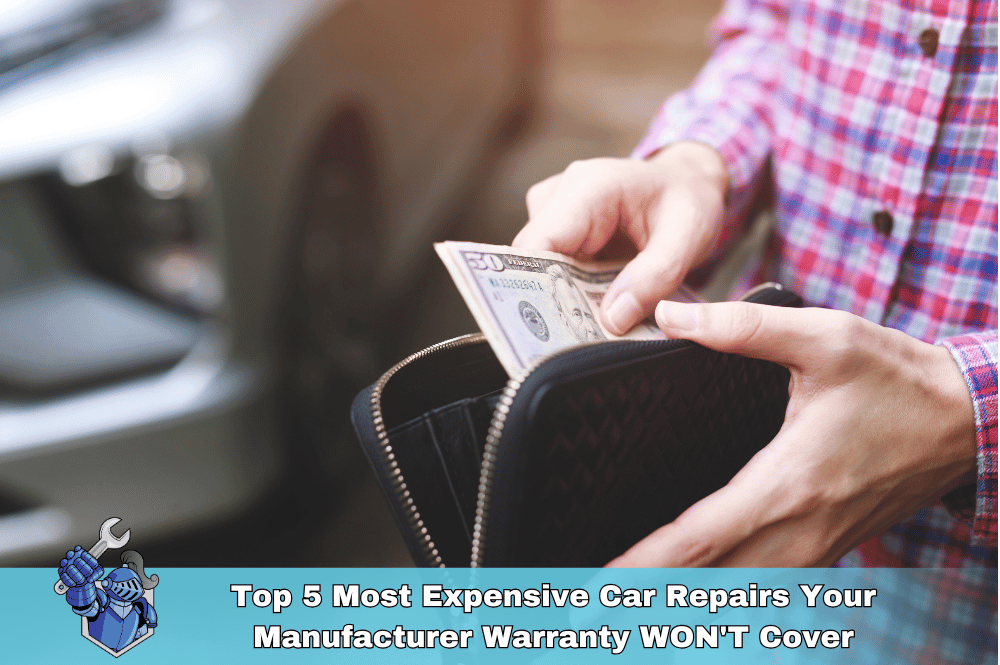 Top 5 Most Expensive Car Repairs Your Manufacturer Warranty WON'T Cover
Top 5 Most Expensive Car Repairs Your Manufacturer Warranty WON'T Cover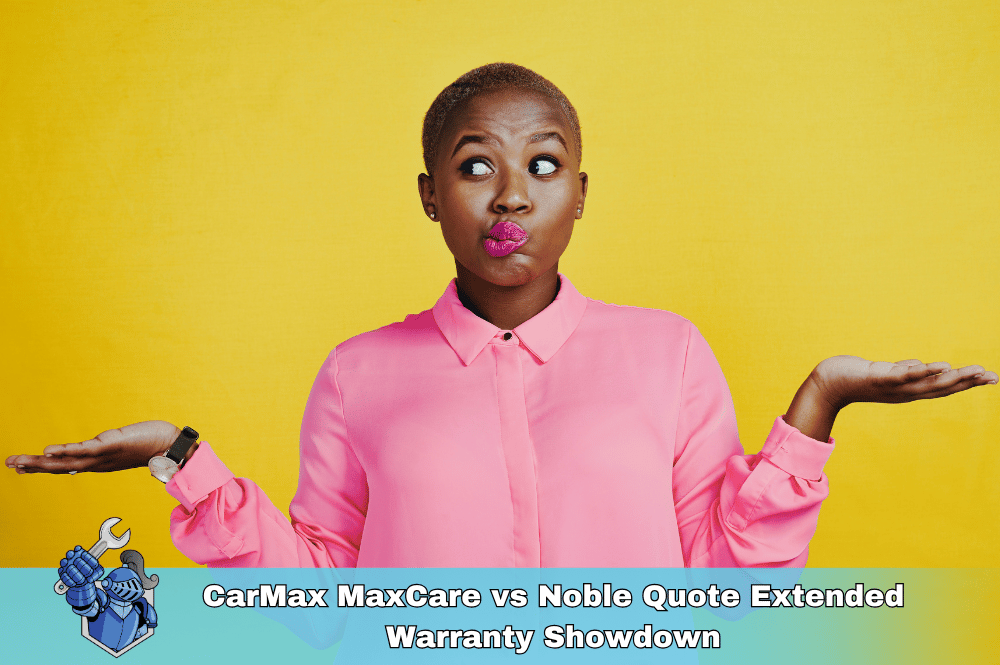 CarMax MaxCare vs. Noble Quote: Extended Warranty Showdown
CarMax MaxCare vs. Noble Quote: Extended Warranty Showdown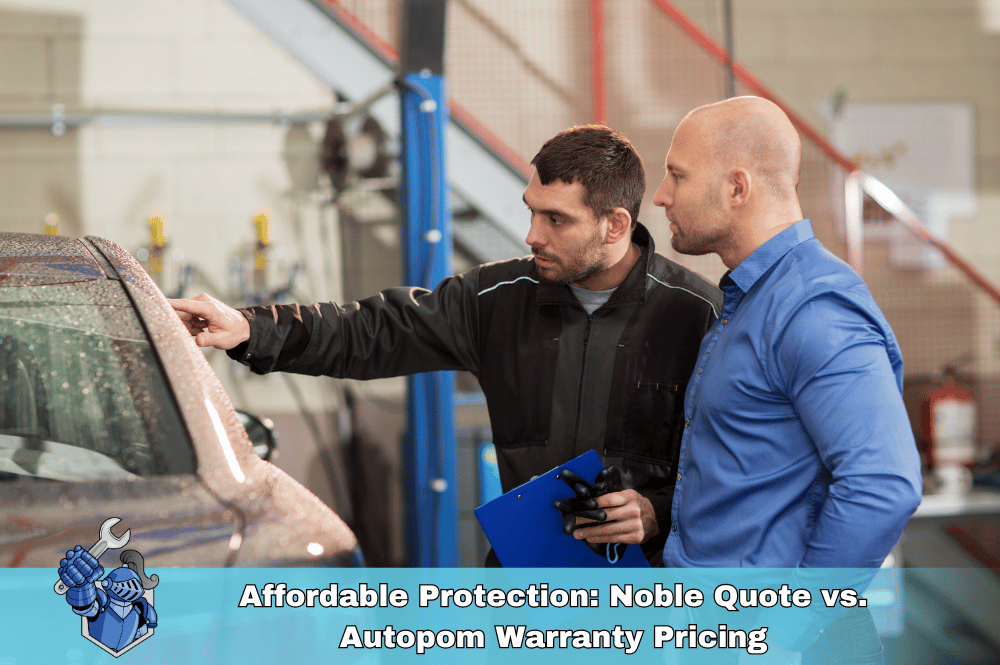 Affordable Protection: Noble Quote vs. Autopom Warranty Pricing
Affordable Protection: Noble Quote vs. Autopom Warranty Pricing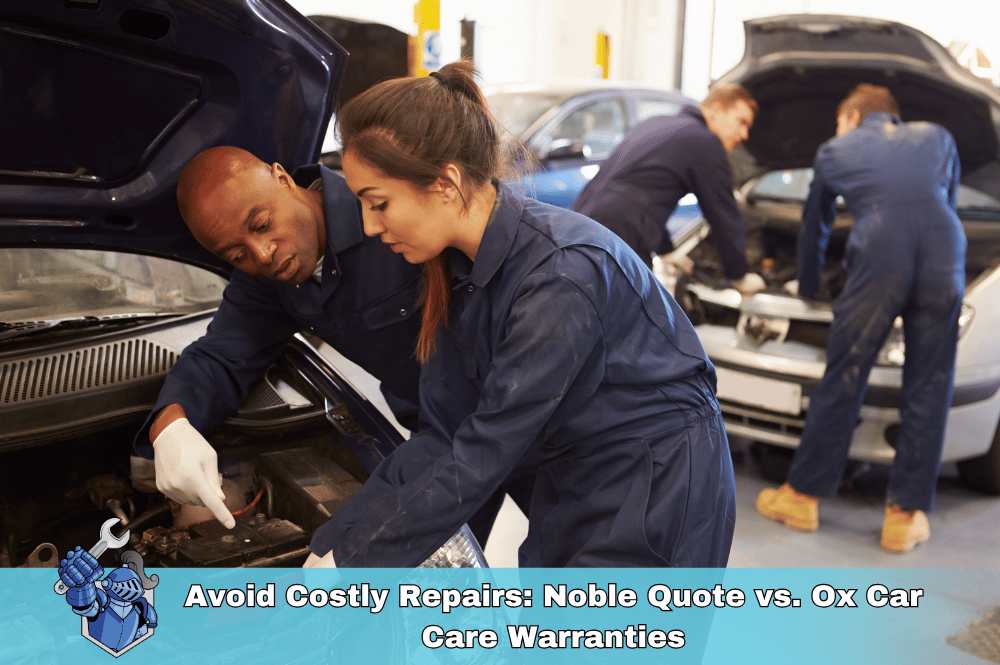 Avoid Costly Repairs: Noble Quote vs. Ox Car Care Warranties
Avoid Costly Repairs: Noble Quote vs. Ox Car Care Warranties Mercedes-Benz G-Class Review: On and Off-Road Performance, Features, and Price
Mercedes-Benz G-Class Review: On and Off-Road Performance, Features, and Price Don’t Buy a Honda Warranty Before Reading This! Noble Quote vs. HondaCare
Don’t Buy a Honda Warranty Before Reading This! Noble Quote vs. HondaCare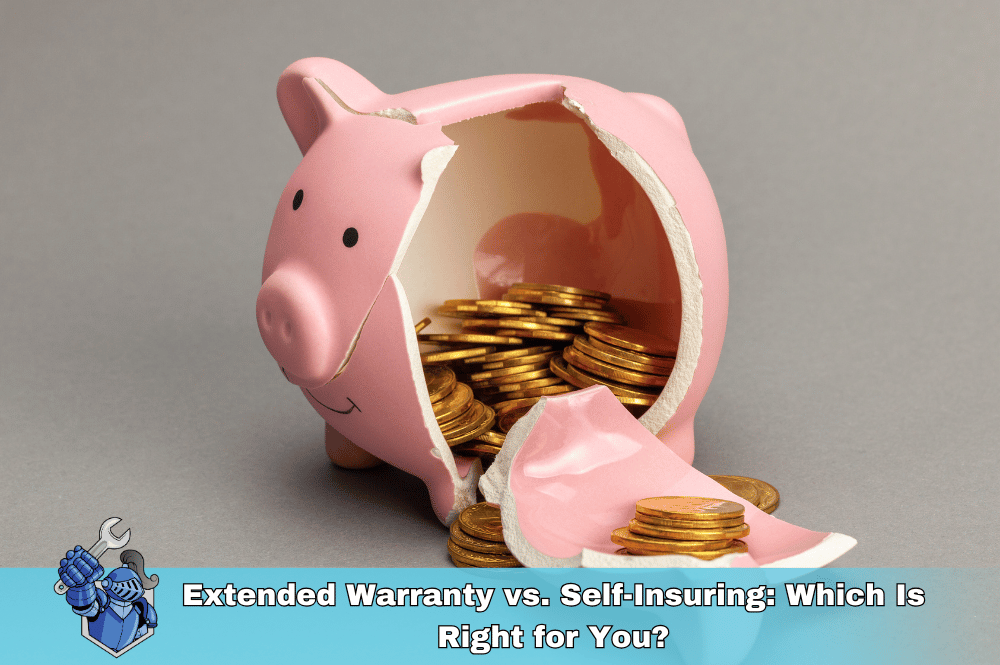 Extended Warranty vs. Self-Insuring: Which Is Right for You?
Extended Warranty vs. Self-Insuring: Which Is Right for You? Best Extended Warranty for Your Ford: Noble Quote or Ford Protect?
Best Extended Warranty for Your Ford: Noble Quote or Ford Protect?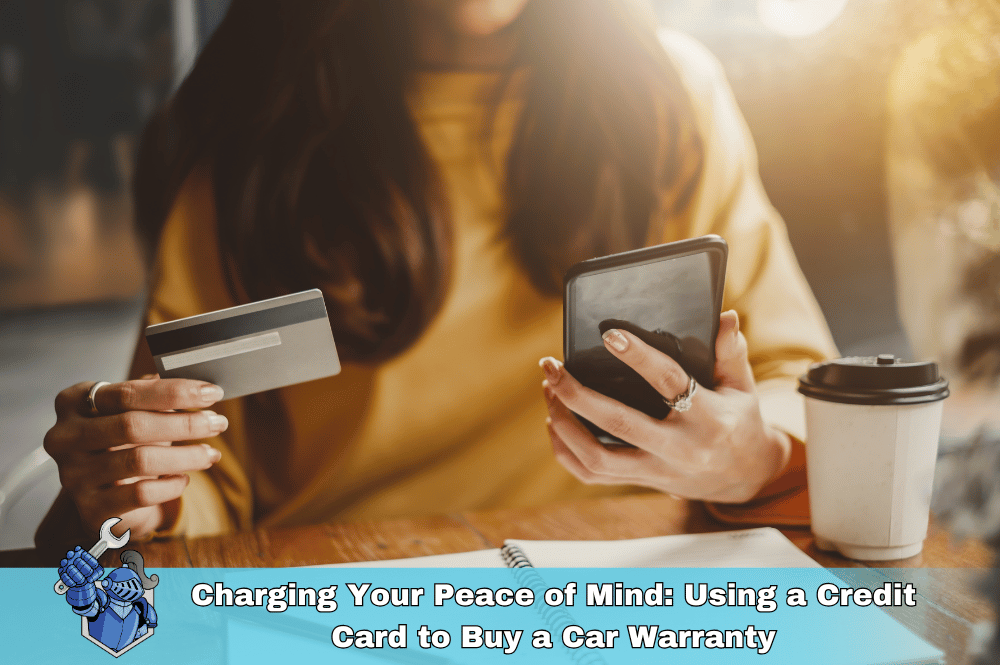 Charging Your Peace of Mind: Using a Credit Card to Buy a Car Warranty
Charging Your Peace of Mind: Using a Credit Card to Buy a Car Warranty Noble Quote vs. Omega Auto Care: Which Auto Warranty Is Right for You?
Noble Quote vs. Omega Auto Care: Which Auto Warranty Is Right for You?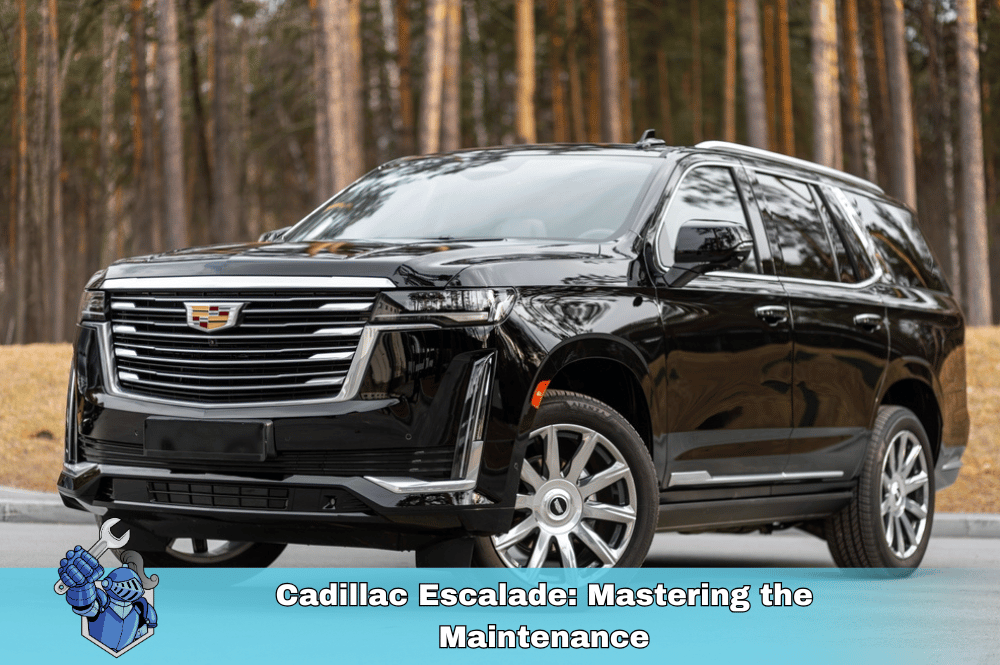 Cadillac Escalade: Mastering the Maintenance
Cadillac Escalade: Mastering the Maintenance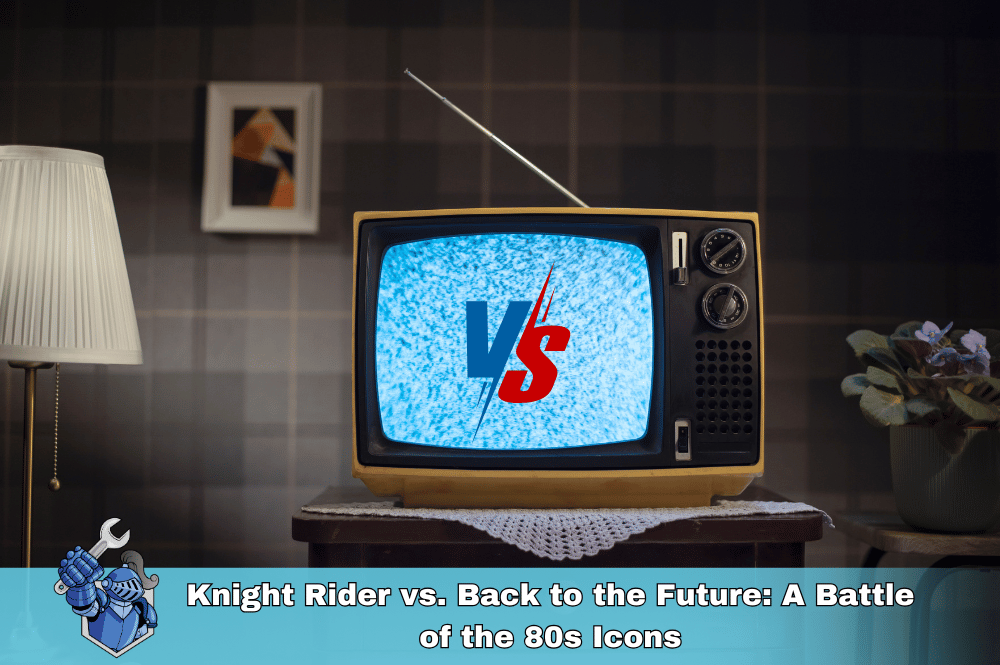 Knight Rider vs. Back to the Future: A Battle of the 80s Icons
Knight Rider vs. Back to the Future: A Battle of the 80s Icons 10 Things You Didn't Know About James Bond’s Aston Martin DB5
10 Things You Didn't Know About James Bond’s Aston Martin DB5 Cupid's Got Horsepower: Rev Up Your Valentine's Day!
Cupid's Got Horsepower: Rev Up Your Valentine's Day!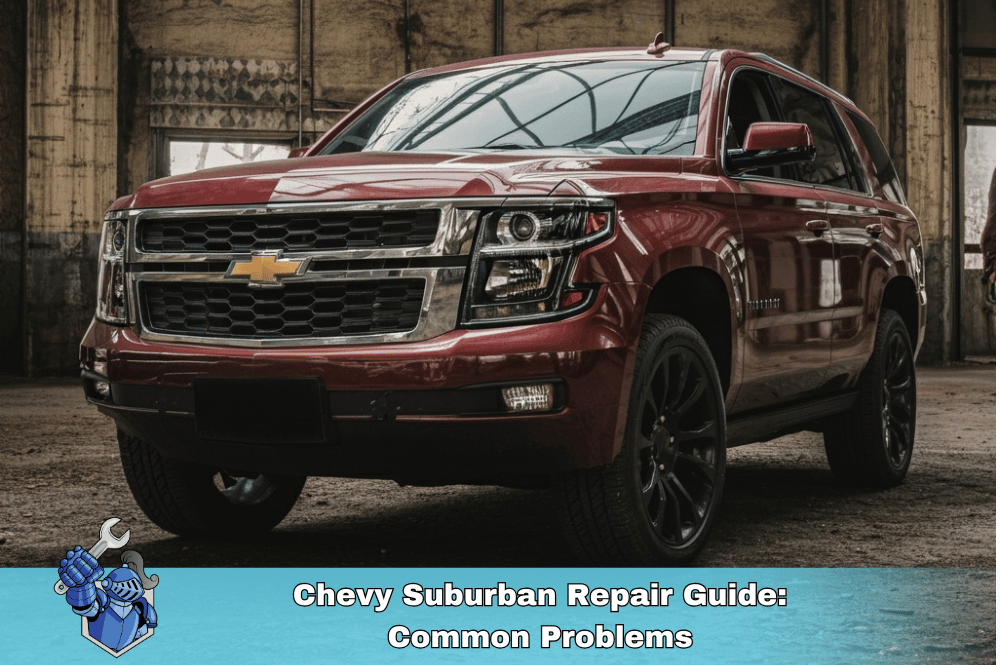 Chevy Suburban Repair Guide: Common Problems
Chevy Suburban Repair Guide: Common Problems The Greatest NASCAR Rivalries of All Time: On-Track Battles and Off-Track Drama
The Greatest NASCAR Rivalries of All Time: On-Track Battles and Off-Track Drama Beyond F1: Exploring the World's Most Extreme Racing Series
Beyond F1: Exploring the World's Most Extreme Racing Series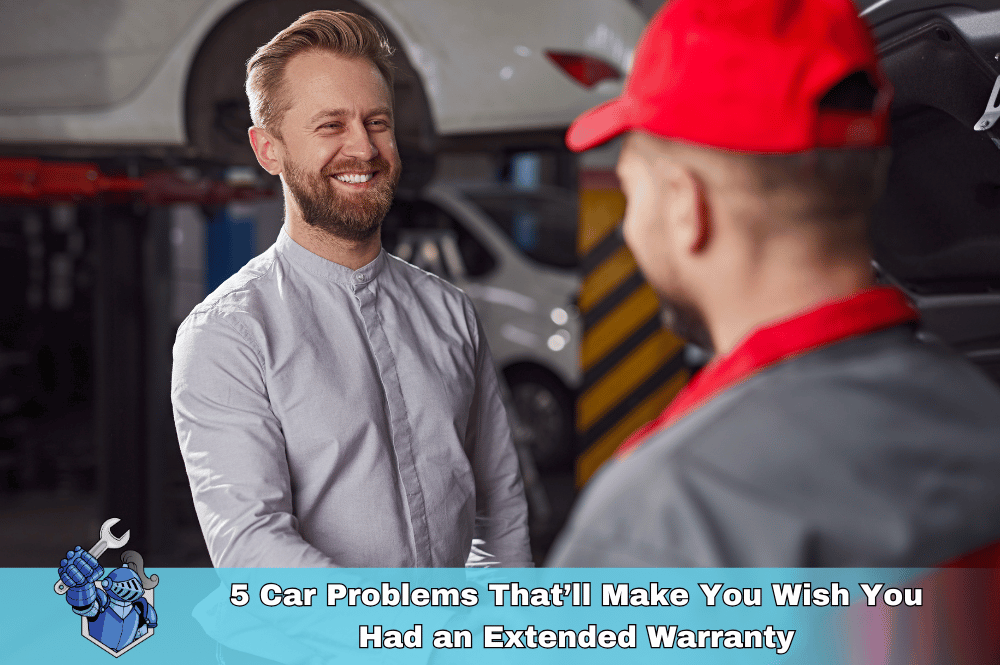 5 Car Problems That’ll Make You Wish You Had an Extended Warranty
5 Car Problems That’ll Make You Wish You Had an Extended Warranty If NASCAR Had Car Warranties: The Pit Stop Chaos You’d See
If NASCAR Had Car Warranties: The Pit Stop Chaos You’d See Forza: The Perfect Blend of Simulation and Arcade Fun
Forza: The Perfect Blend of Simulation and Arcade Fun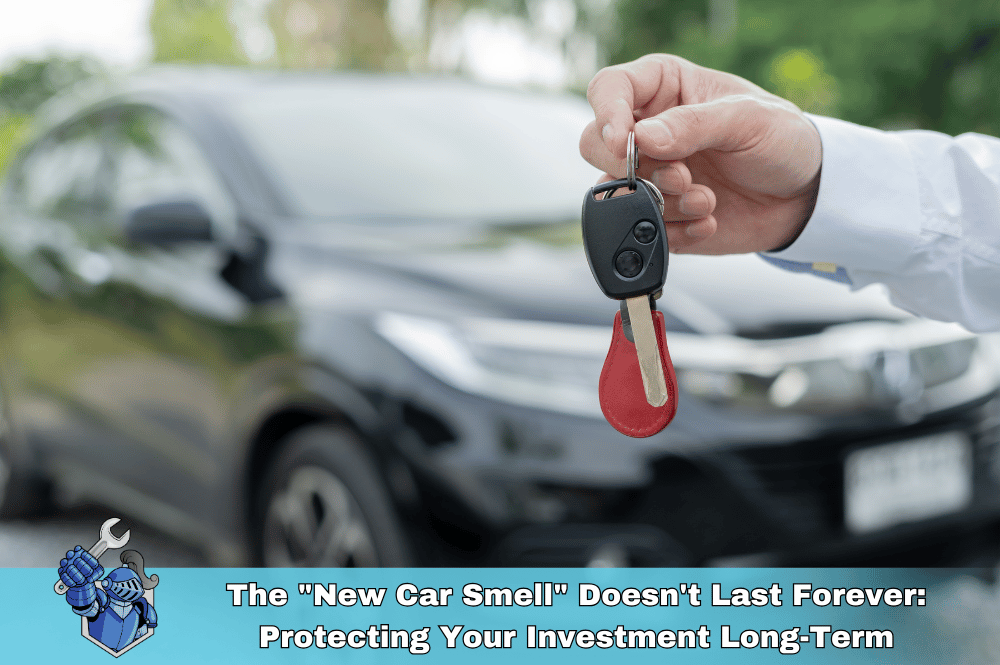 The "New Car Smell" Doesn't Last Forever: Protecting Your Investment Long-Term
The "New Car Smell" Doesn't Last Forever: Protecting Your Investment Long-Term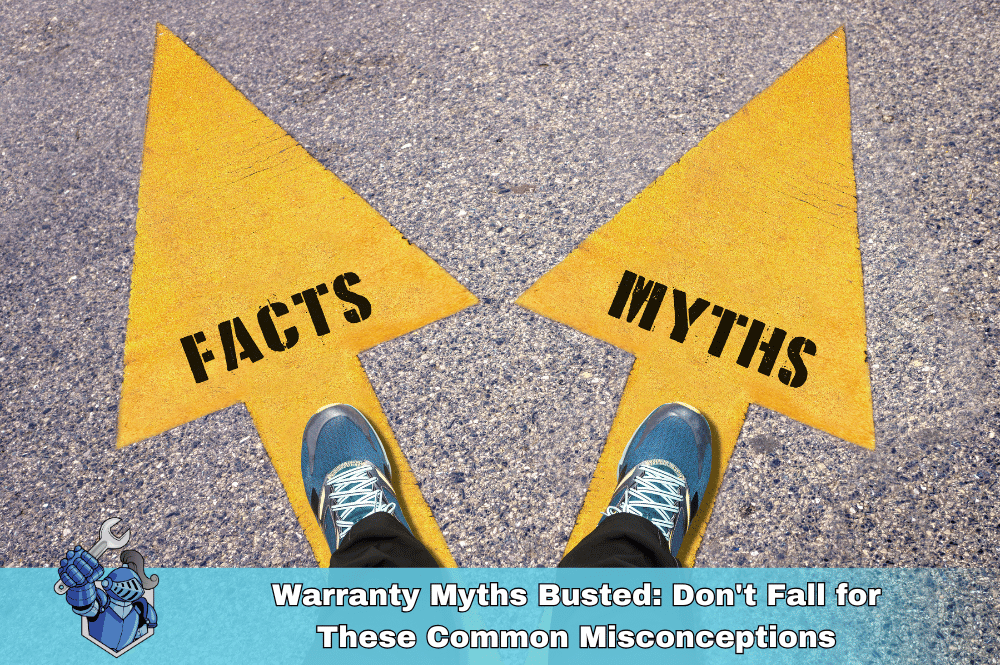 Warranty Myths Busted: Don't Fall for These Common Misconceptions
Warranty Myths Busted: Don't Fall for These Common Misconceptions We've Moved! Noble Quote's New Home at the Lake of the Ozarks
We've Moved! Noble Quote's New Home at the Lake of the Ozarks The Future of Racing: Electric Cars, Autonomous Vehicles, and Beyond
The Future of Racing: Electric Cars, Autonomous Vehicles, and Beyond Porsche Cayenne Engine Problems: What to Watch For
Porsche Cayenne Engine Problems: What to Watch For Supercar Dreams on a Budget: The Most Affordable Exotics for First-Time Buyers
Supercar Dreams on a Budget: The Most Affordable Exotics for First-Time Buyers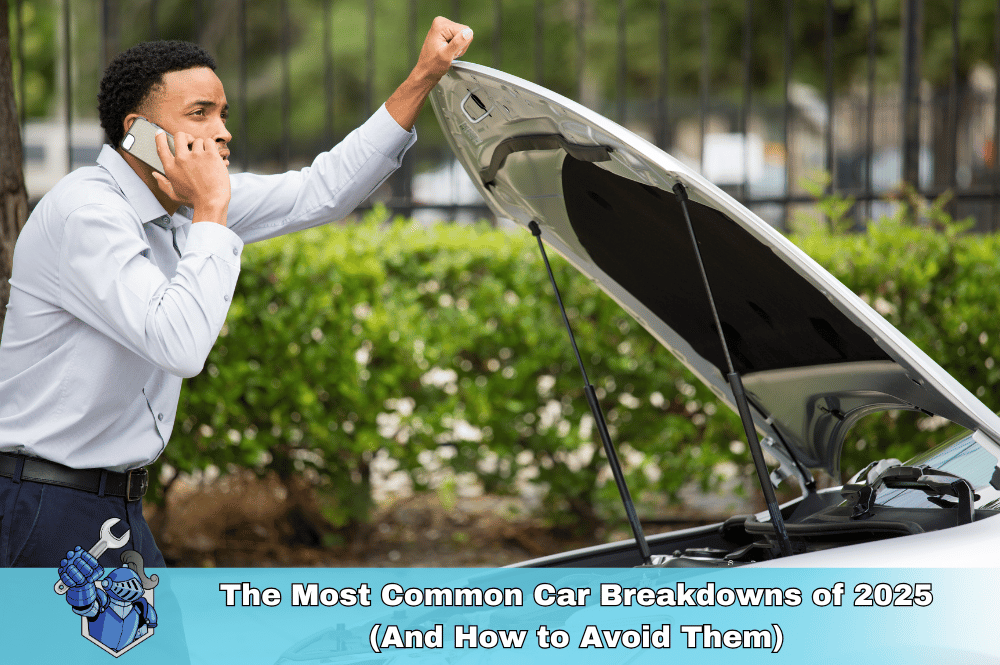 The Most Common Car Breakdowns of 2025 (And How to Avoid Them)
The Most Common Car Breakdowns of 2025 (And How to Avoid Them)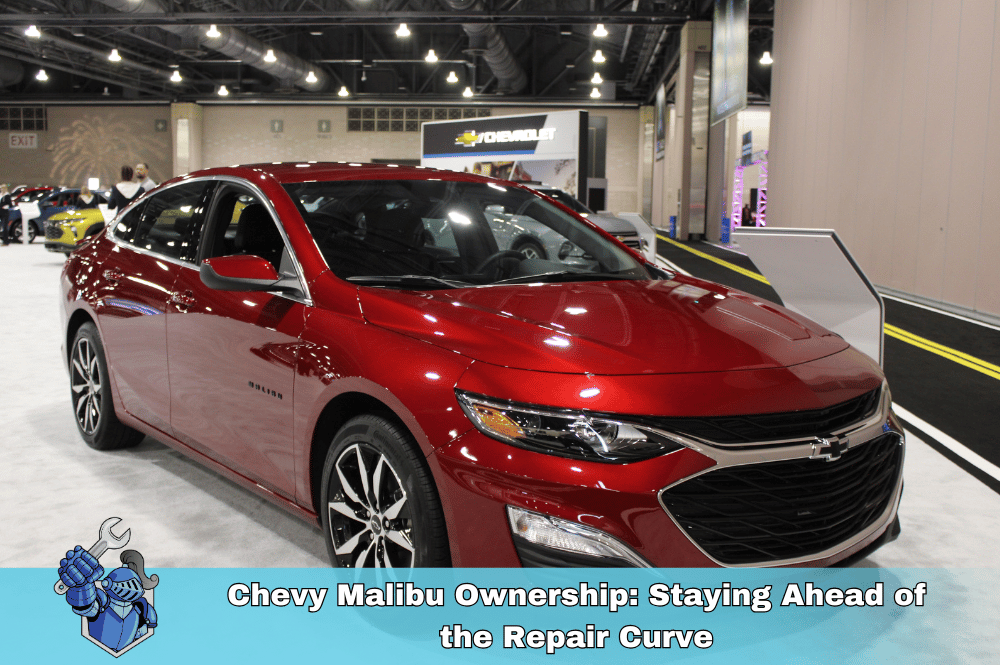 Chevy Malibu Ownership: Staying Ahead of the Repair Curve
Chevy Malibu Ownership: Staying Ahead of the Repair Curve Mazda Extended Warranty: Your Comprehensive Guide
Mazda Extended Warranty: Your Comprehensive Guide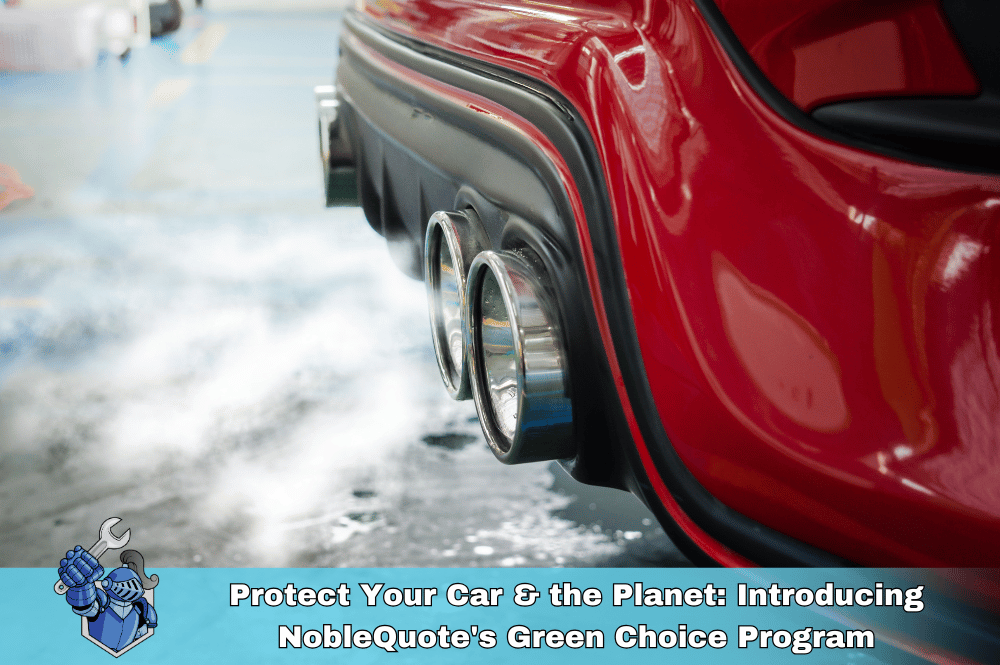 Protect Your Car & the Planet: Introducing NobleQuote's Green Choice Program
Protect Your Car & the Planet: Introducing NobleQuote's Green Choice Program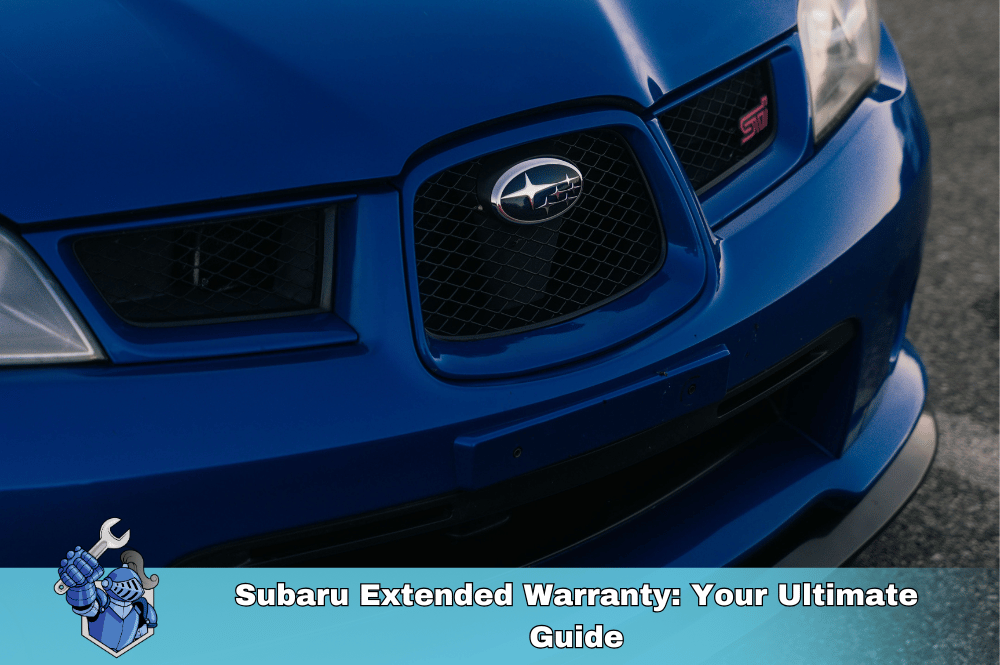 Subaru Extended Warranty: Your Ultimate Guide
Subaru Extended Warranty: Your Ultimate Guide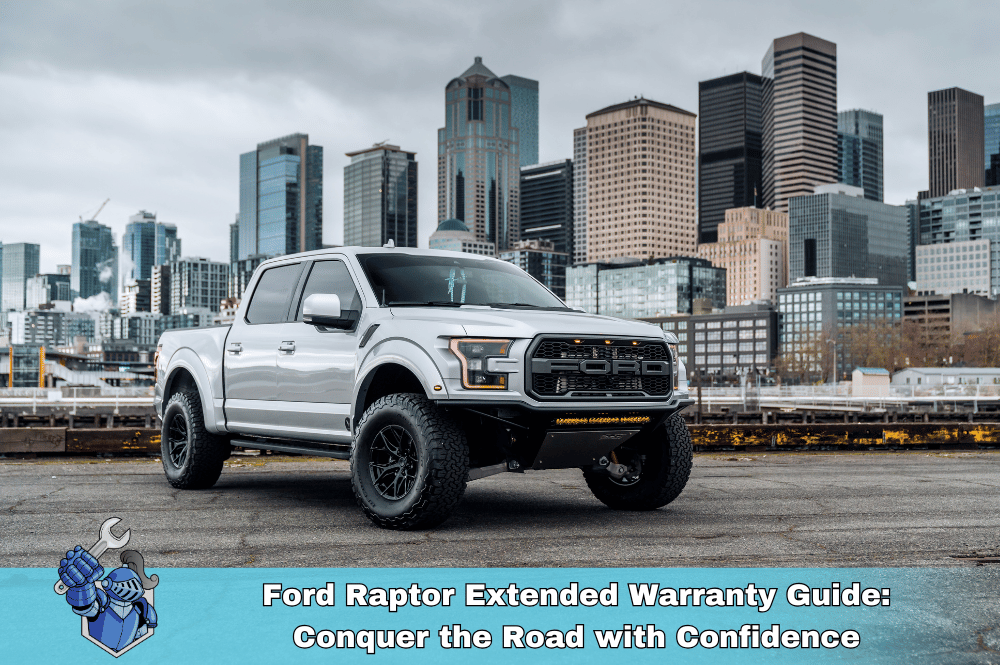 Ford Raptor Extended Warranty Guide: Conquer the Road with Confidence
Ford Raptor Extended Warranty Guide: Conquer the Road with Confidence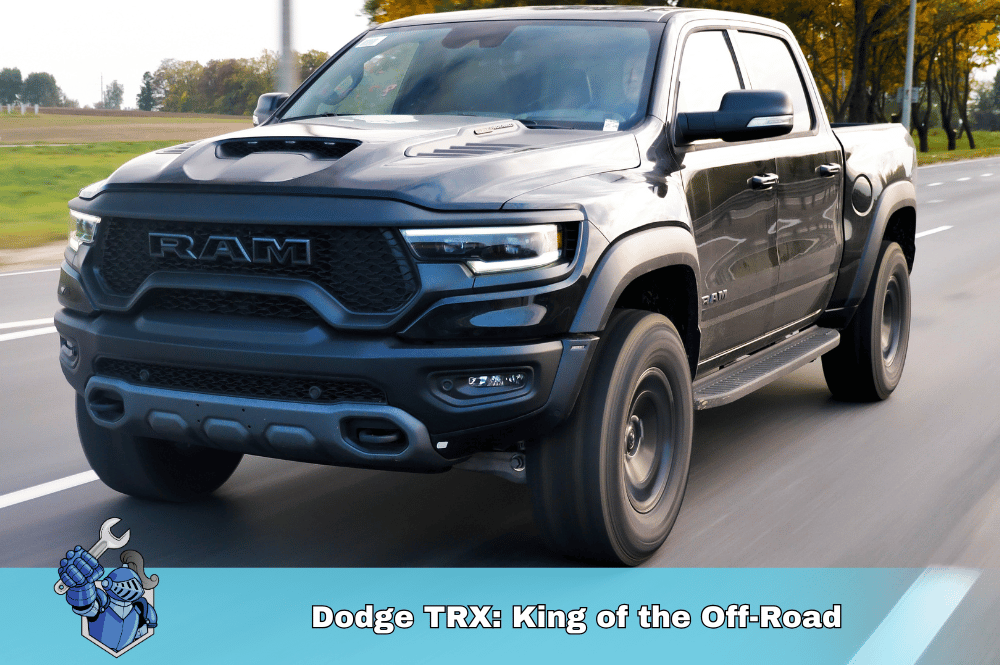 Dodge TRX: King of the Off-Road
Dodge TRX: King of the Off-Road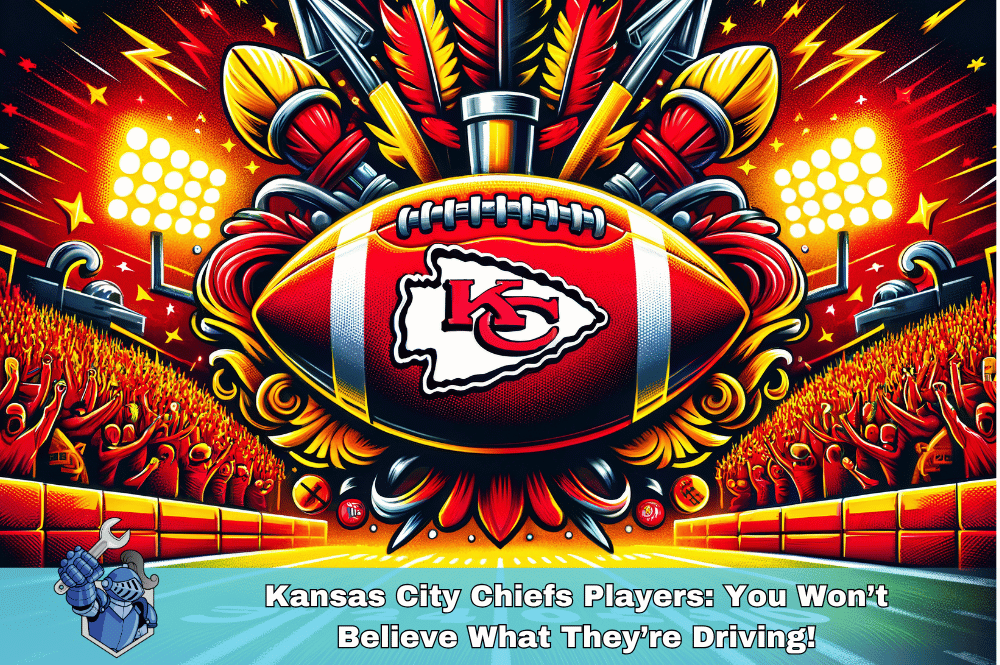 Kansas City Chiefs Players: You Won’t Believe What They’re Driving!
Kansas City Chiefs Players: You Won’t Believe What They’re Driving! Porsche GT3: Beyond the Numbers – The Soul-Stirring GT3 Experience
Porsche GT3: Beyond the Numbers – The Soul-Stirring GT3 Experience Ferrari vs. Lamborghini: A History of Innovation and Rivalry
Ferrari vs. Lamborghini: A History of Innovation and Rivalry Noble Quote: Driving with Confidence, Protected from Unexpected Repairs
Noble Quote: Driving with Confidence, Protected from Unexpected Repairs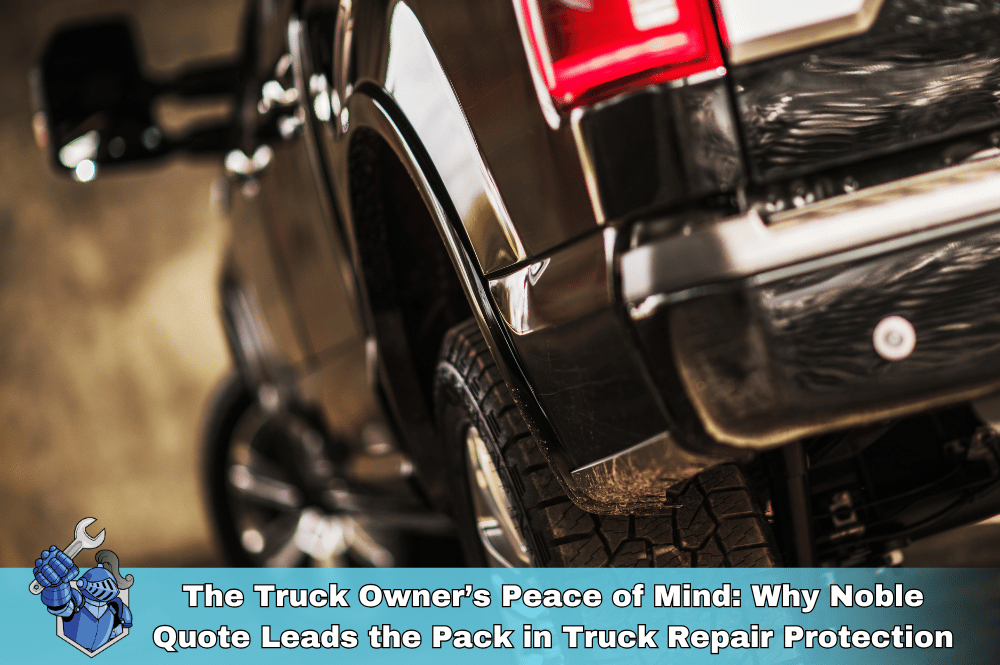 The Truck Owner’s Peace of Mind: Why Noble Quote Leads the Pack in Truck Repair Protection
The Truck Owner’s Peace of Mind: Why Noble Quote Leads the Pack in Truck Repair Protection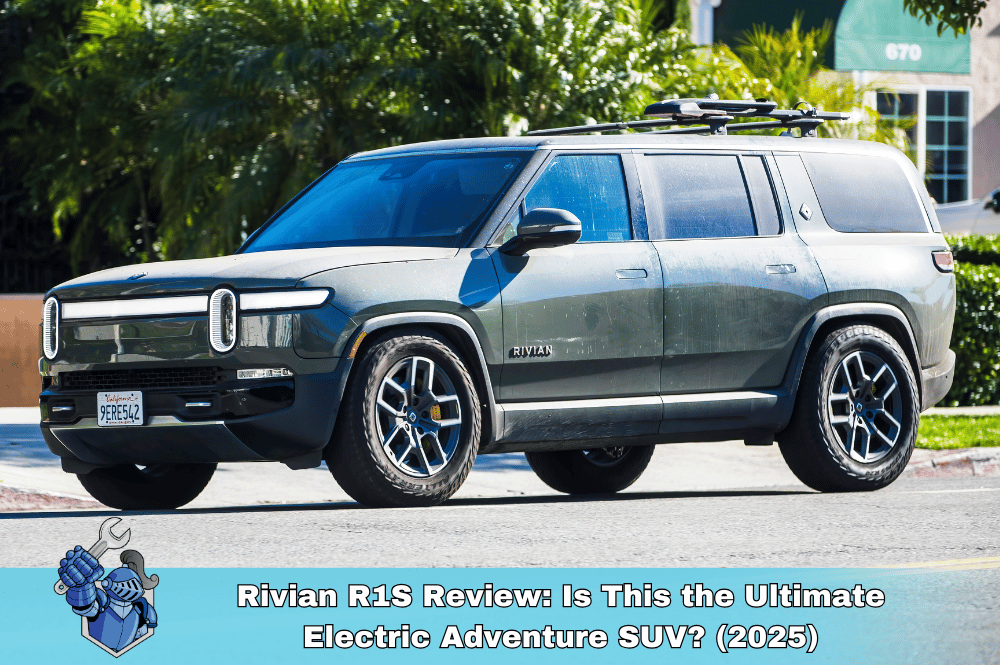 Rivian R1S Review: Is This the Ultimate Electric Adventure SUV? (2025)
Rivian R1S Review: Is This the Ultimate Electric Adventure SUV? (2025)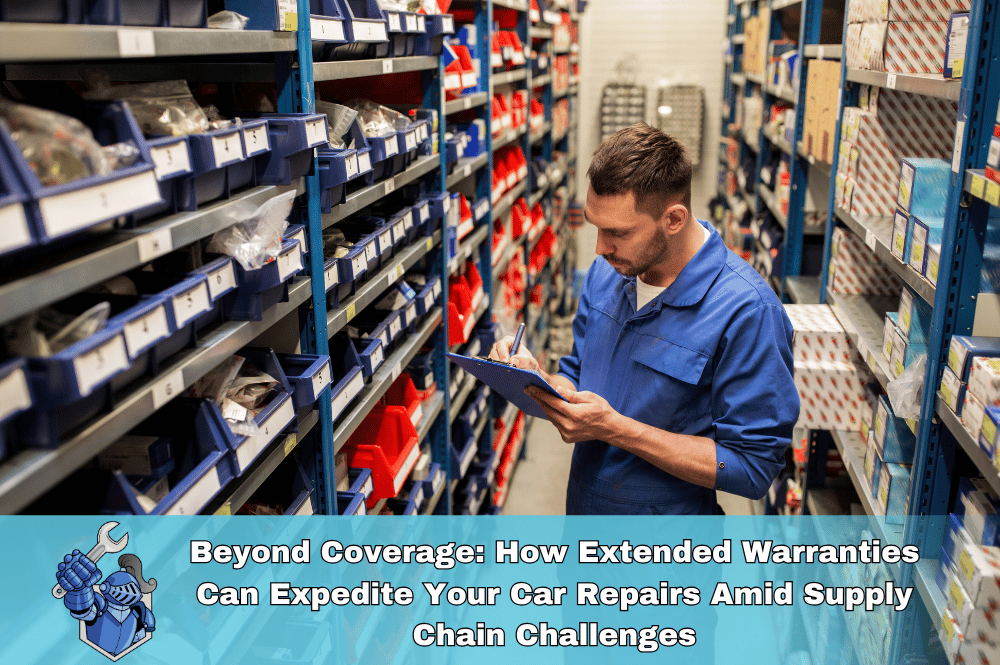 Beyond Coverage: How Extended Warranties Can Expedite Your Car Repairs Amid Supply Chain Challenges
Beyond Coverage: How Extended Warranties Can Expedite Your Car Repairs Amid Supply Chain Challenges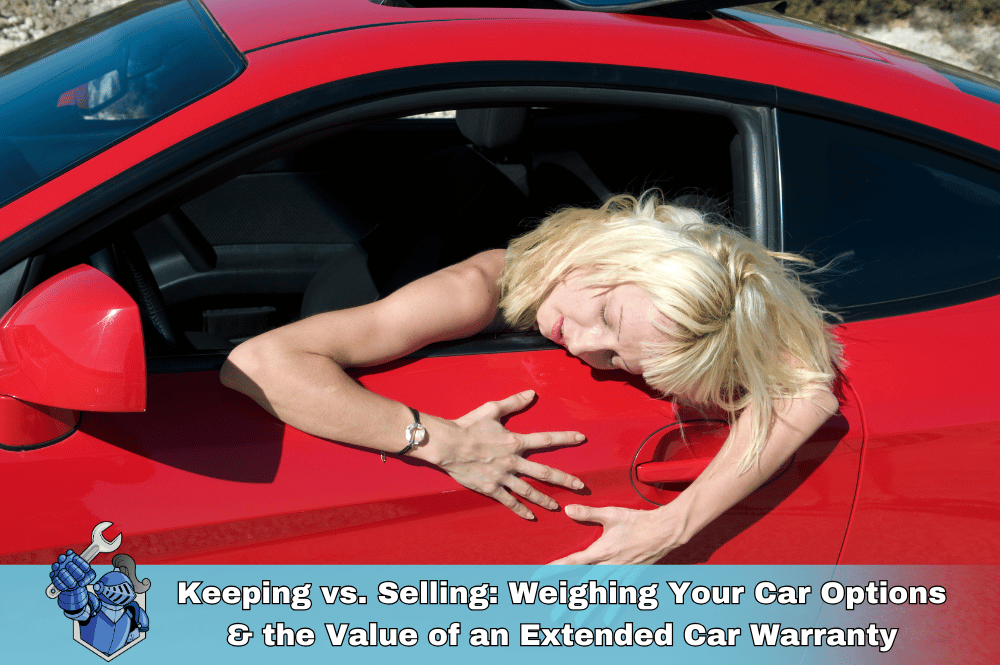 Keeping vs. Selling: Weighing Your Car Options & the Value of an Extended Car Warranty
Keeping vs. Selling: Weighing Your Car Options & the Value of an Extended Car Warranty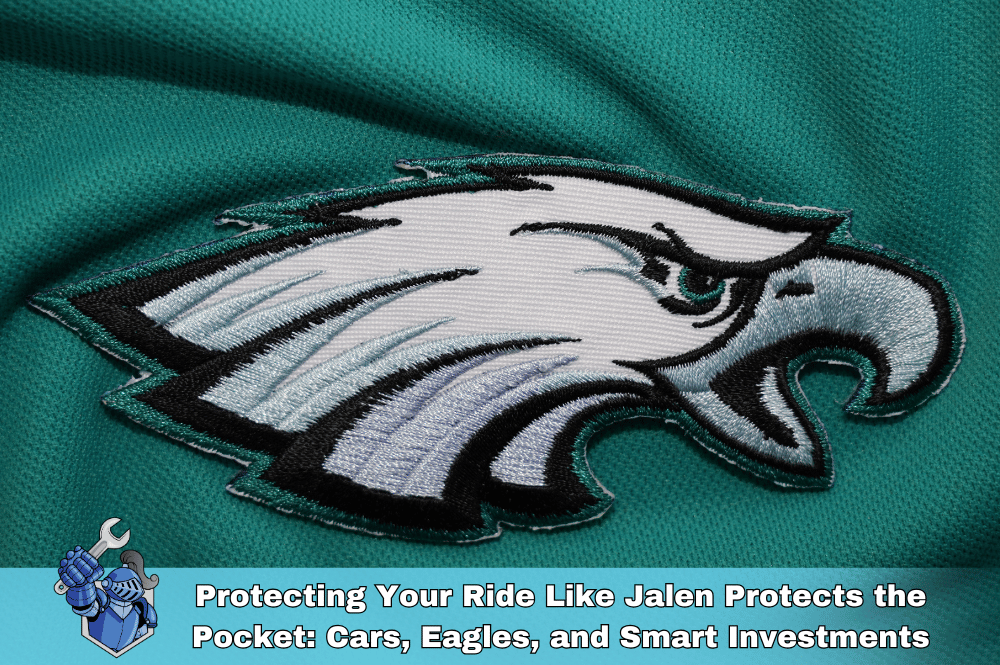 Protecting Your Ride Like Jalen Protects the Pocket: Cars, Eagles, and Smart Investments
Protecting Your Ride Like Jalen Protects the Pocket: Cars, Eagles, and Smart Investments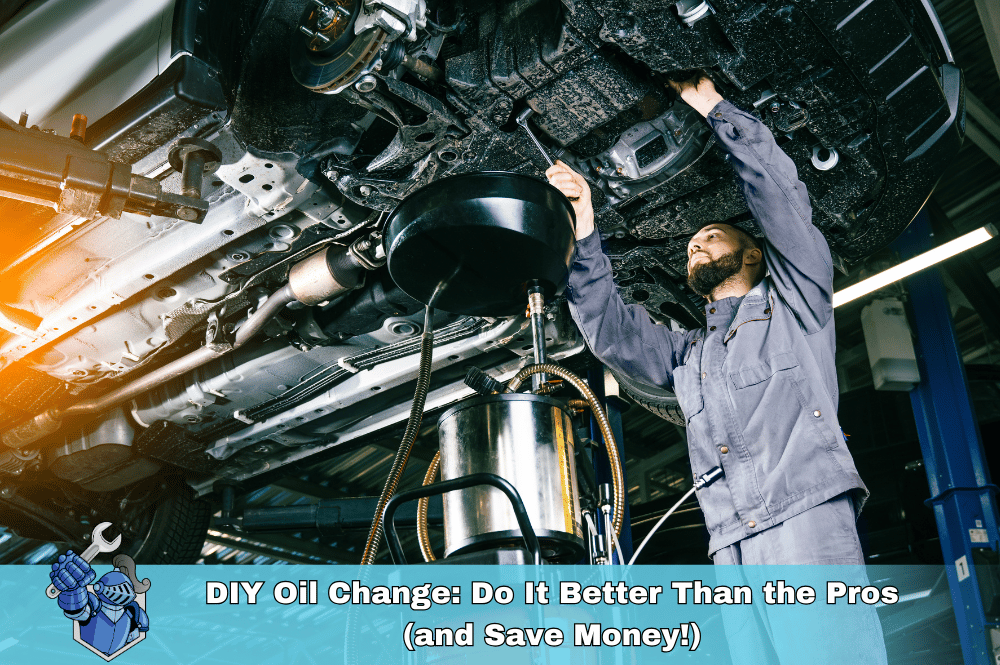 DIY Oil Change: Do It Better Than the Pros (and Save Money!)
DIY Oil Change: Do It Better Than the Pros (and Save Money!)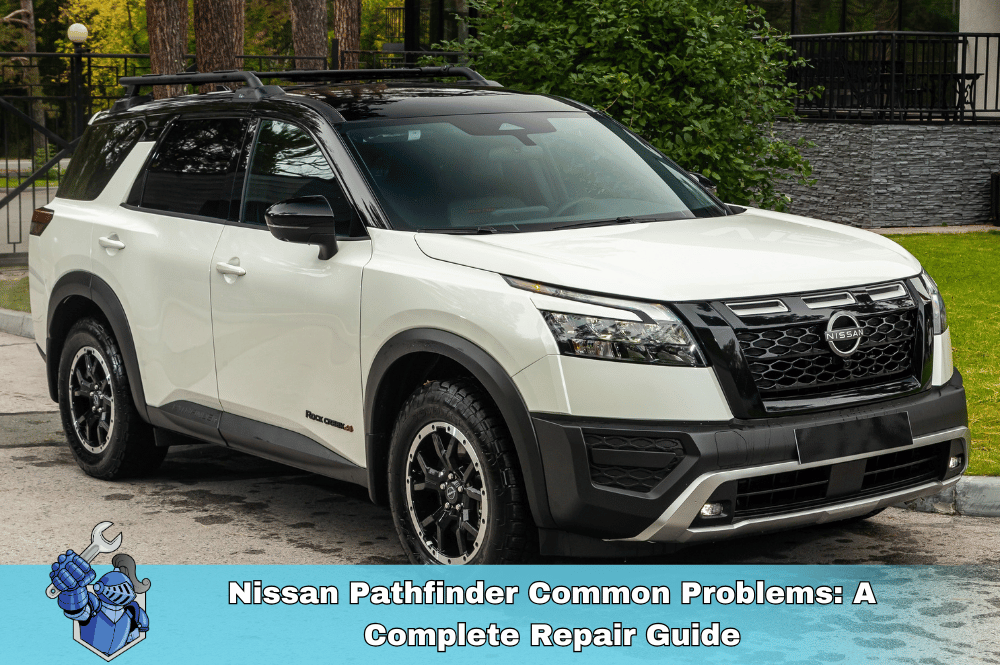 Nissan Pathfinder Common Problems: A Complete Repair Guide
Nissan Pathfinder Common Problems: A Complete Repair Guide Extended Car Warranty with Active Factory Coverage: Smart Move or Waste of Money?
Extended Car Warranty with Active Factory Coverage: Smart Move or Waste of Money?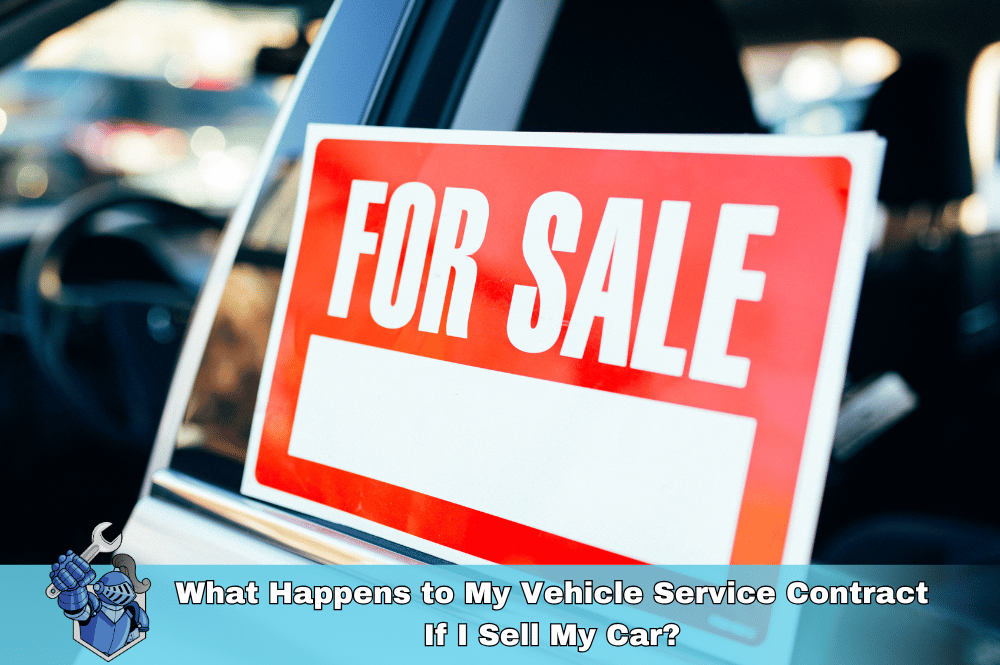 What Happens to My Vehicle Service Contract If I Sell My Car?
What Happens to My Vehicle Service Contract If I Sell My Car?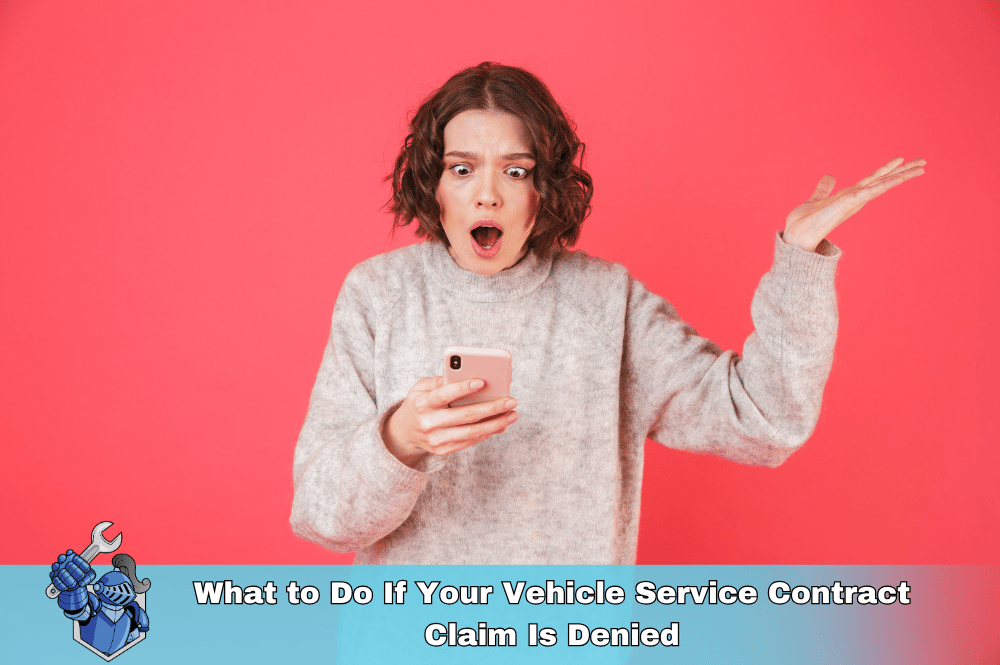 What to Do If Your Vehicle Service Contract Claim Is Denied
What to Do If Your Vehicle Service Contract Claim Is Denied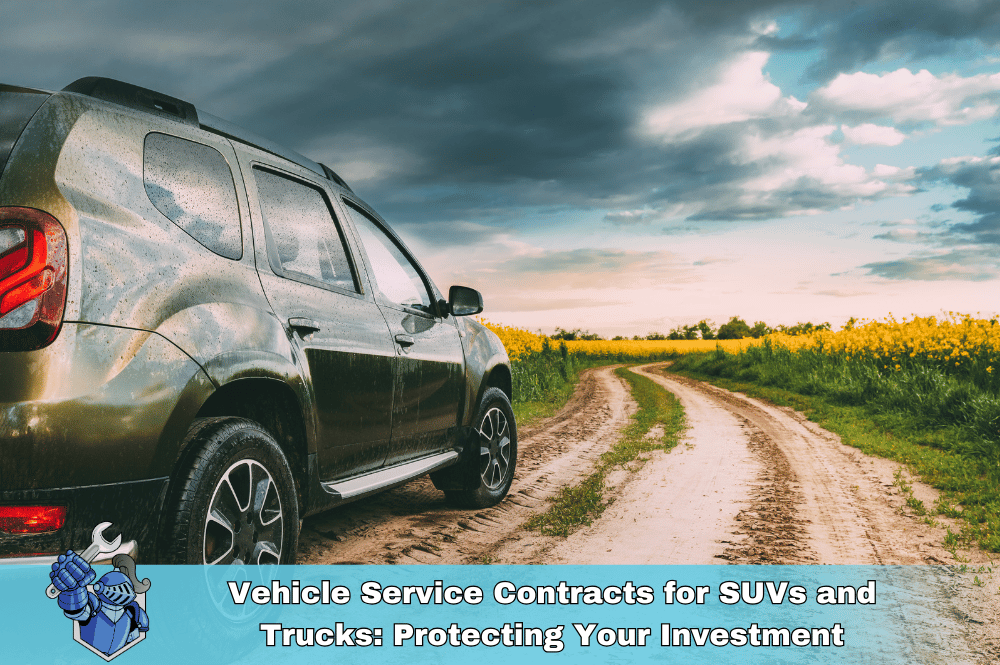 Vehicle Service Contracts for SUVs and Trucks: Protecting Your Investment
Vehicle Service Contracts for SUVs and Trucks: Protecting Your Investment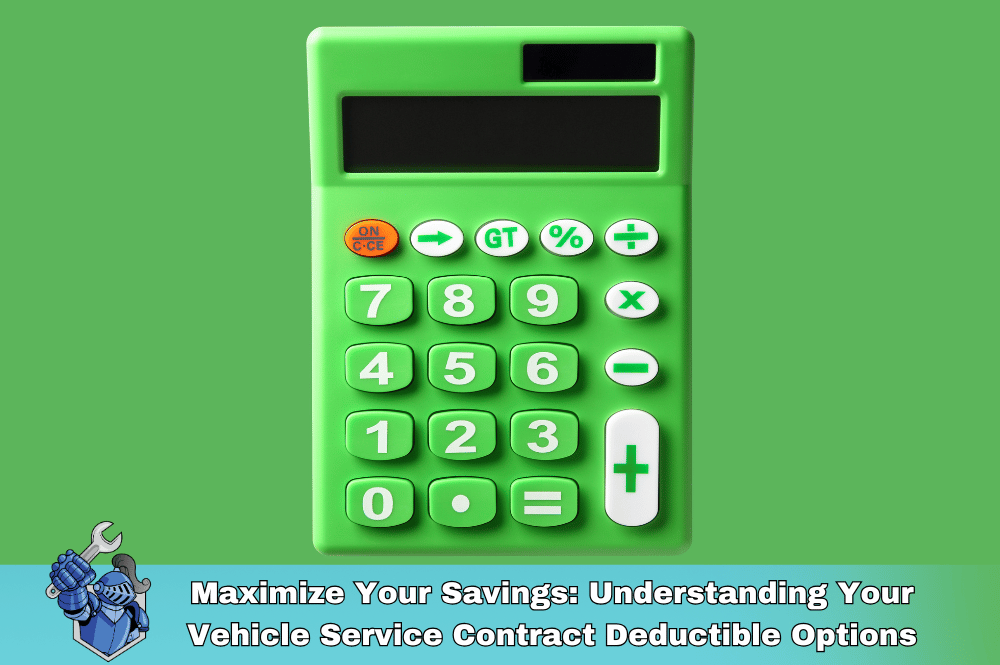 Maximize Your Savings: Understanding Your Vehicle Service Contract Deductible Options
Maximize Your Savings: Understanding Your Vehicle Service Contract Deductible Options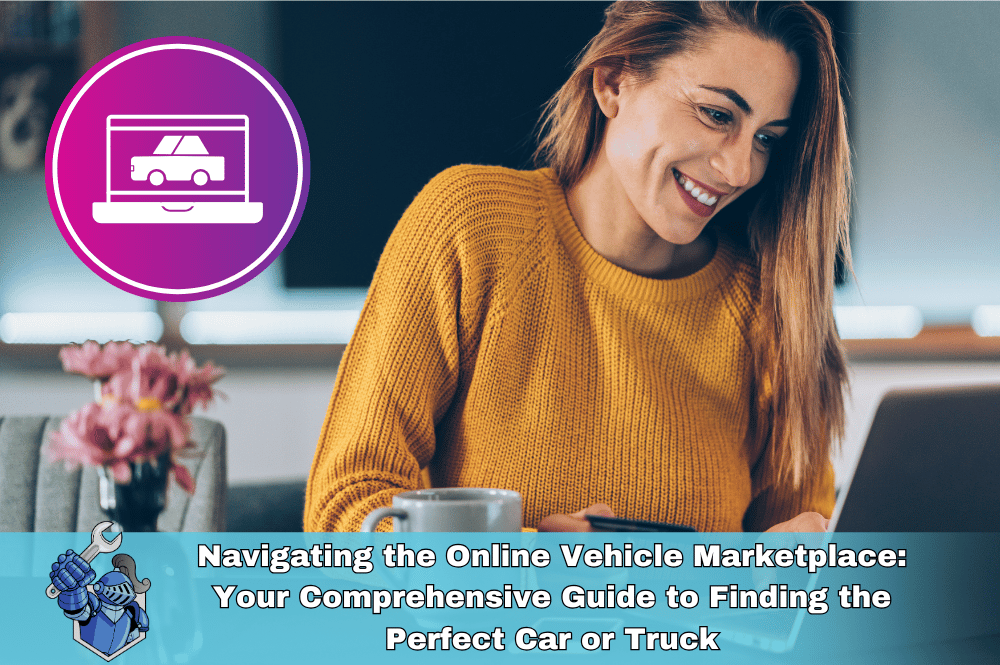 Navigating the Online Vehicle Marketplace: Your Comprehensive Guide to Finding the Perfect Car or Truck
Navigating the Online Vehicle Marketplace: Your Comprehensive Guide to Finding the Perfect Car or Truck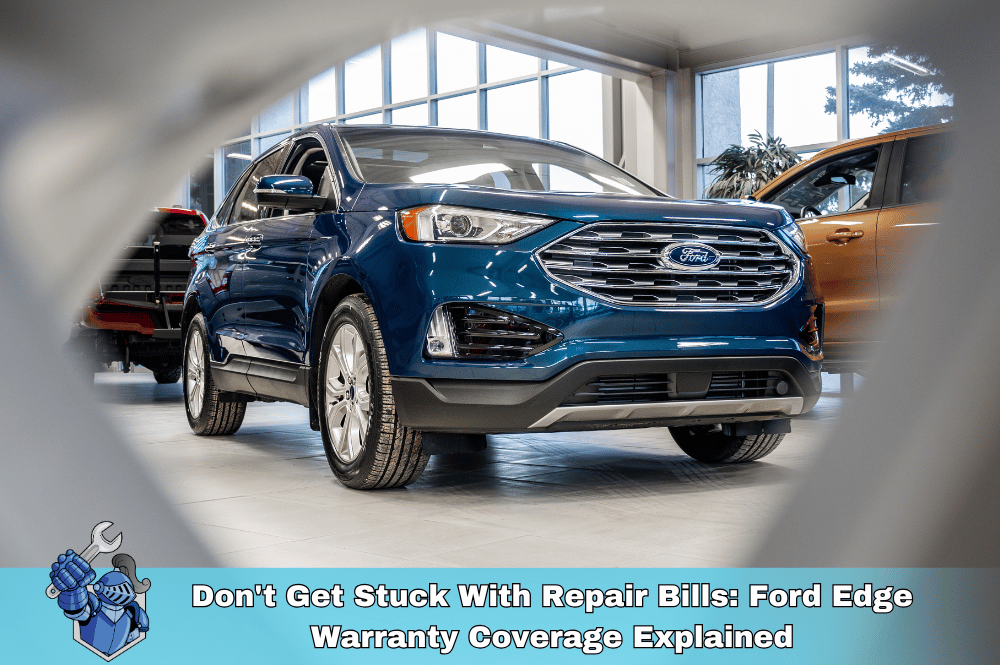 Don’t Get Stuck With Repair Bills: Ford Edge Warranty Coverage Explained
Don’t Get Stuck With Repair Bills: Ford Edge Warranty Coverage Explained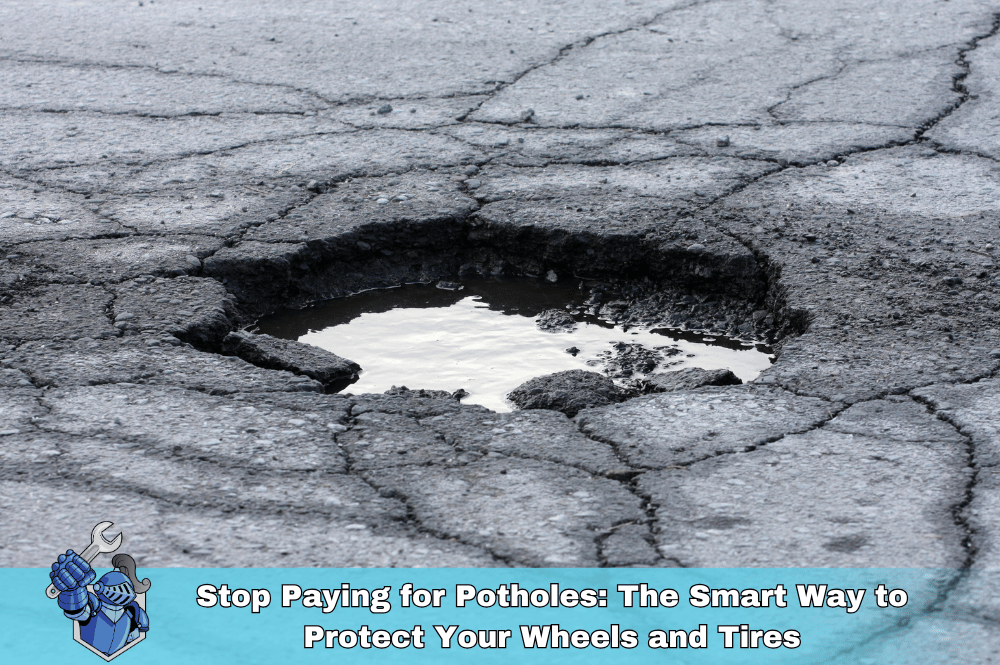 Stop Paying for Potholes: The Smart Way to Protect Your Wheels and Tires
Stop Paying for Potholes: The Smart Way to Protect Your Wheels and Tires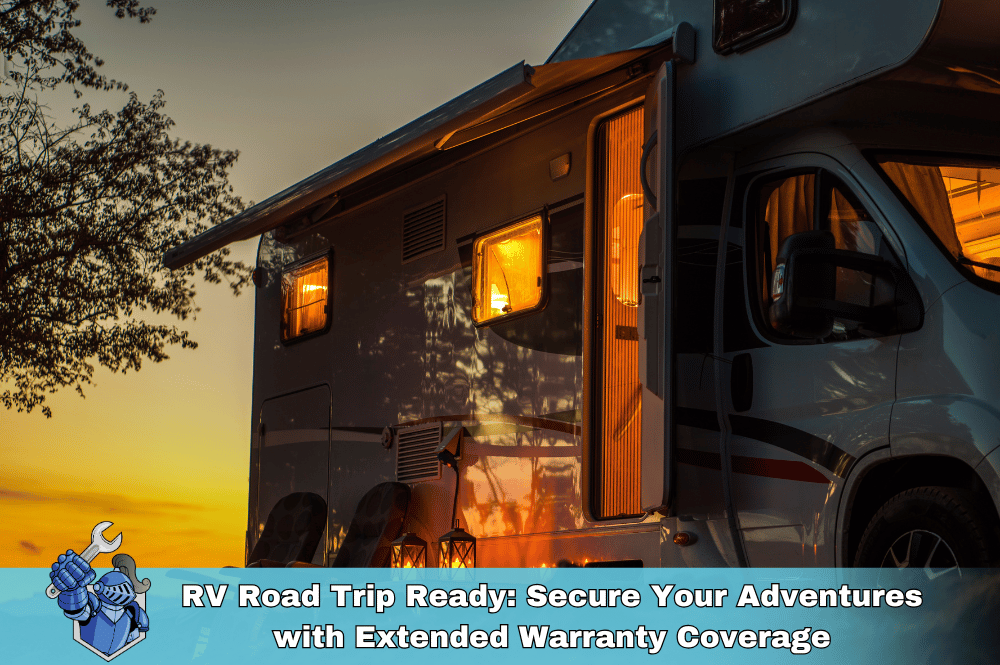 RV Road Trip Ready: Secure Your Adventures with Extended Warranty Coverage
RV Road Trip Ready: Secure Your Adventures with Extended Warranty Coverage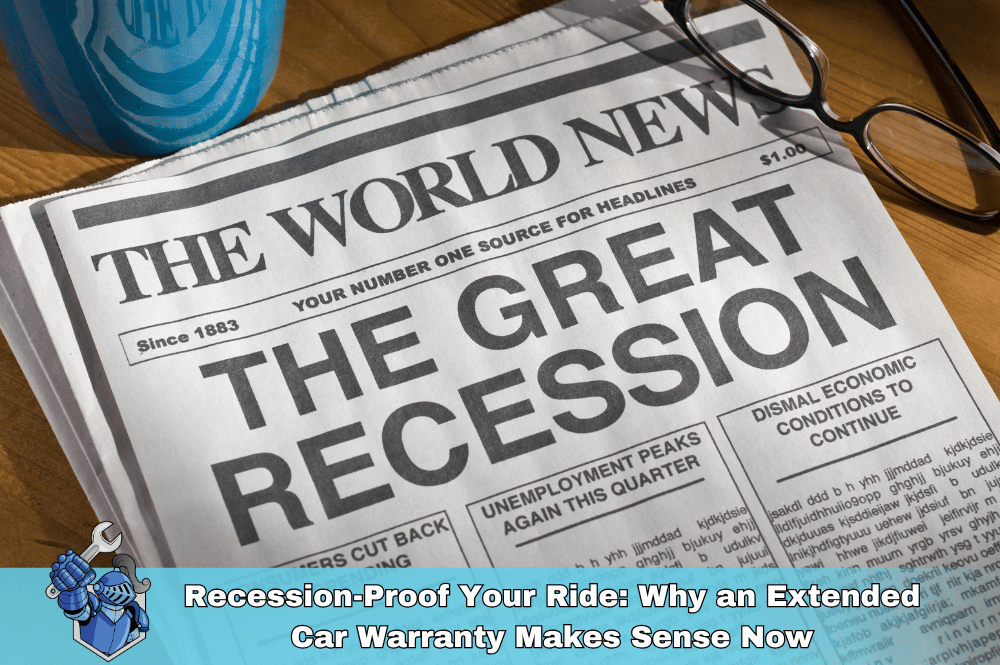 Recession-Proof Your Ride: Why an Extended Car Warranty Makes Sense Now
Recession-Proof Your Ride: Why an Extended Car Warranty Makes Sense Now What is a Home Warranty and Do You Need One?
What is a Home Warranty and Do You Need One?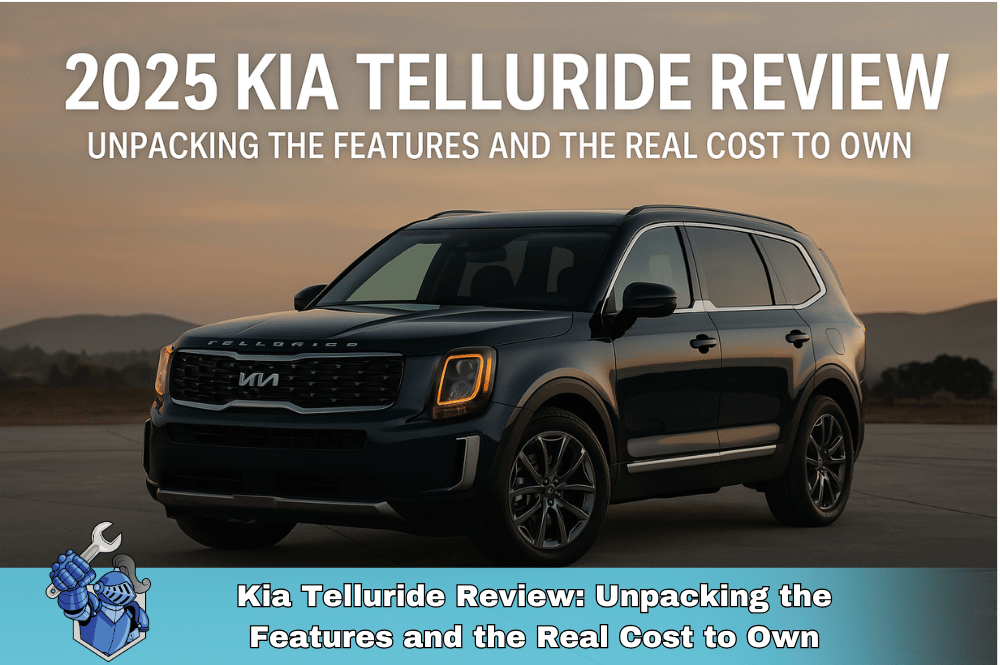 Kia Telluride Review: Unpacking the Features and the Real Cost to Own
Kia Telluride Review: Unpacking the Features and the Real Cost to Own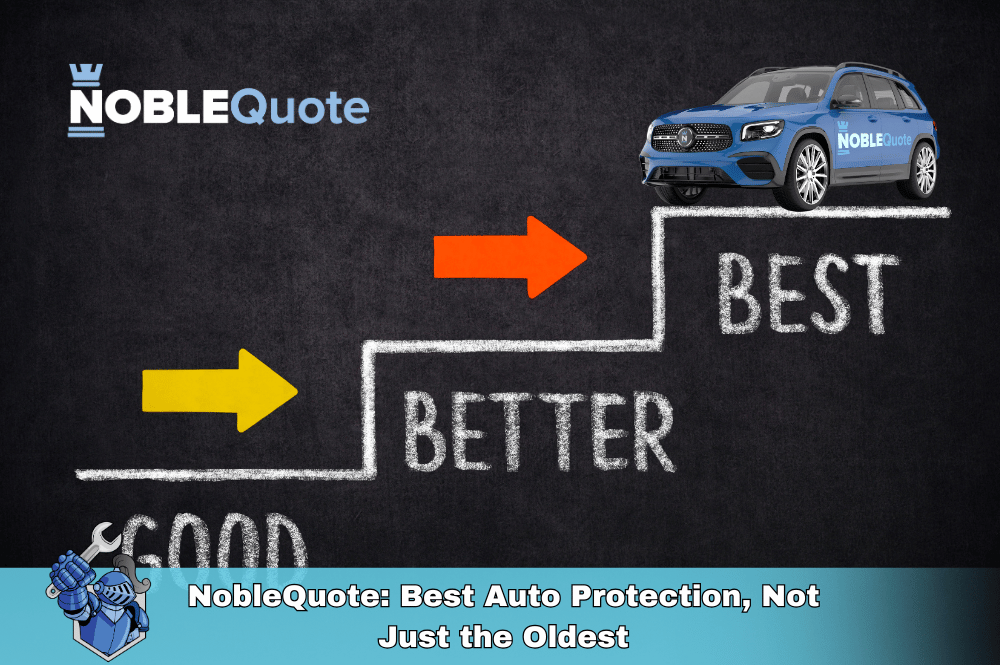 NobleQuote: Best Auto Protection, Not Just the Oldest
NobleQuote: Best Auto Protection, Not Just the Oldest Decoding Your Wallet: The Benefits of Using Cash and Credit Wisely
Decoding Your Wallet: The Benefits of Using Cash and Credit Wisely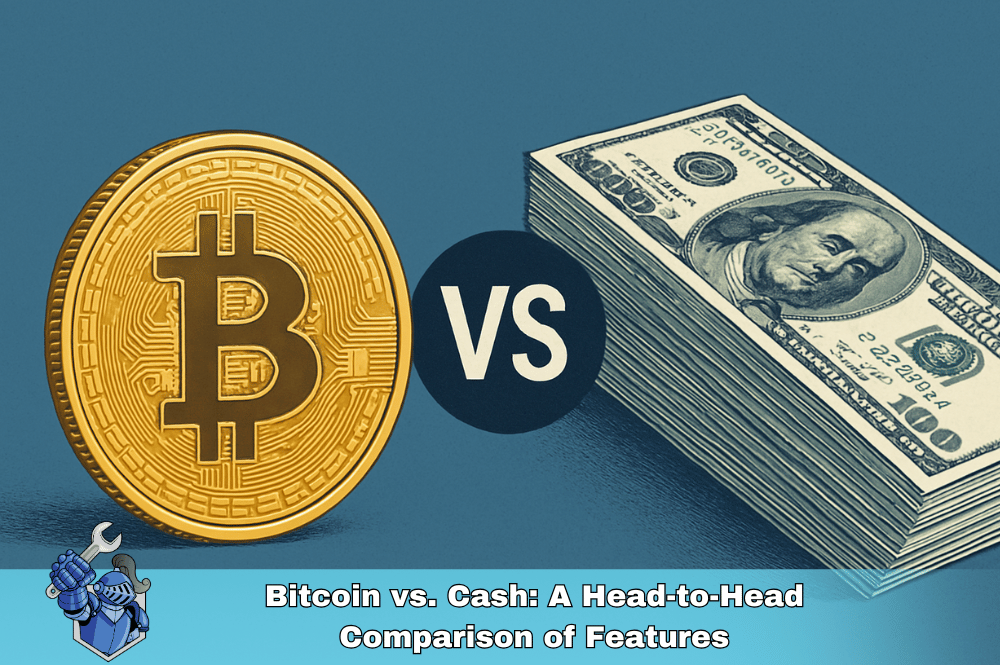 Bitcoin vs. Cash: A Head-to-Head Comparison of Features
Bitcoin vs. Cash: A Head-to-Head Comparison of Features Beyond the Hype: A Realistic Look at Hyundai Ioniq 5 Ownership Costs and Performance
Beyond the Hype: A Realistic Look at Hyundai Ioniq 5 Ownership Costs and Performance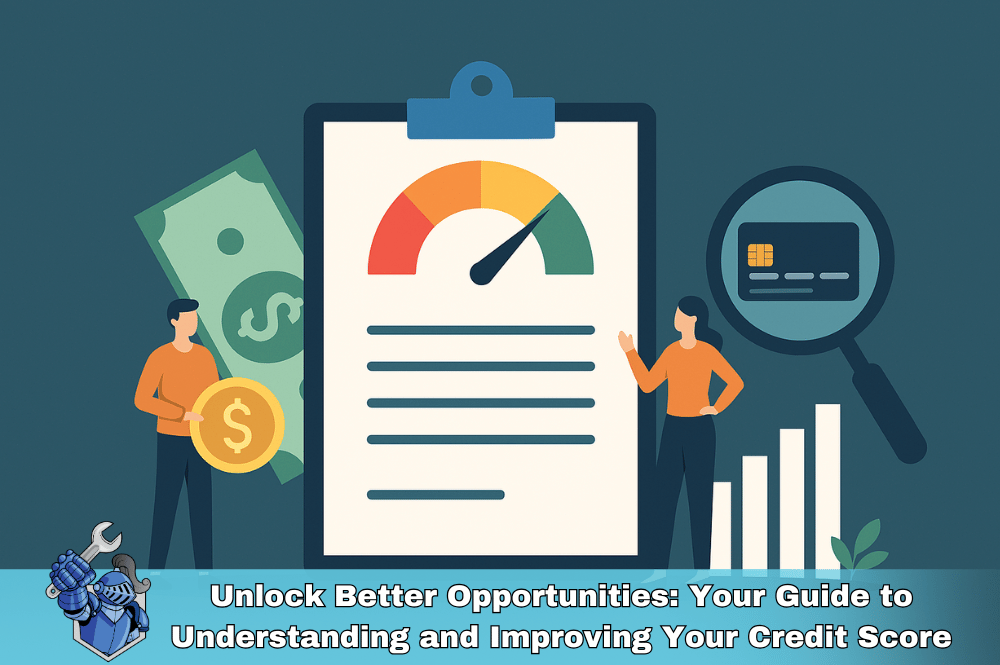 Unlock Better Opportunities: Your Guide to Understanding and Improving Your Credit Score
Unlock Better Opportunities: Your Guide to Understanding and Improving Your Credit Score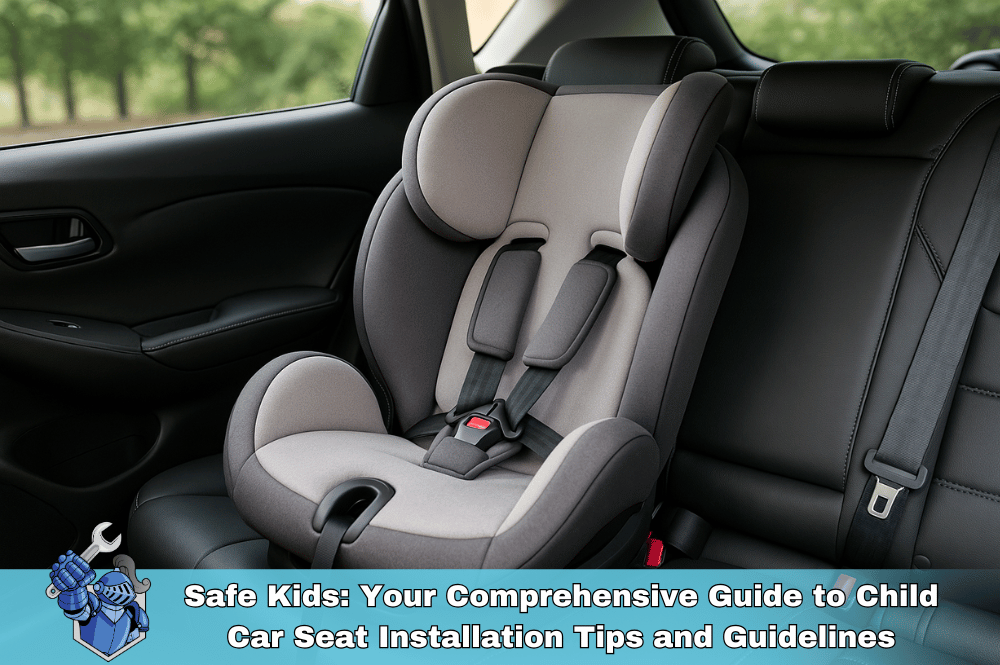 Safe Kids: Your Comprehensive Guide to Child Car Seat Installation Tips and Guidelines
Safe Kids: Your Comprehensive Guide to Child Car Seat Installation Tips and Guidelines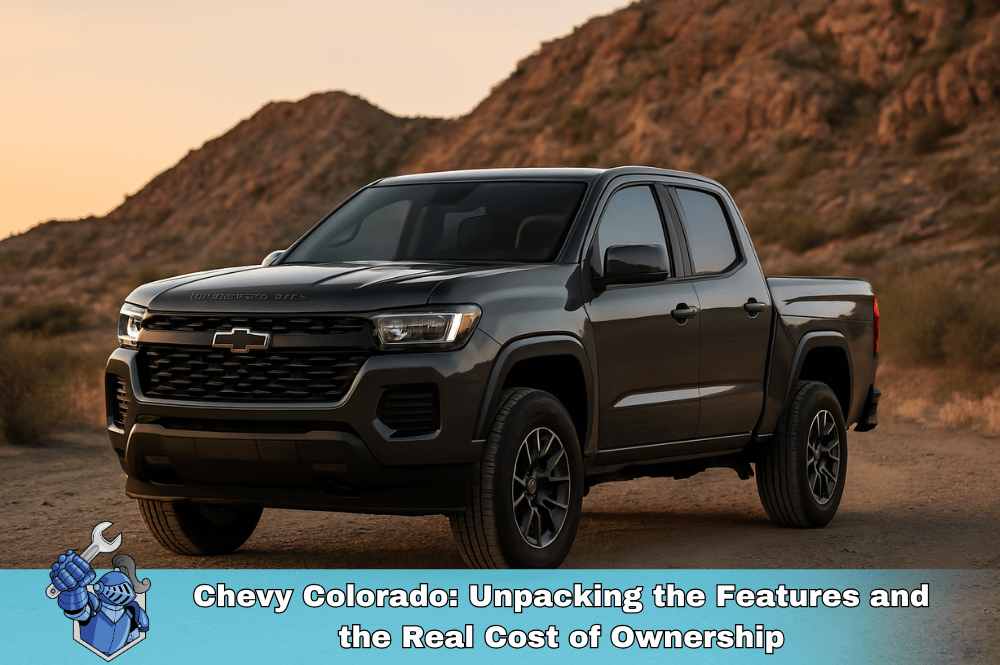 Chevy Colorado: Unpacking the Features and the Real Cost of Ownership
Chevy Colorado: Unpacking the Features and the Real Cost of Ownership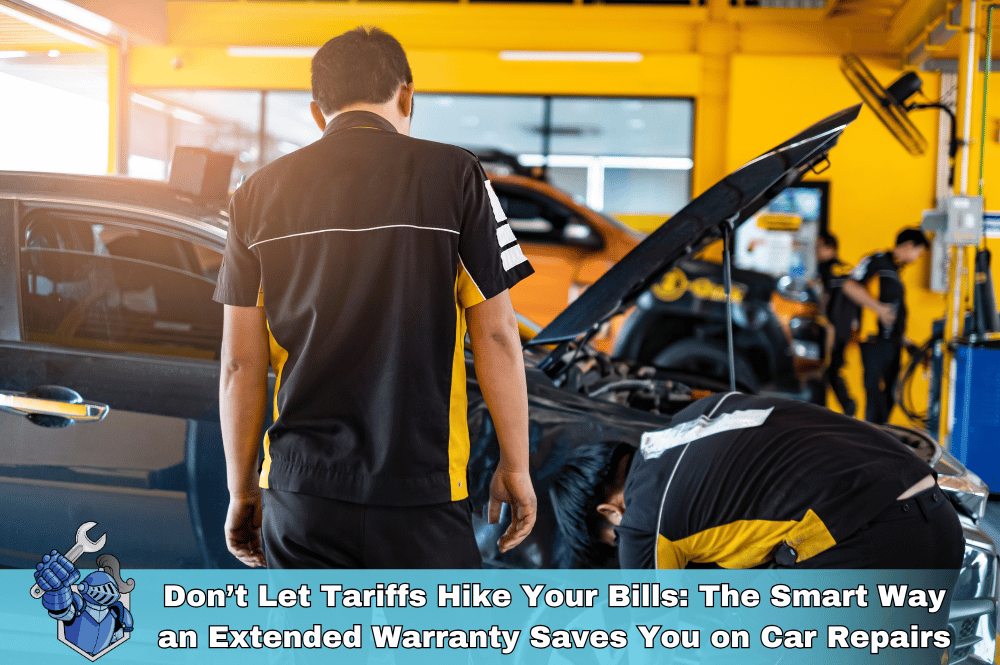 Don’t Let Tariffs Hike Your Bills: The Smart Way an Extended Warranty Saves You on Car Repairs
Don’t Let Tariffs Hike Your Bills: The Smart Way an Extended Warranty Saves You on Car Repairs Drive Smart, Save Smarter: Your Guide to Budgeting for Car Care
Drive Smart, Save Smarter: Your Guide to Budgeting for Car Care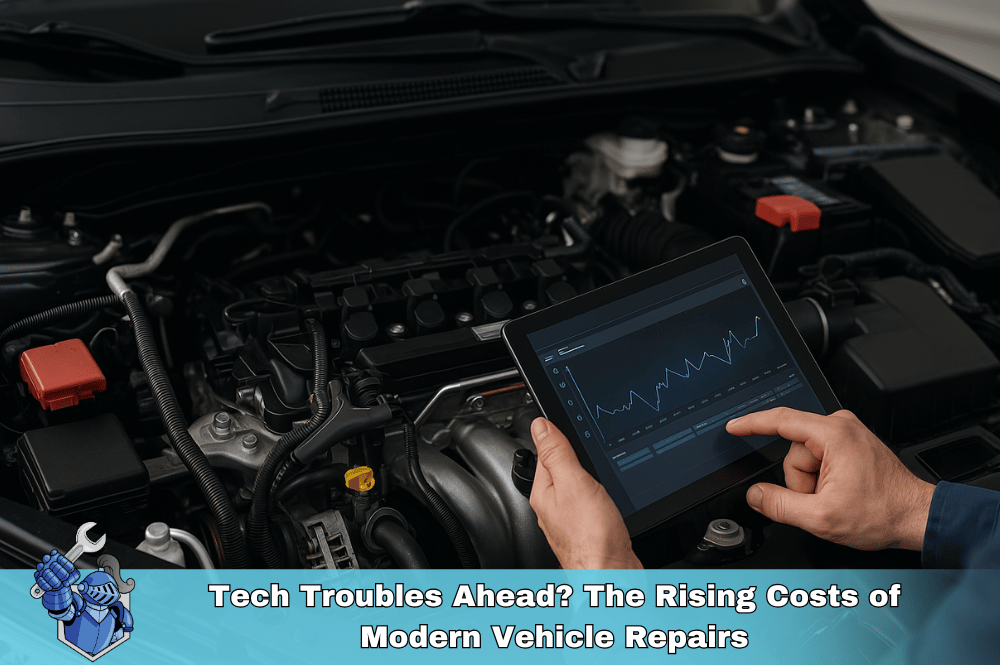 Tech Troubles Ahead? The Rising Costs of Modern Vehicle Repairs
Tech Troubles Ahead? The Rising Costs of Modern Vehicle Repairs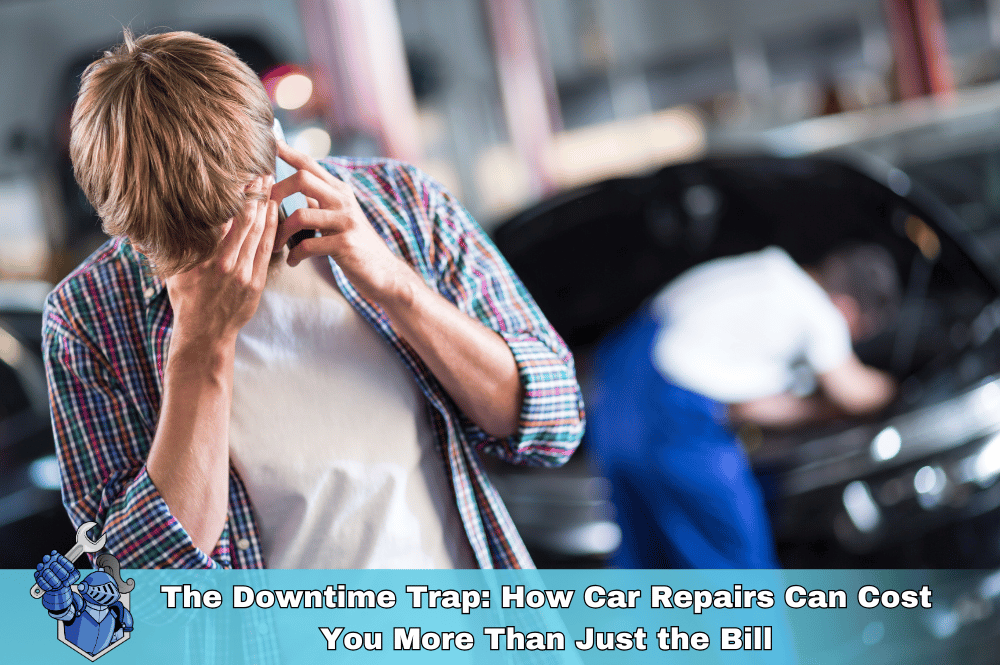 The Downtime Trap: How Car Repairs Can Cost You More Than Just the Bill
The Downtime Trap: How Car Repairs Can Cost You More Than Just the Bill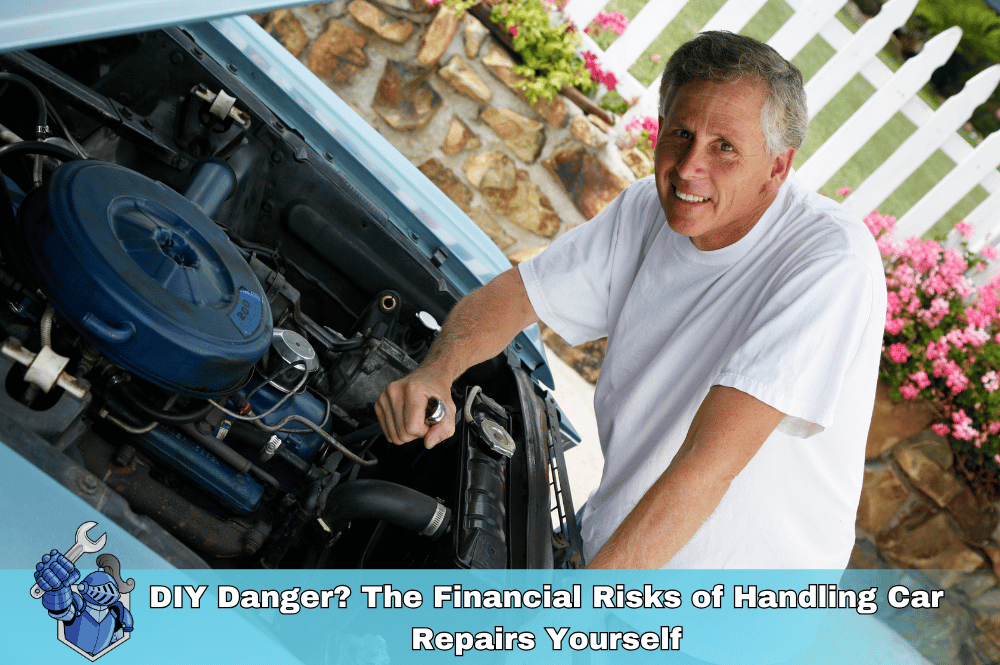 DIY Danger? The Financial Risks of Handling Car Repairs Yourself
DIY Danger? The Financial Risks of Handling Car Repairs Yourself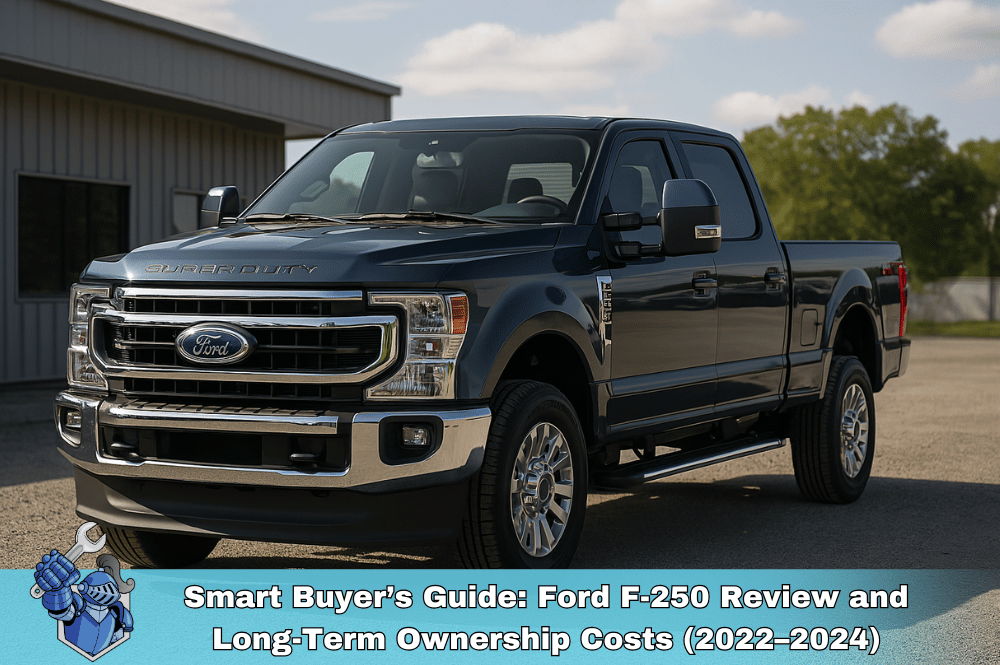 Smart Buyer’s Guide: Ford F-250 Review and Long-Term Ownership Costs (2022–2024)
Smart Buyer’s Guide: Ford F-250 Review and Long-Term Ownership Costs (2022–2024)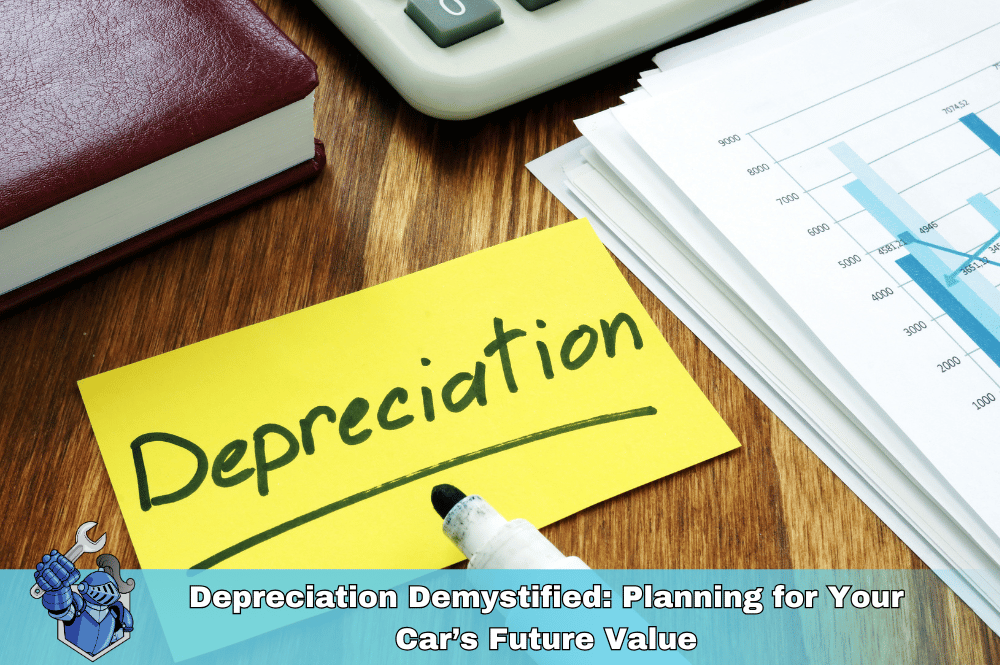 Depreciation Demystified: Planning for Your Car’s Future Value
Depreciation Demystified: Planning for Your Car’s Future Value New vs. Used: A Financial Showdown for Your Next Vehicle
New vs. Used: A Financial Showdown for Your Next Vehicle Blockchain Basics: The Technology Behind Cryptocurrencies
Blockchain Basics: The Technology Behind Cryptocurrencies Beyond Self-Driving: OpenAI and the Next Generation of Automotive Intelligence
Beyond Self-Driving: OpenAI and the Next Generation of Automotive Intelligence Living with a Legend: The Hidden Costs of Dodge Challenger Hellcat Ownership
Living with a Legend: The Hidden Costs of Dodge Challenger Hellcat Ownership The Crypto Long Game: Proven Strategies for Building Generational Wealth
The Crypto Long Game: Proven Strategies for Building Generational Wealth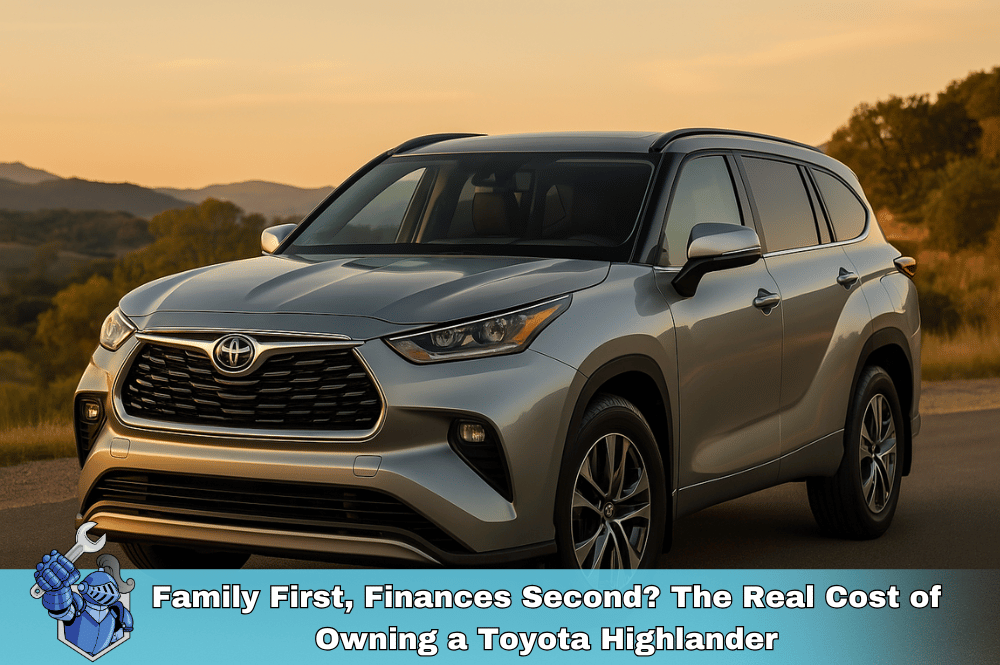 Family First, Finances Second? The Real Cost of Owning a Toyota Highlander
Family First, Finances Second? The Real Cost of Owning a Toyota Highlander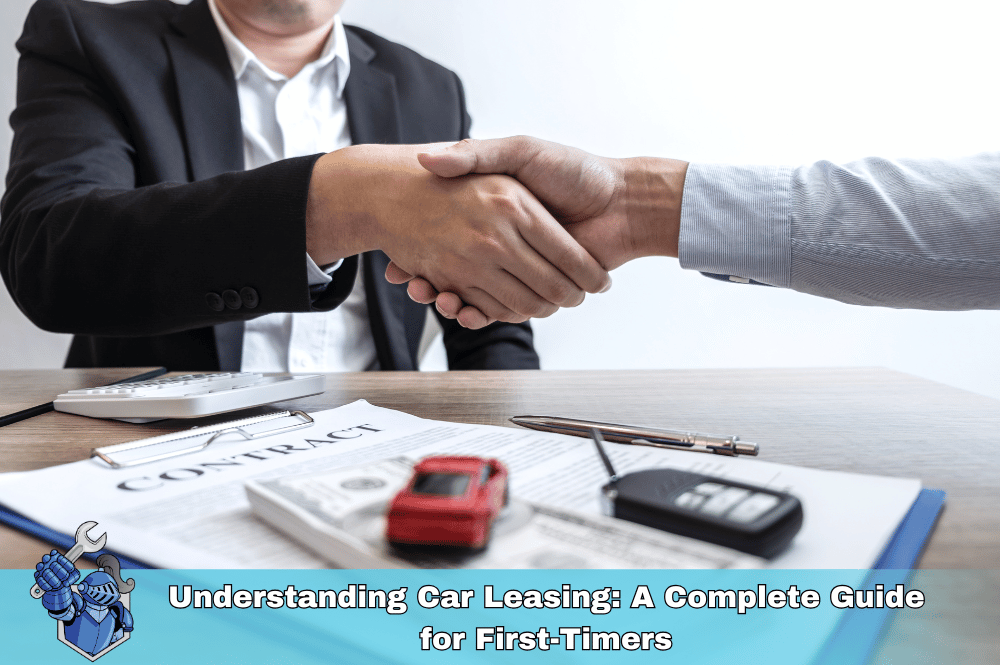 Understanding Car Leasing: A Complete Guide for First-Timers
Understanding Car Leasing: A Complete Guide for First-Timers Drive Away Richer? Credit Card Secrets for Smart Car Buying
Drive Away Richer? Credit Card Secrets for Smart Car Buying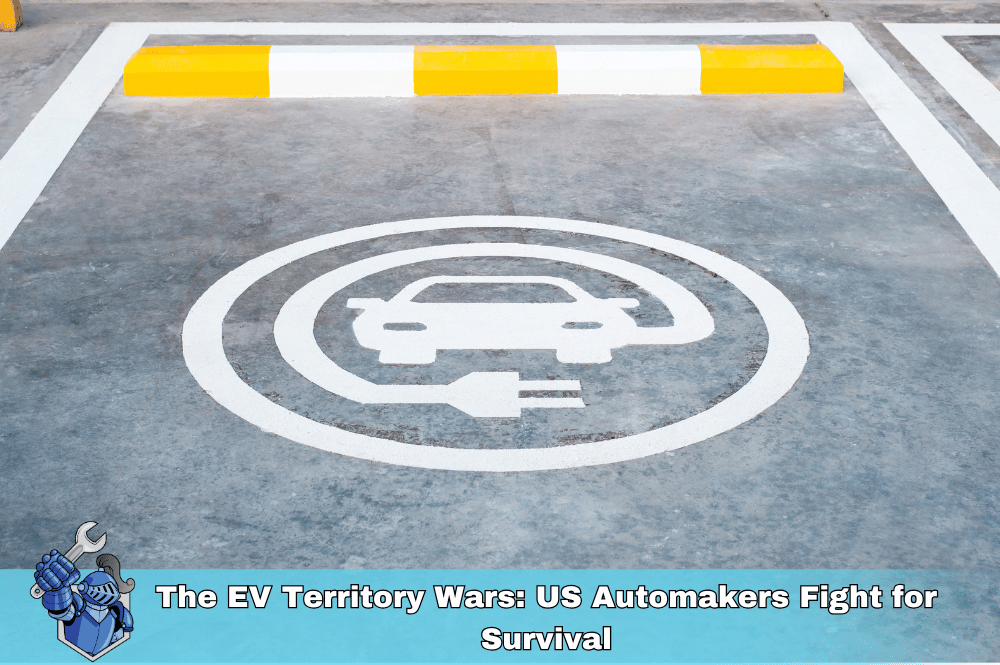 The EV Territory Wars: US Automakers Fight for Survival
The EV Territory Wars: US Automakers Fight for Survival From Solid Axle to Supercar: The Ultimate Guide to Every Corvette Generation (C1–C8)
From Solid Axle to Supercar: The Ultimate Guide to Every Corvette Generation (C1–C8) Hello, Robot Neighbor: The Dawn of Everyday AI and Its Impact
Hello, Robot Neighbor: The Dawn of Everyday AI and Its Impact Beyond the Movie: The Gritty Truth of Ford vs. Ferrari
Beyond the Movie: The Gritty Truth of Ford vs. Ferrari